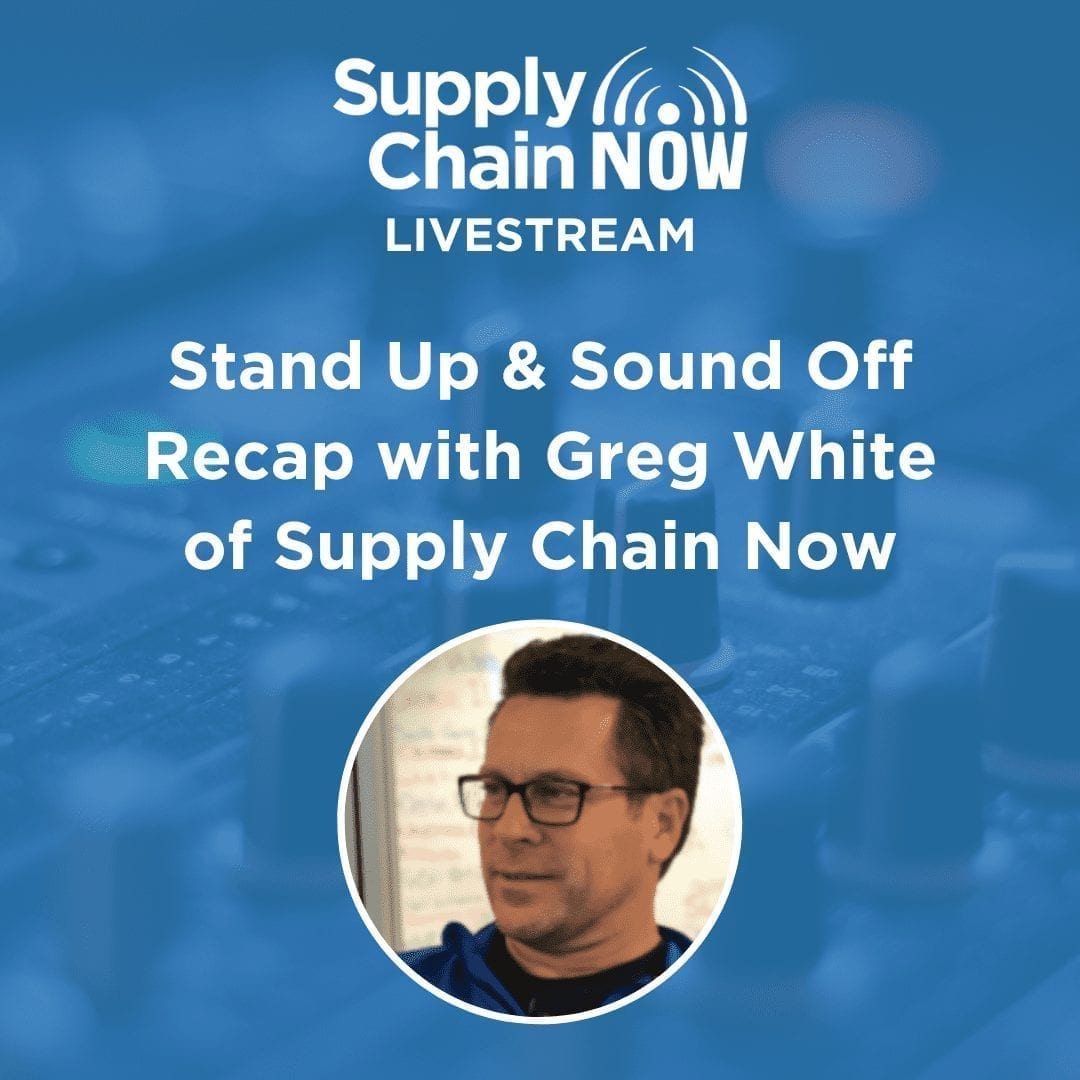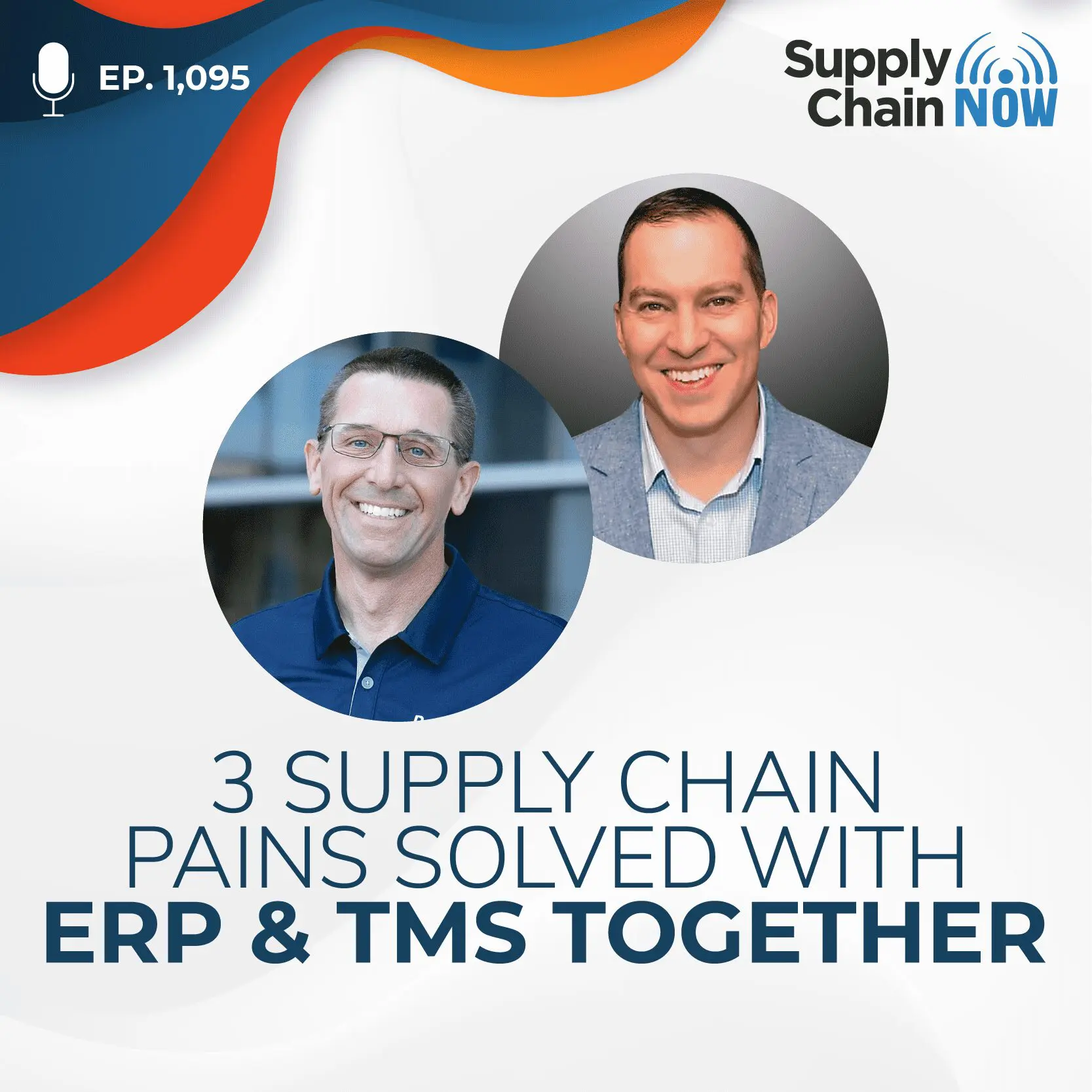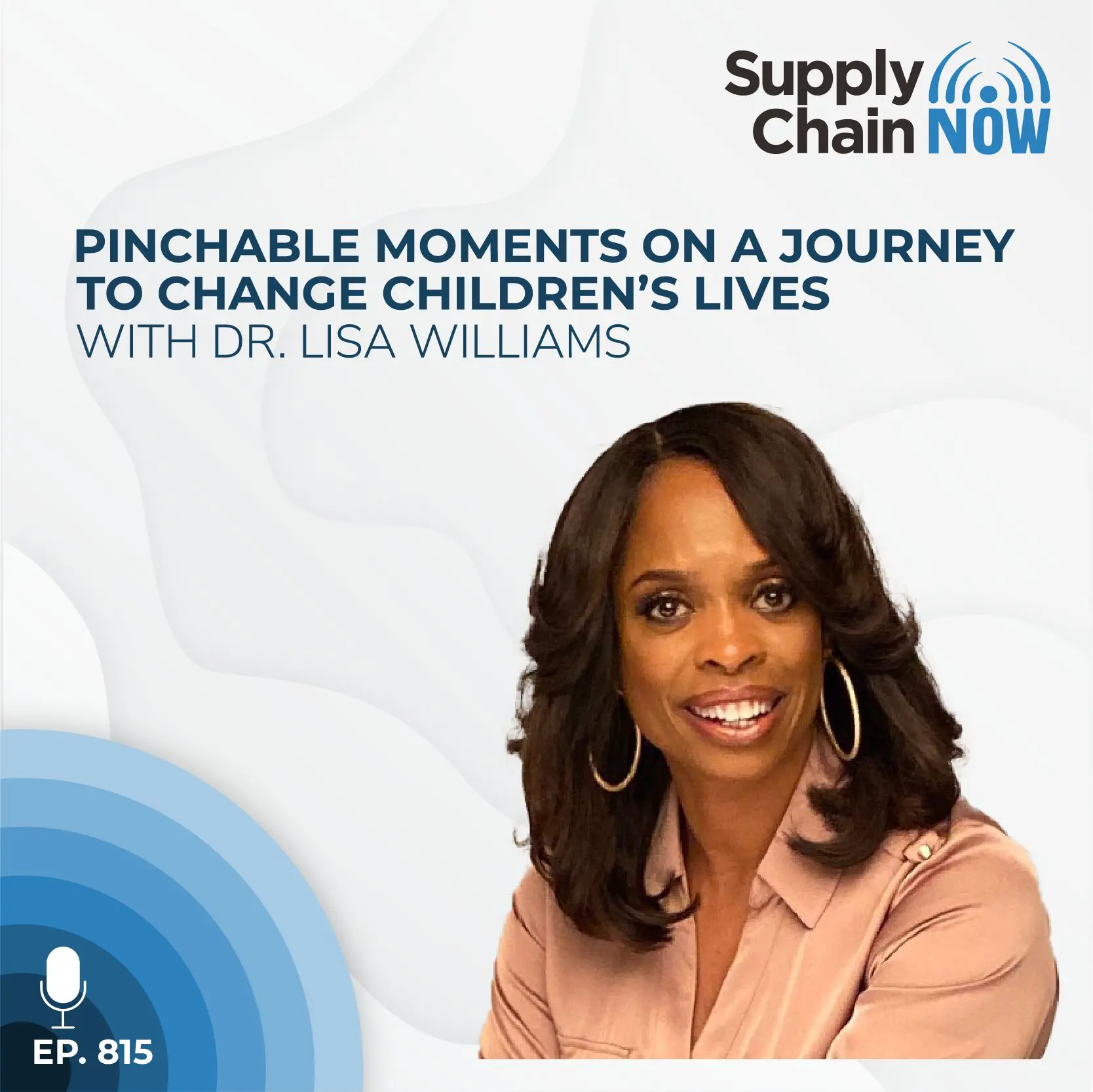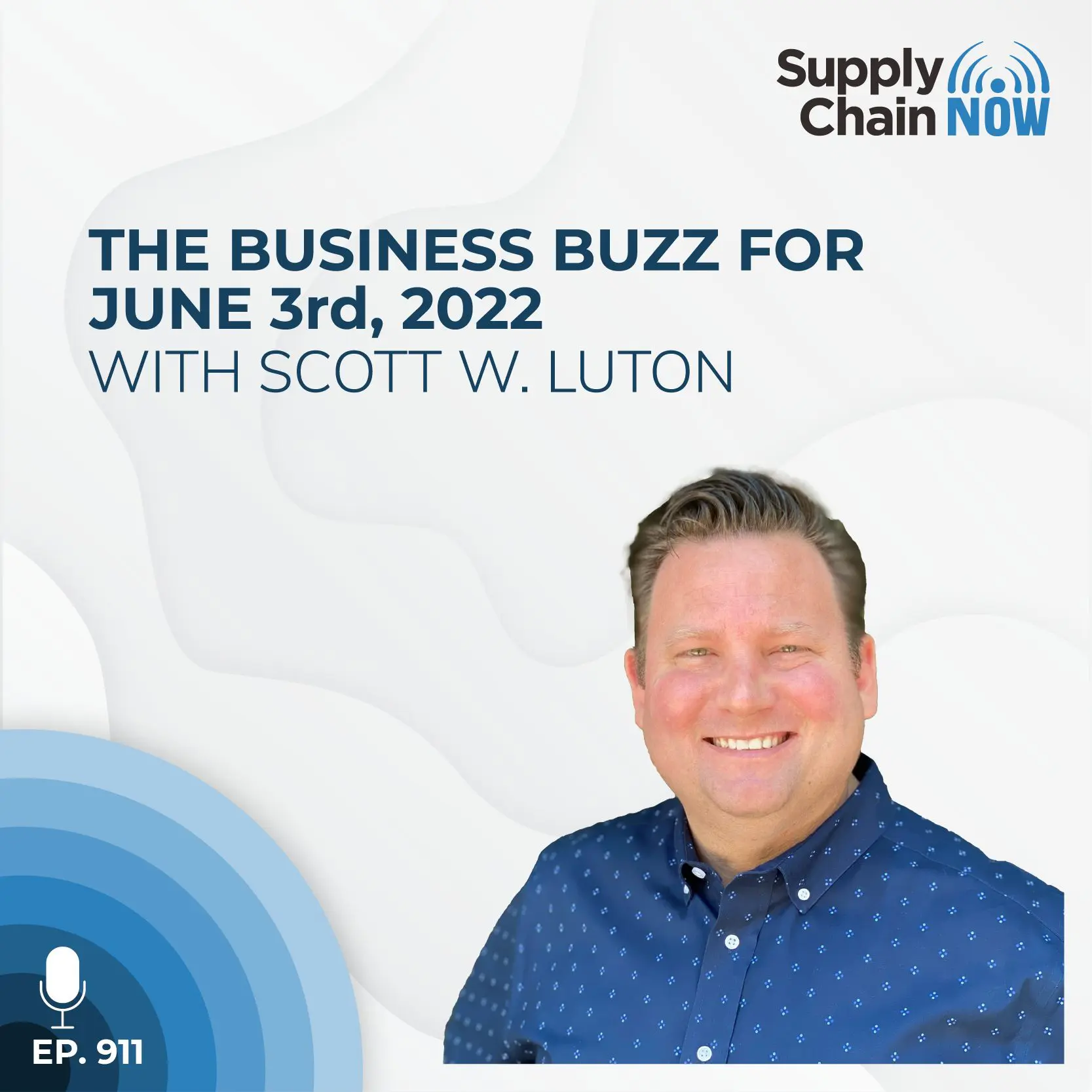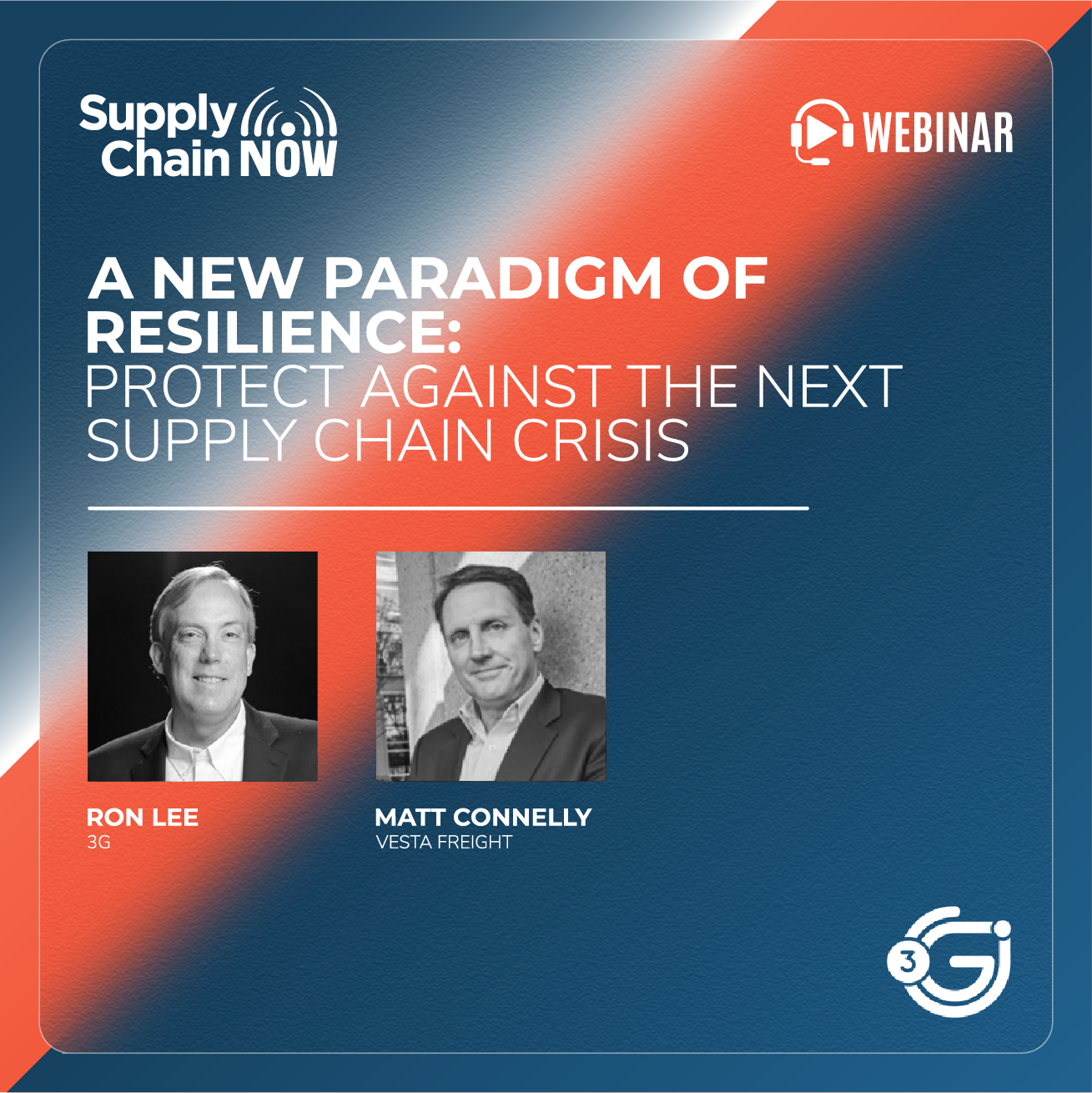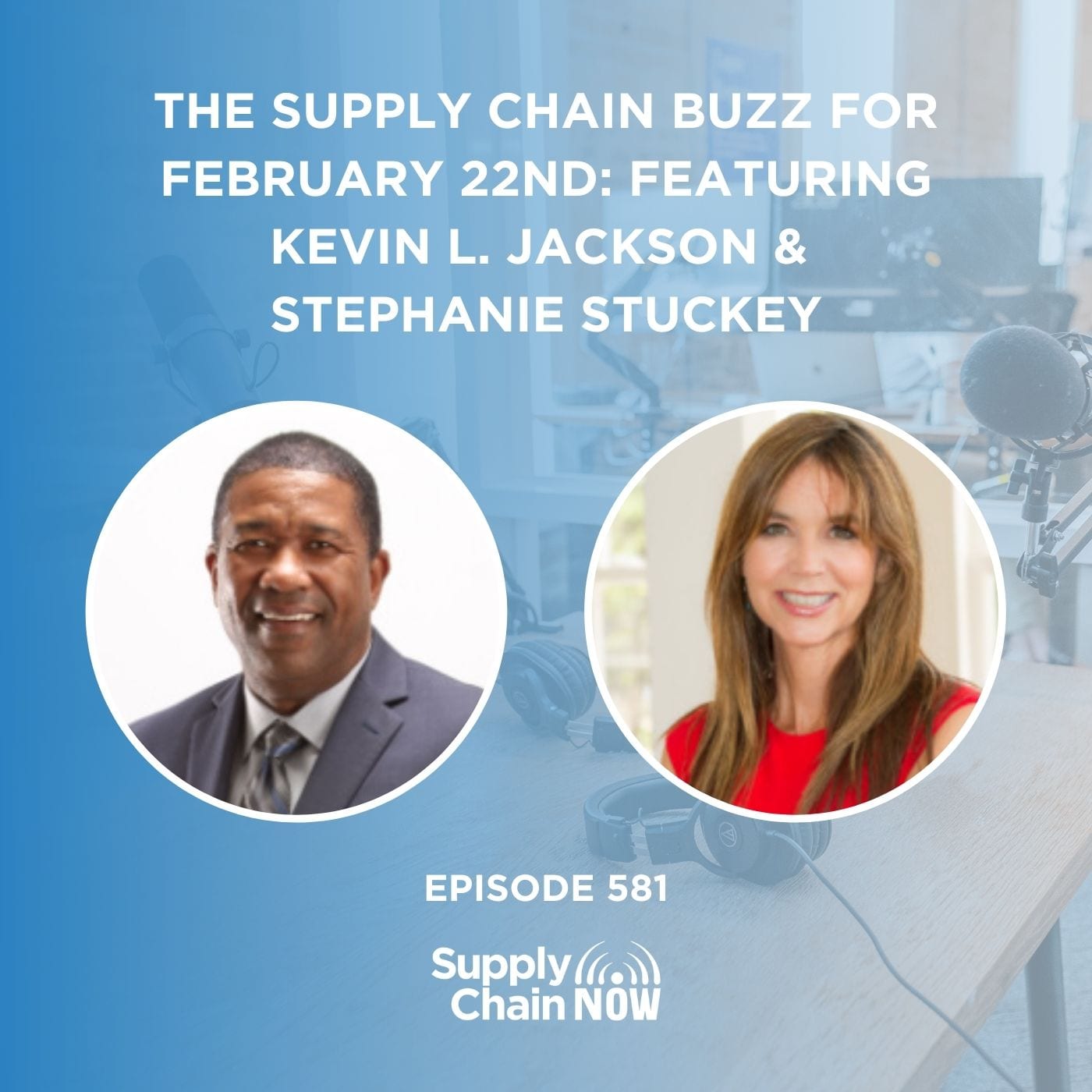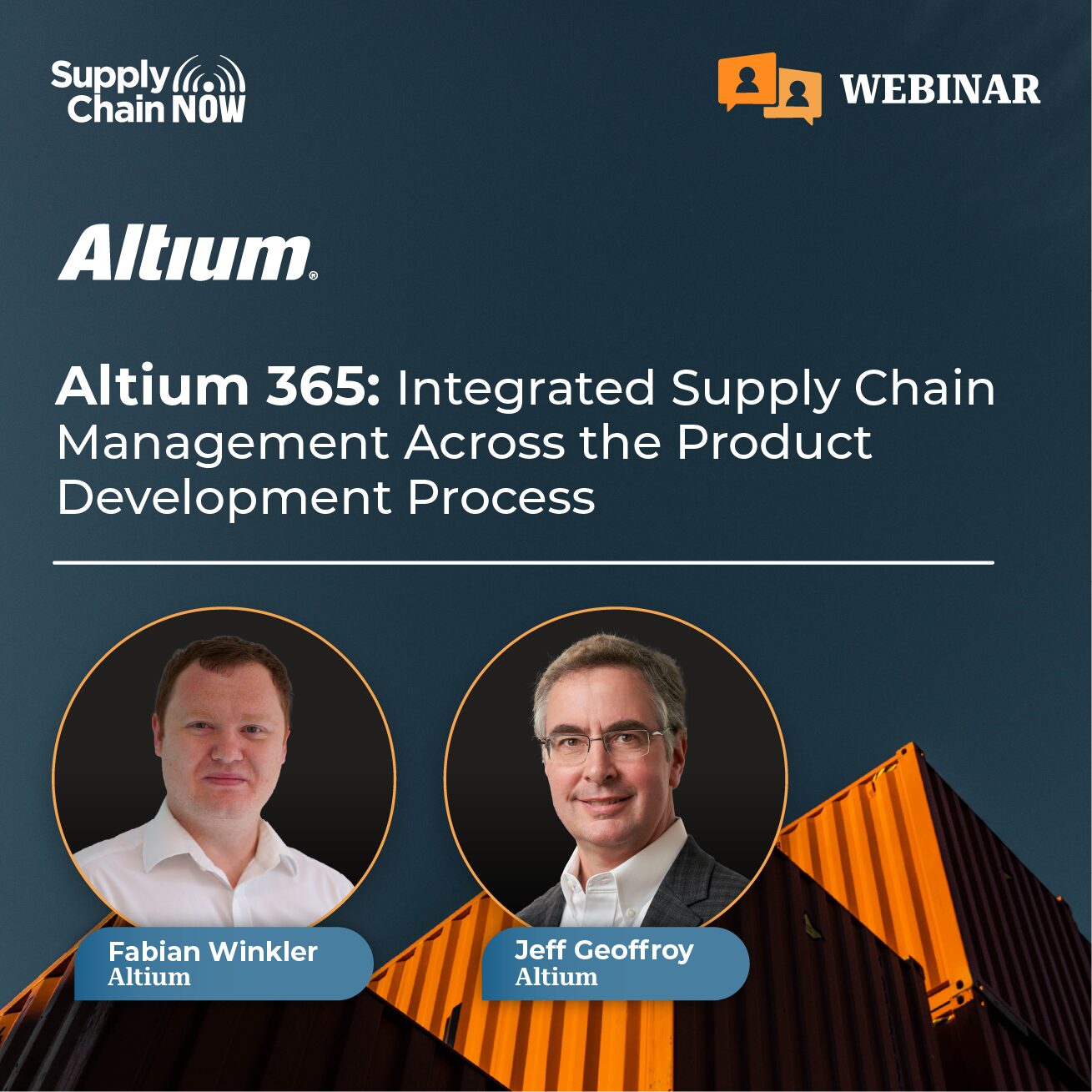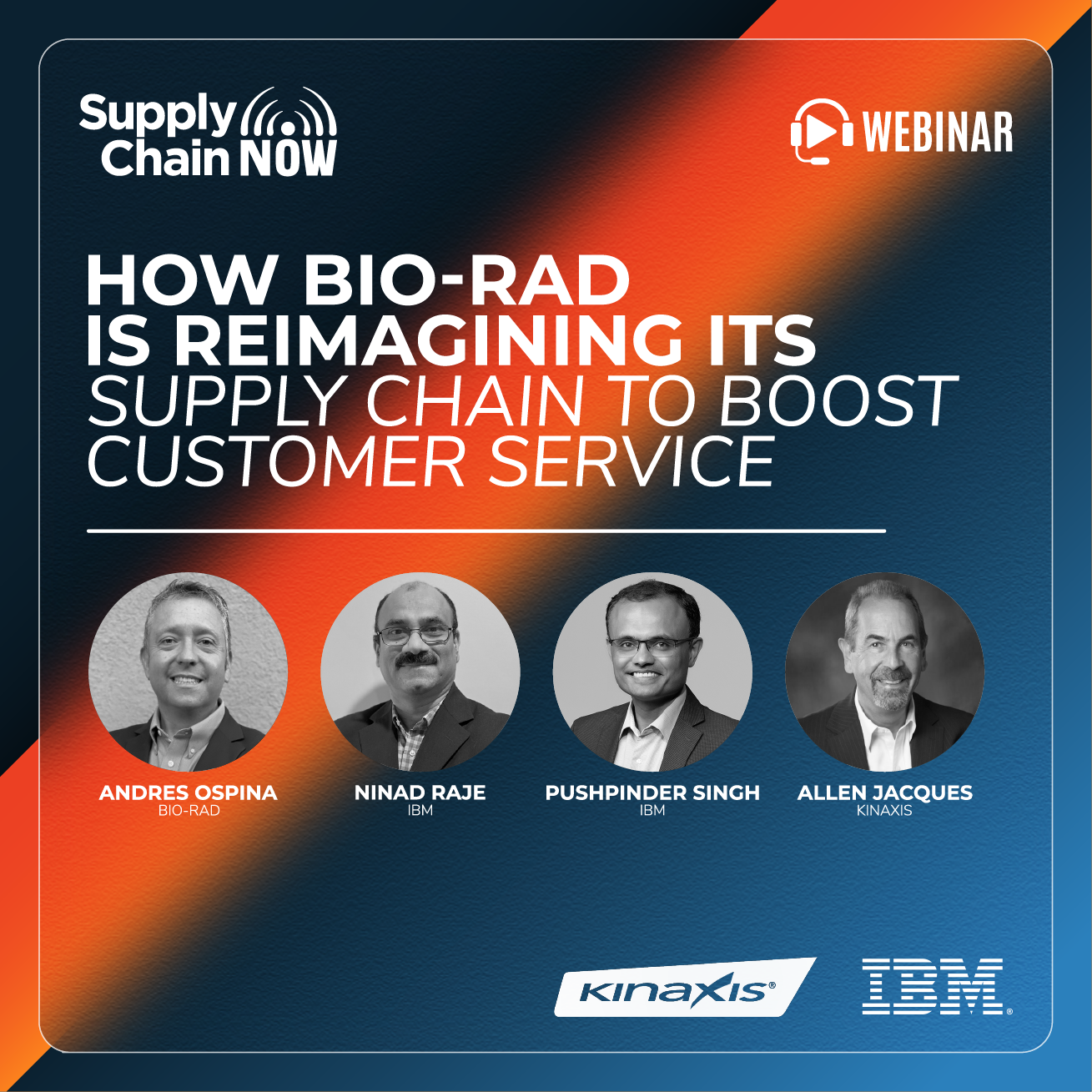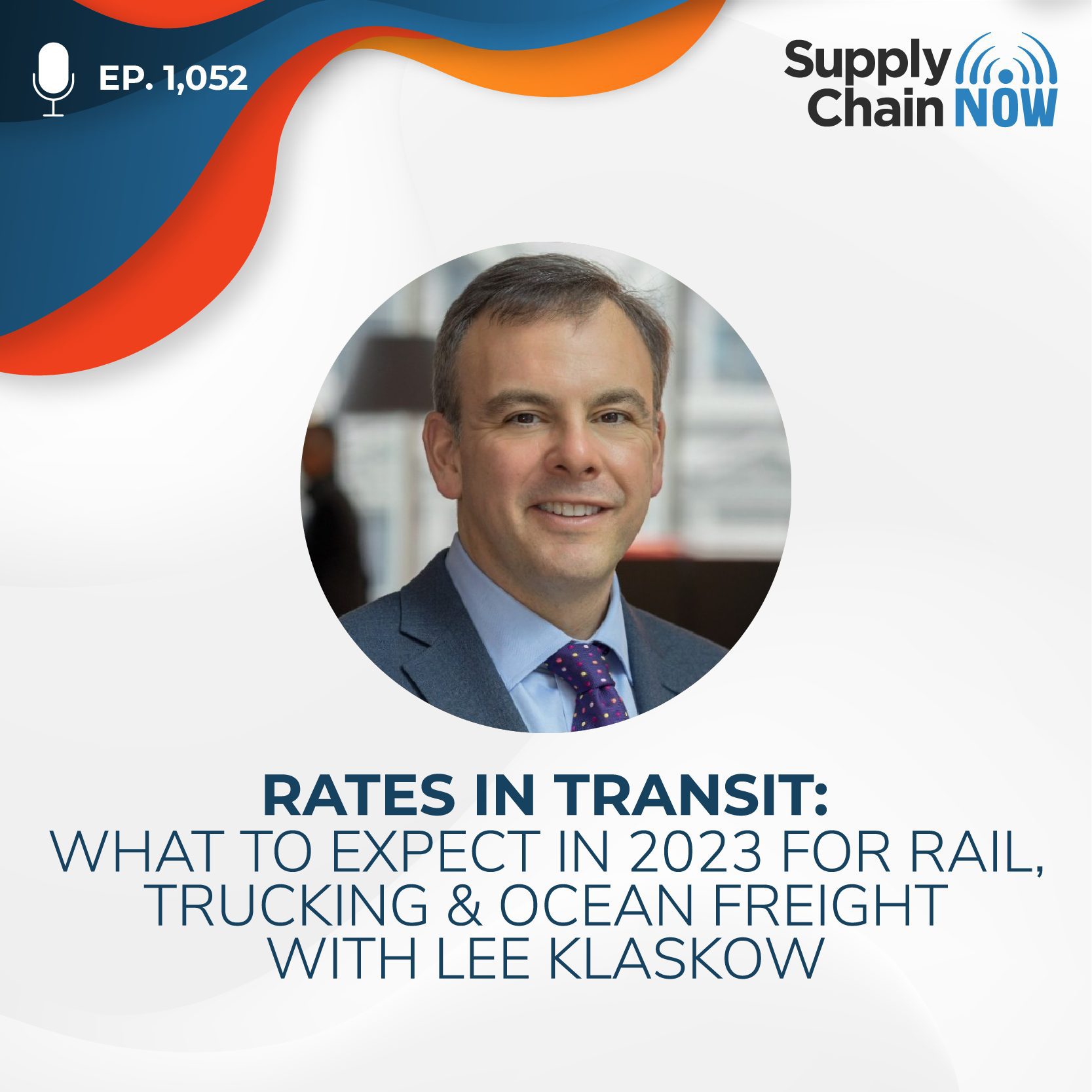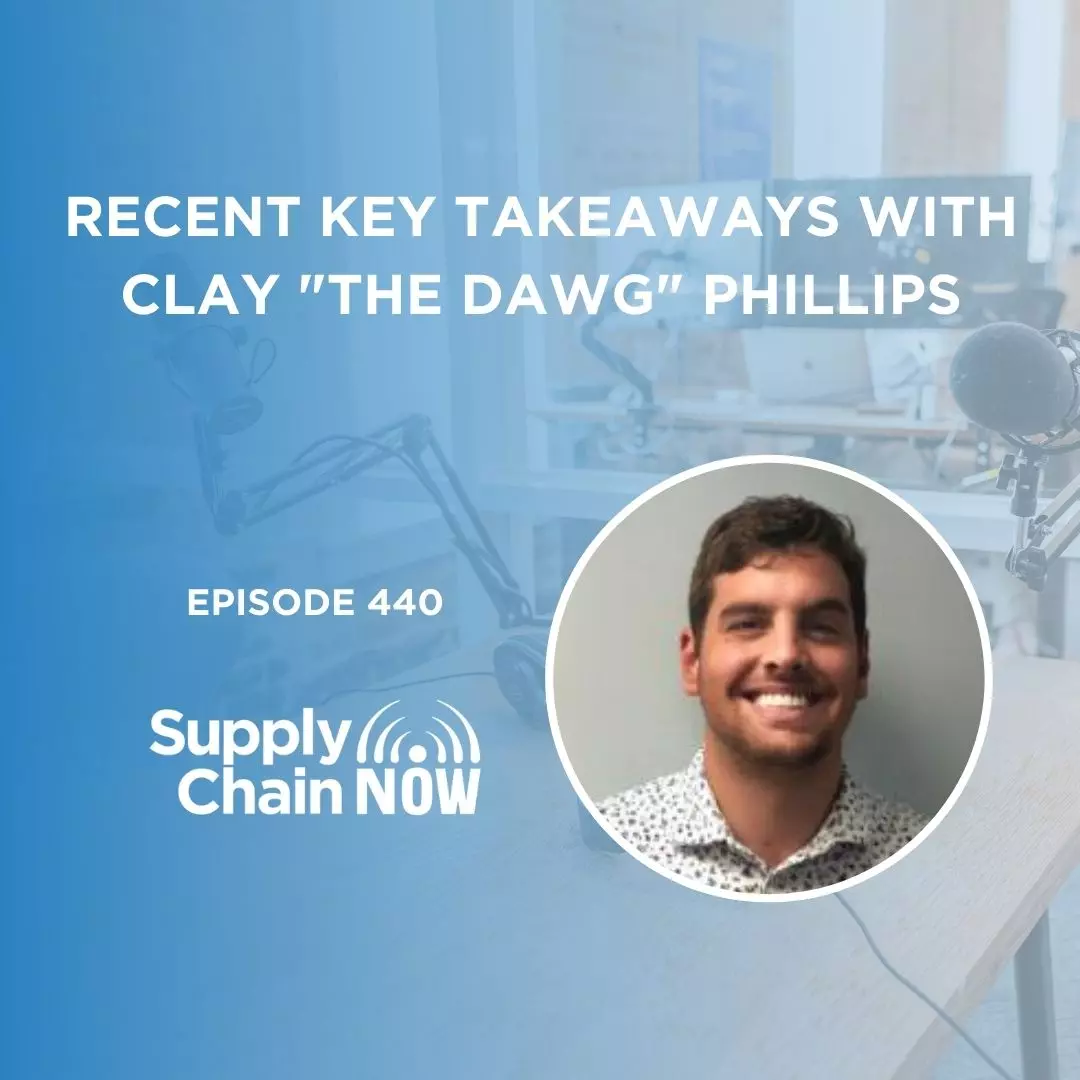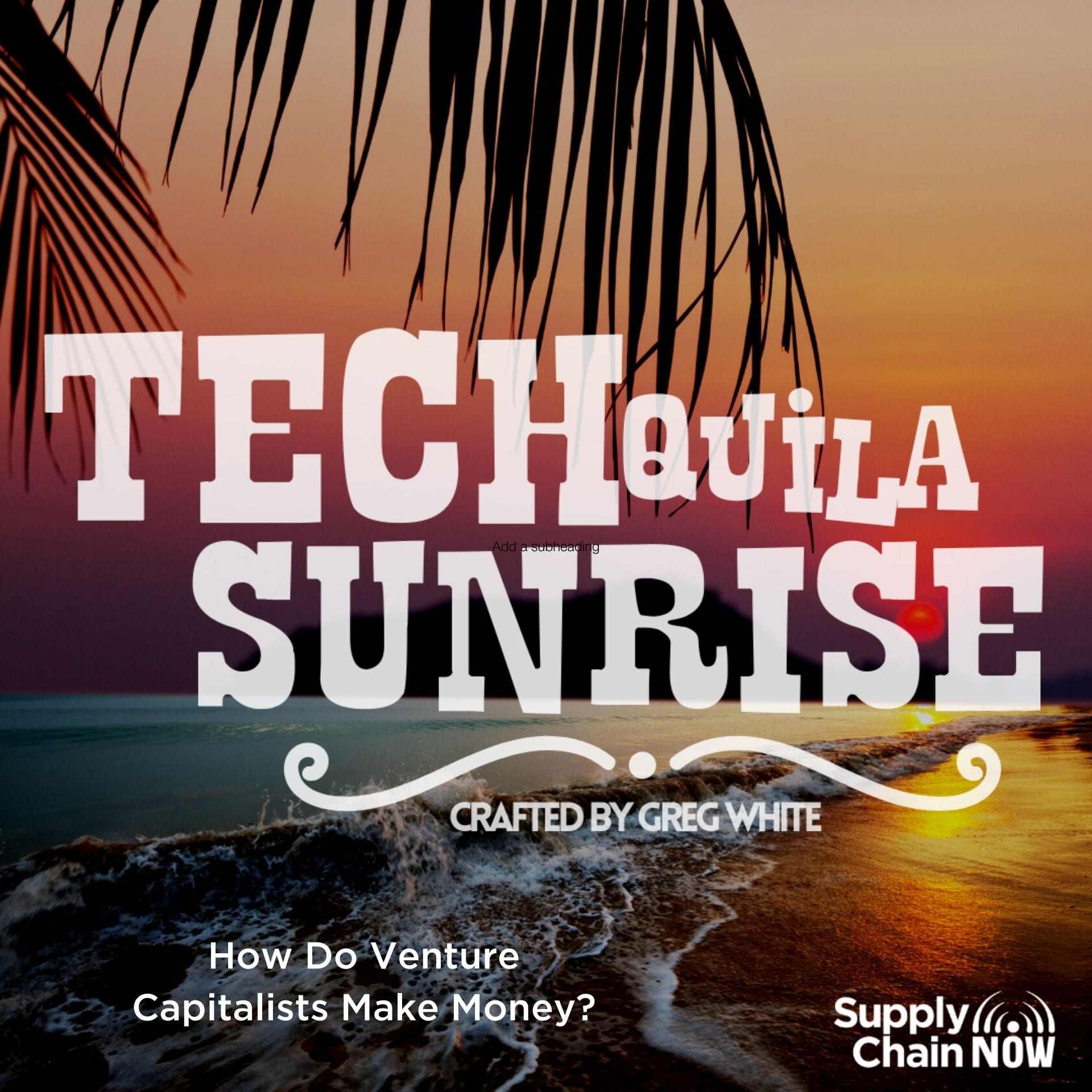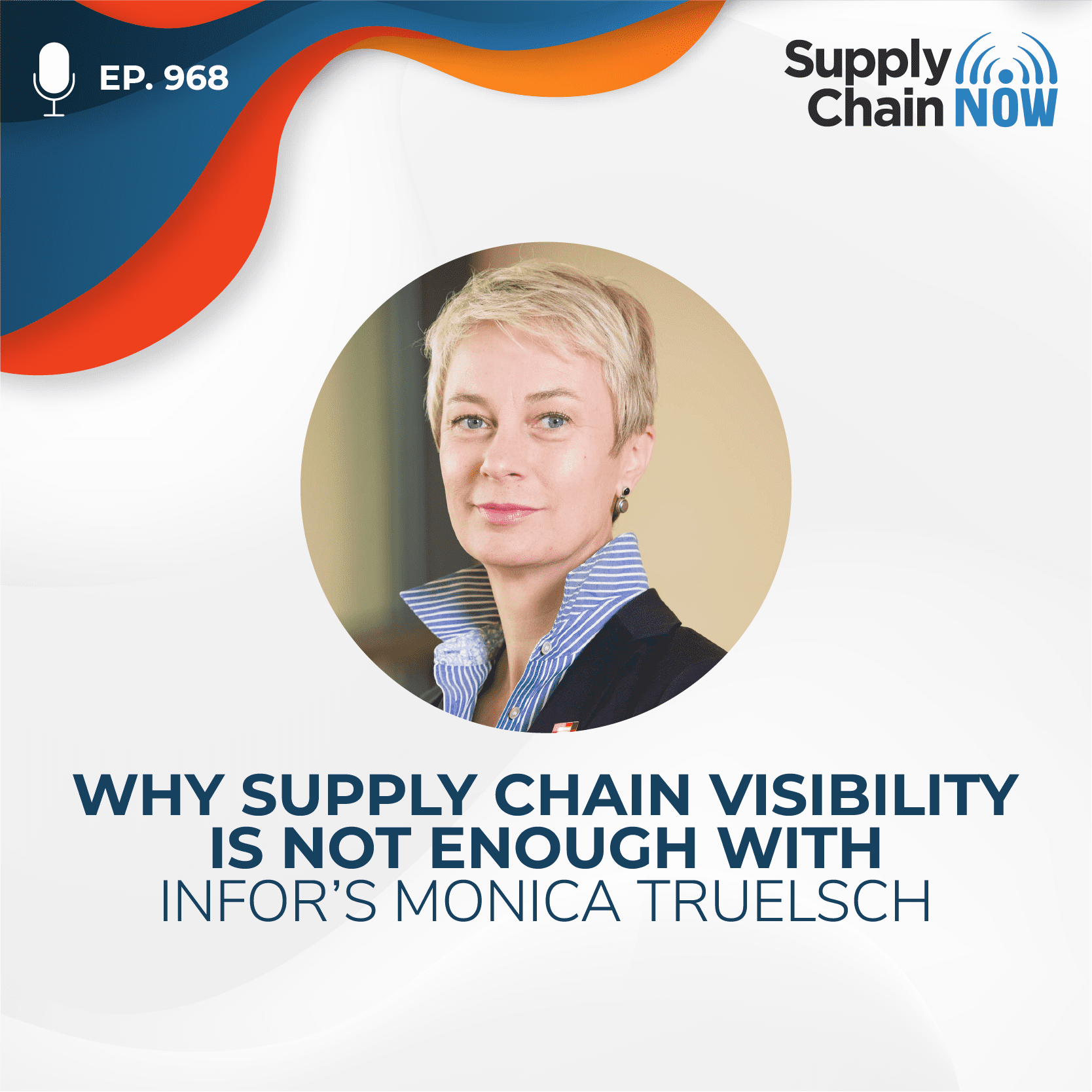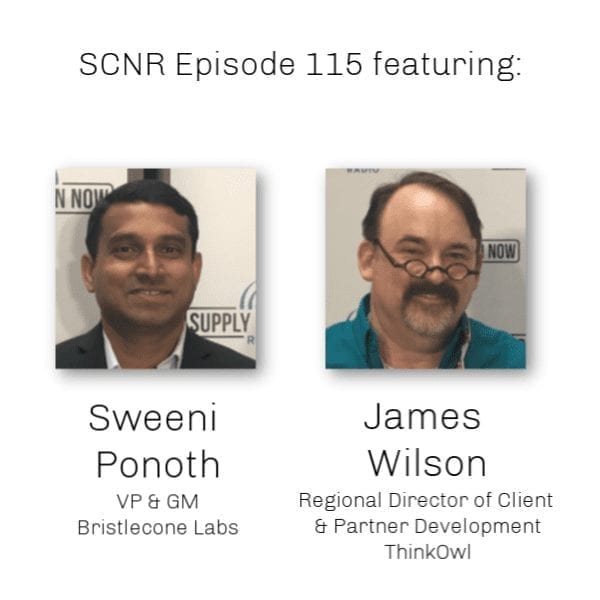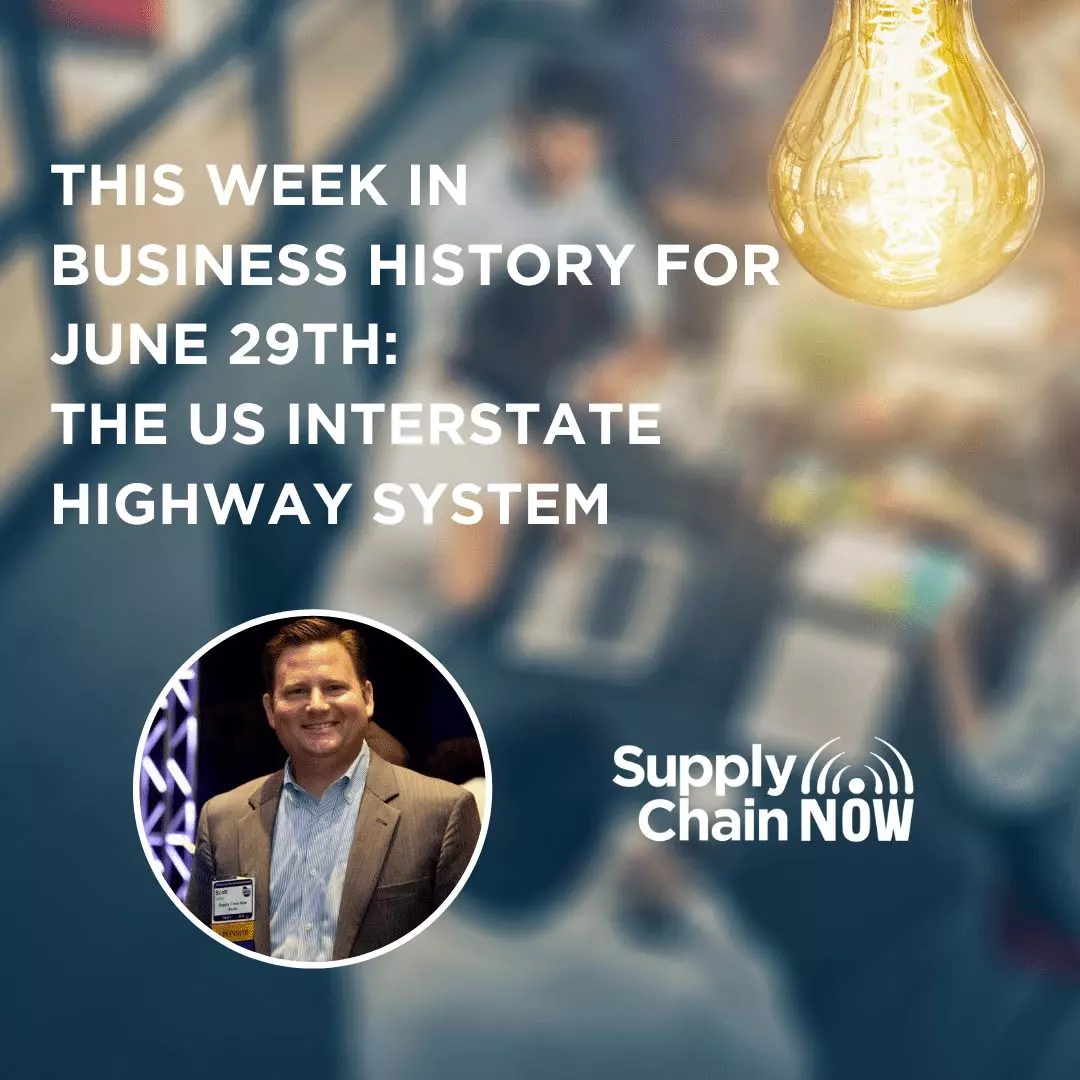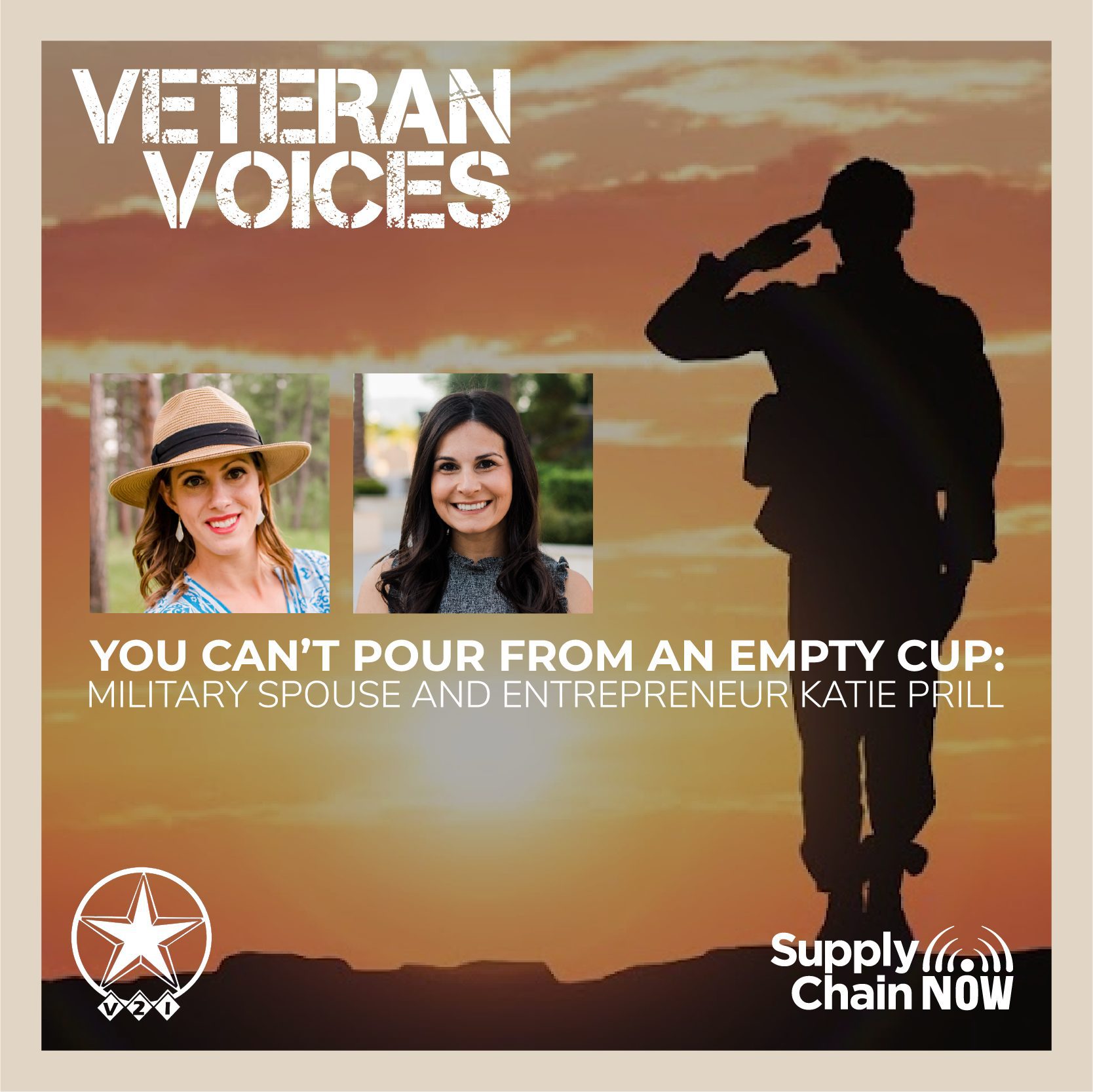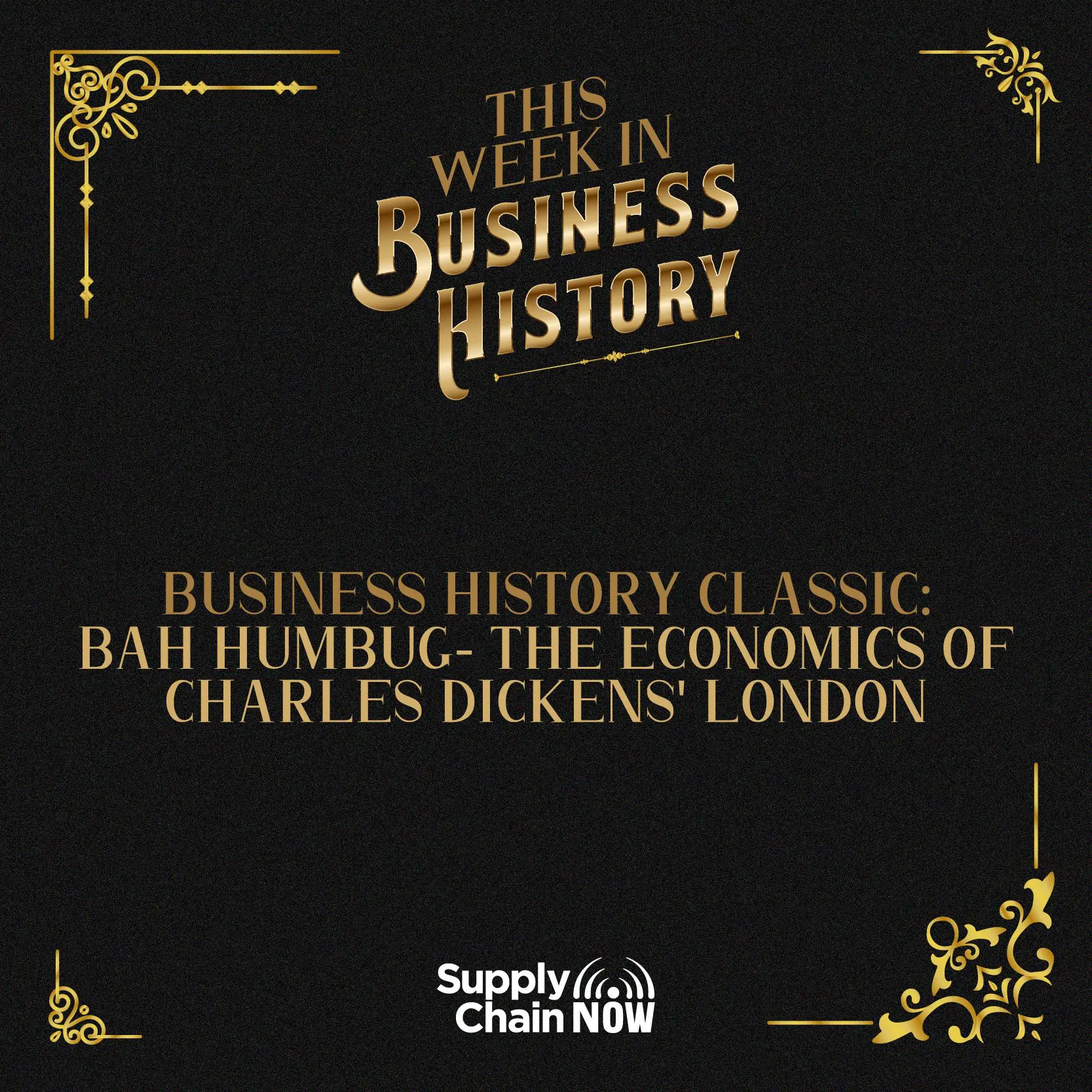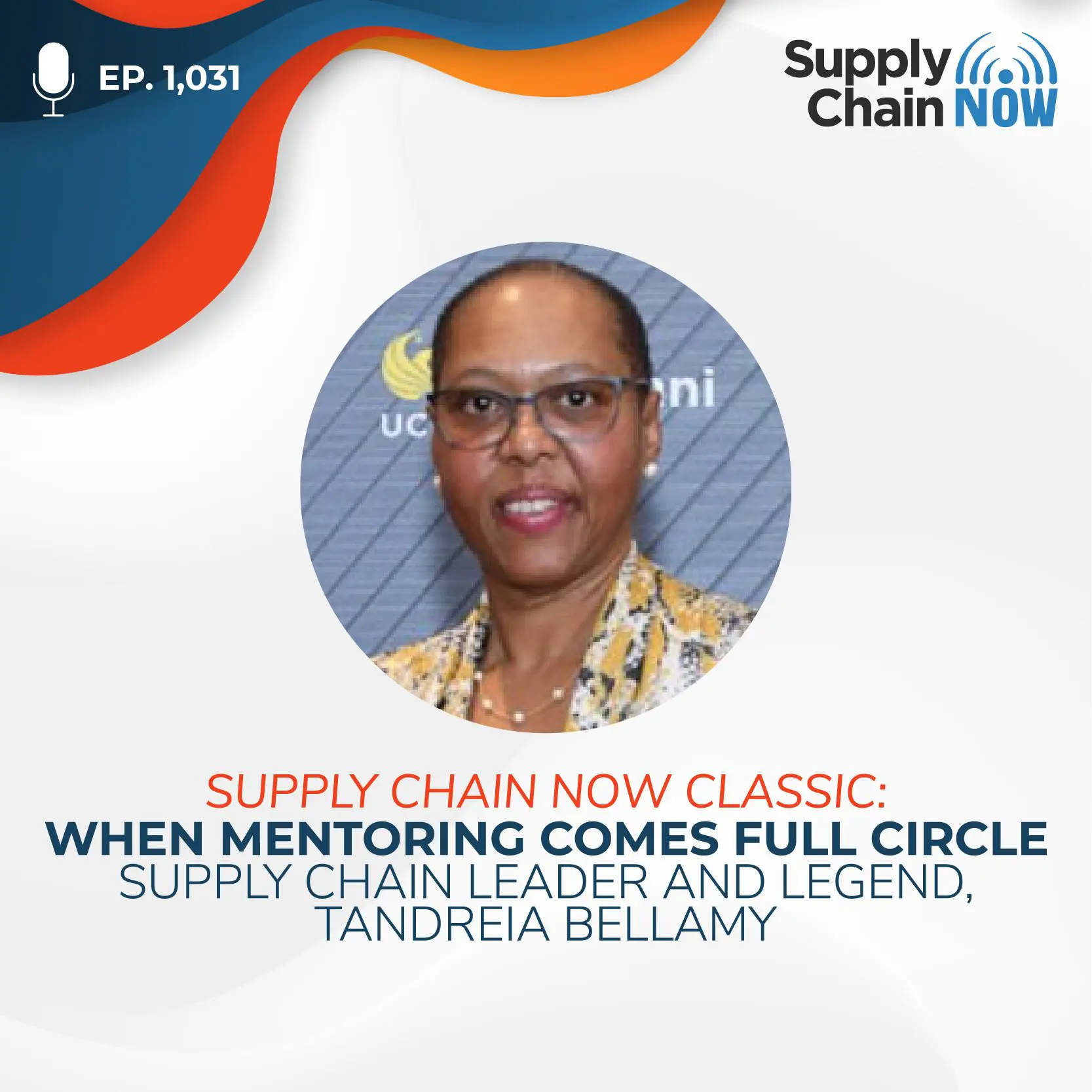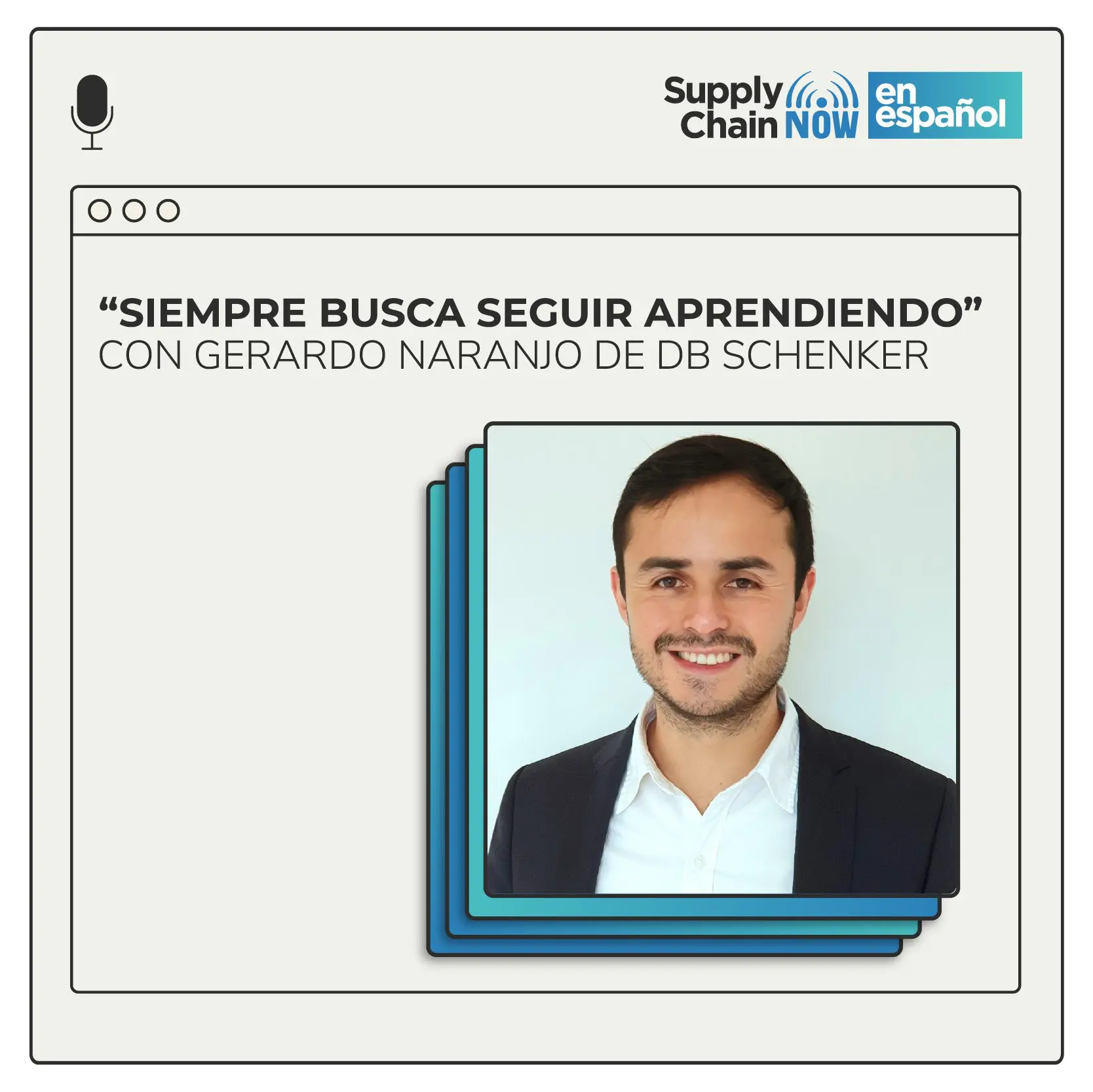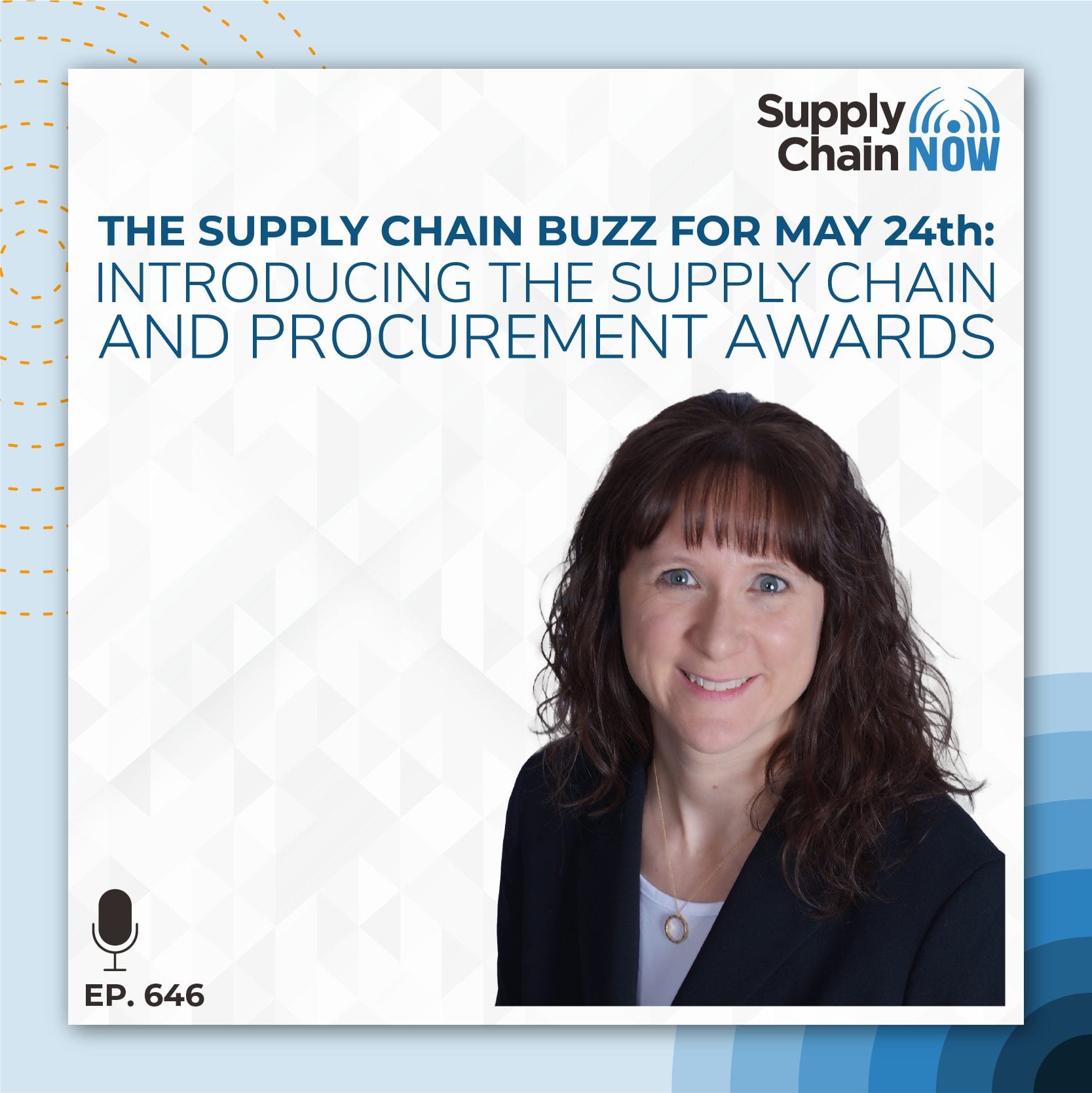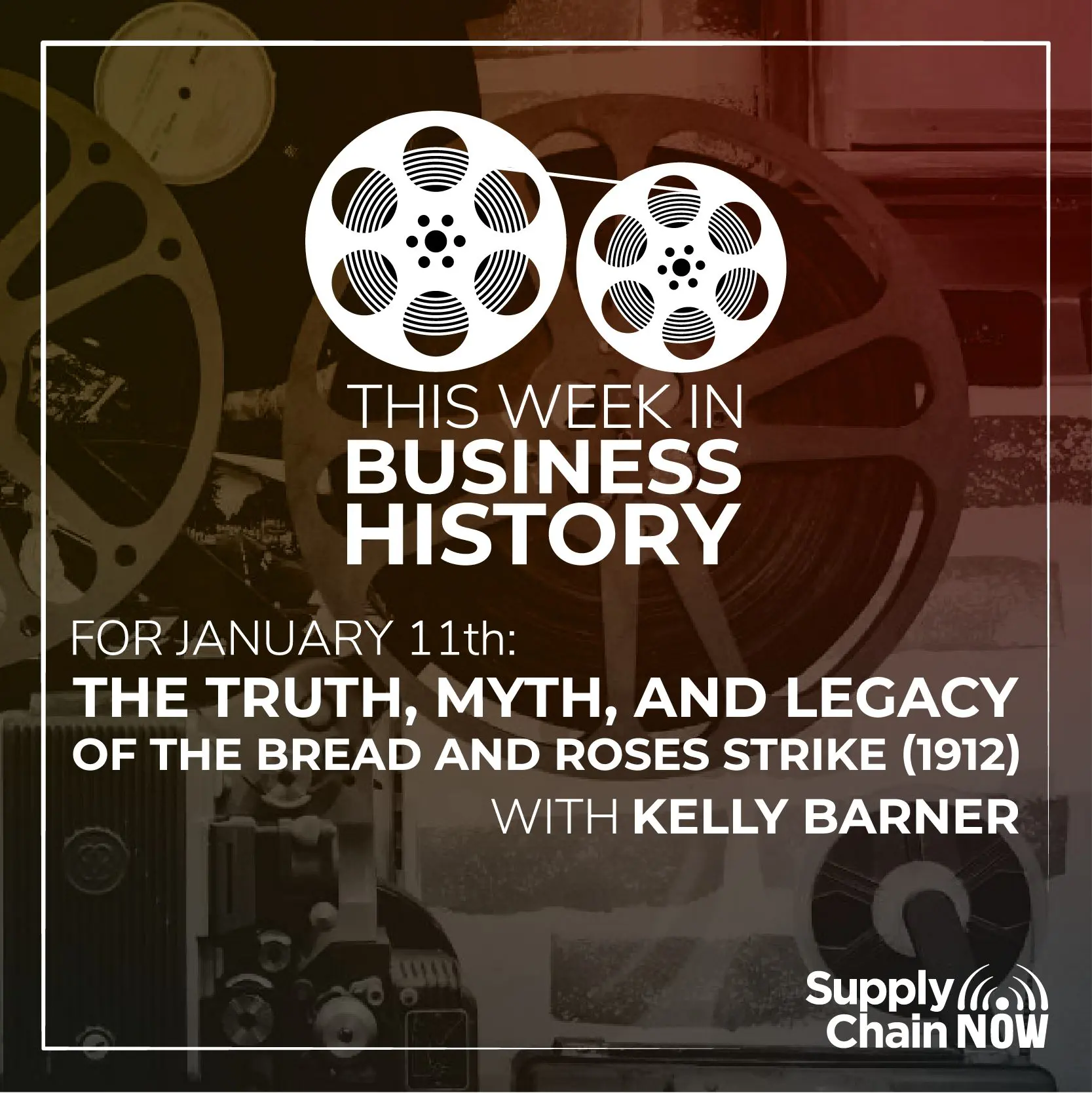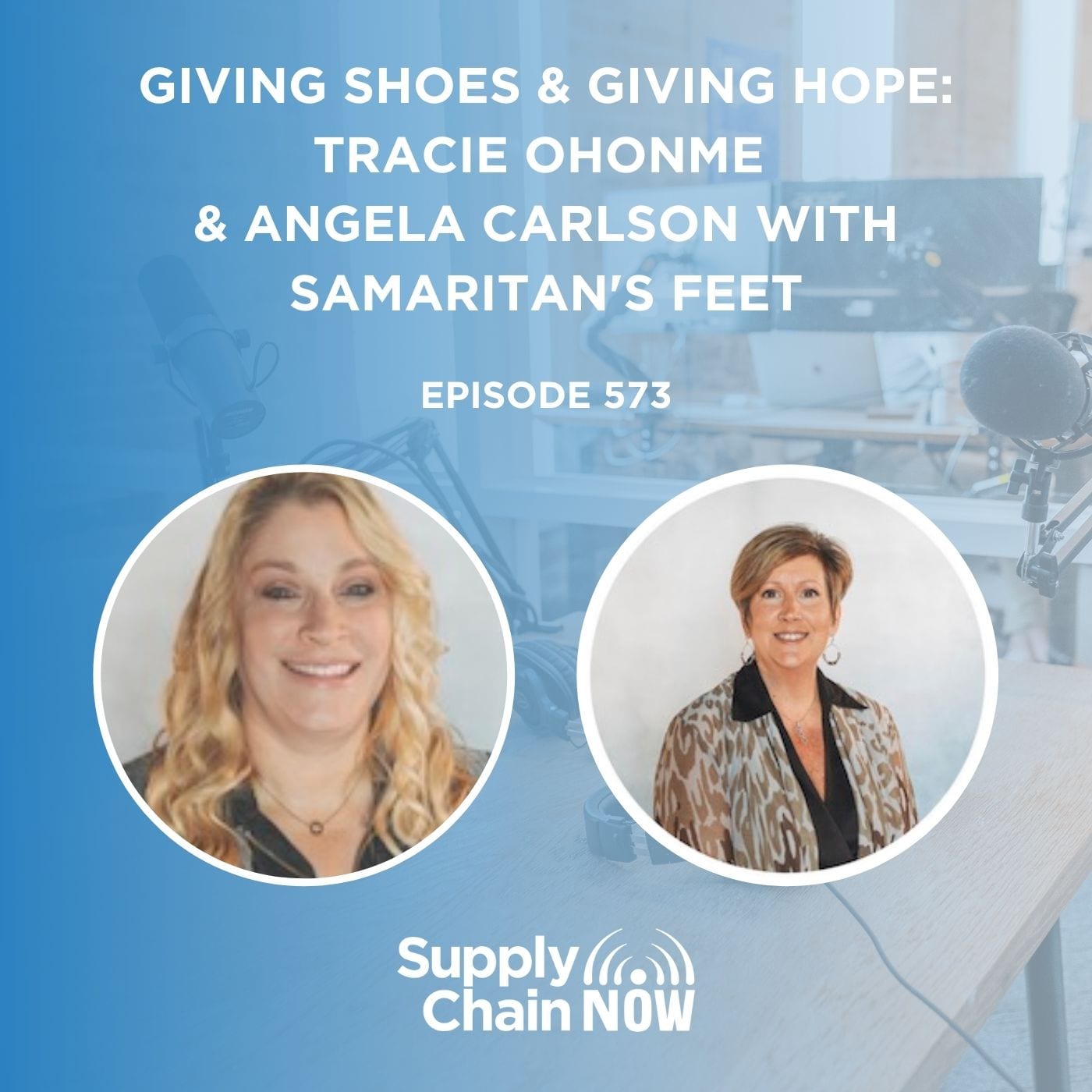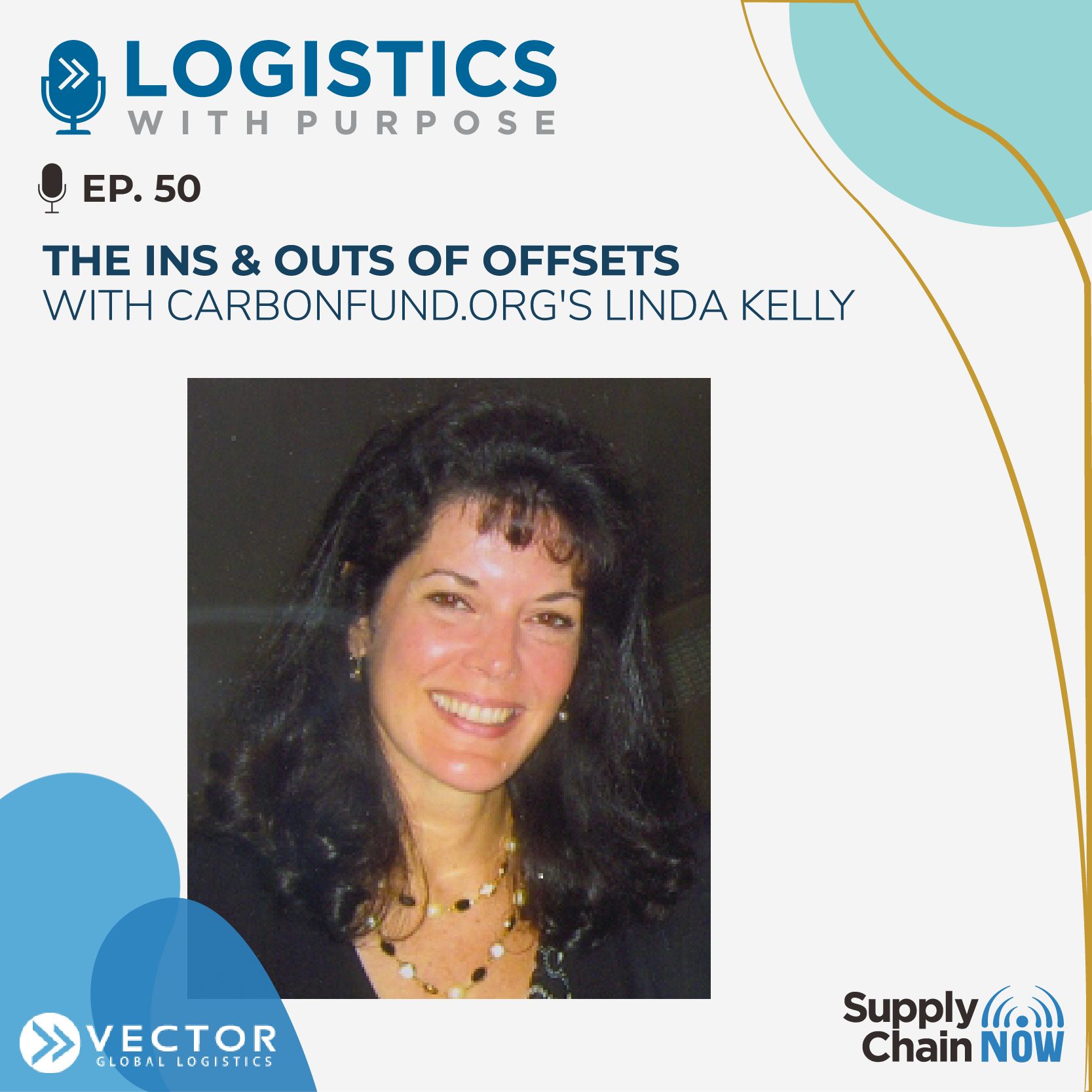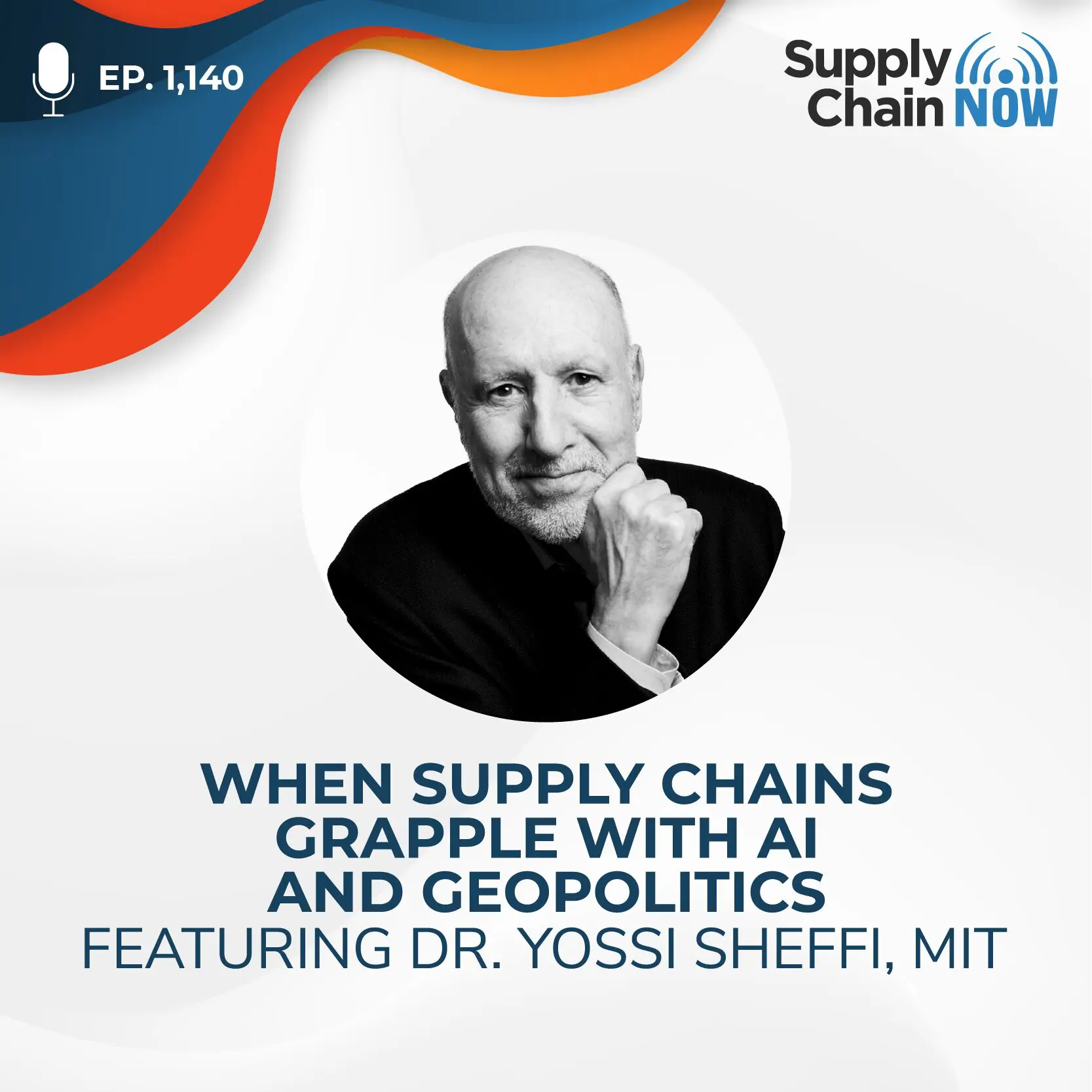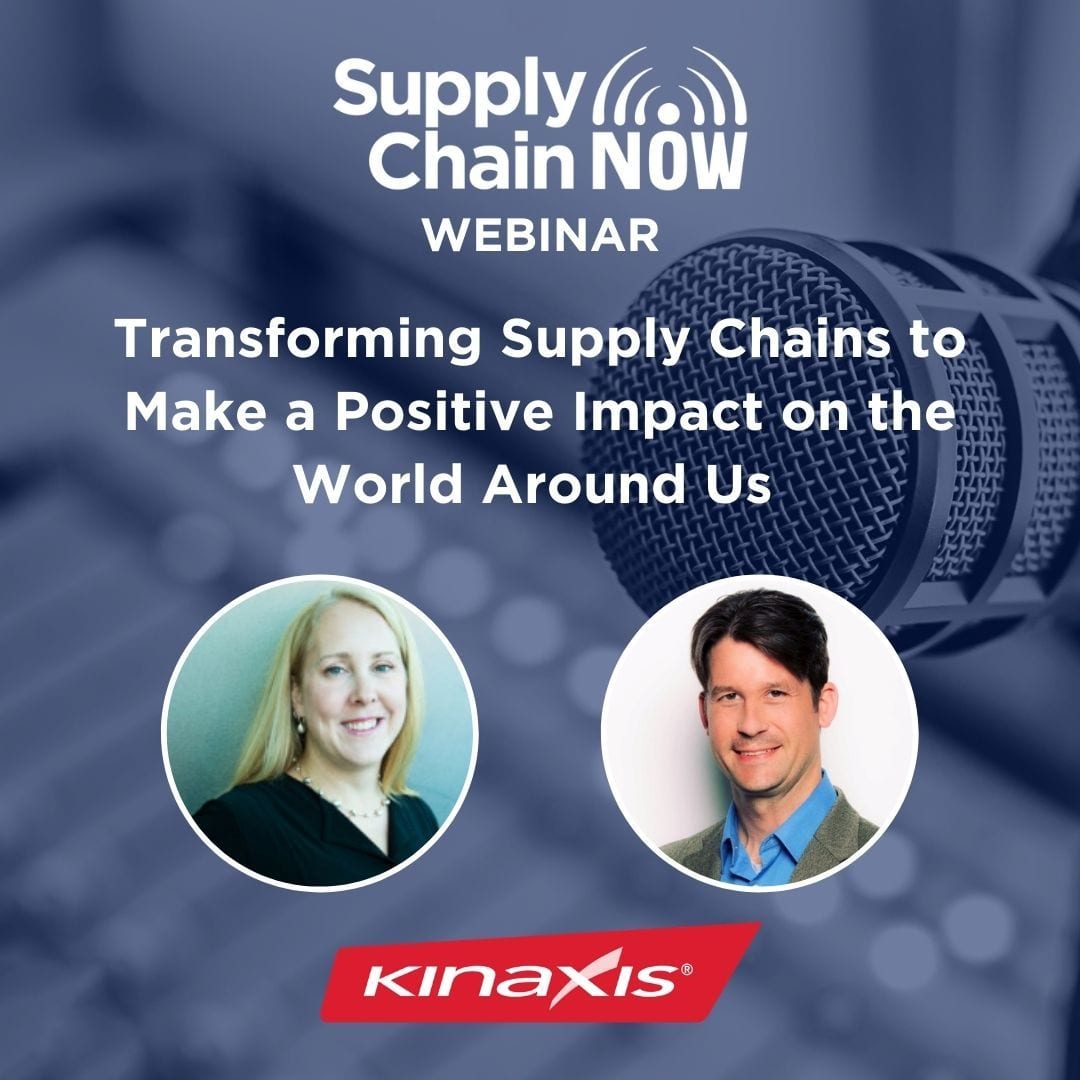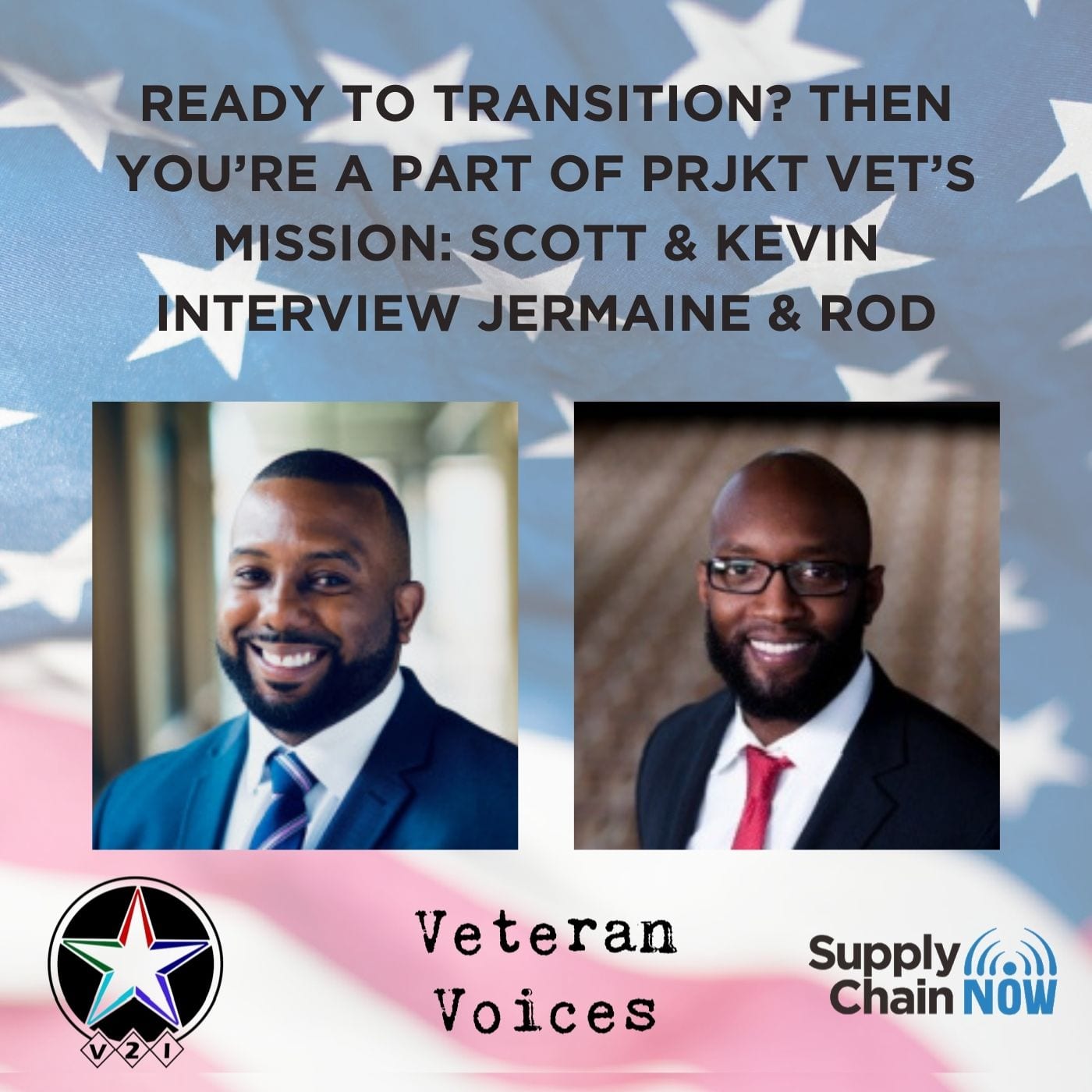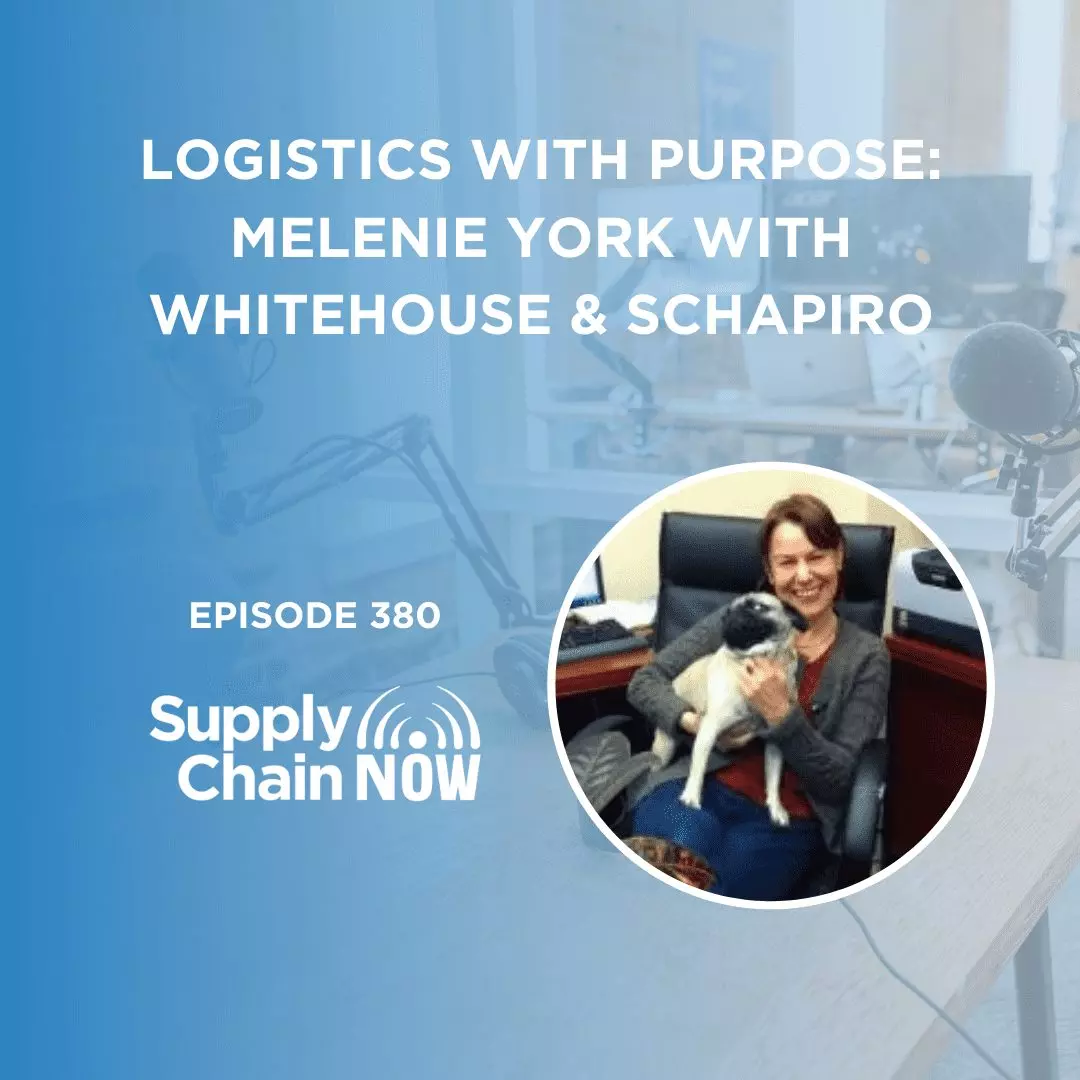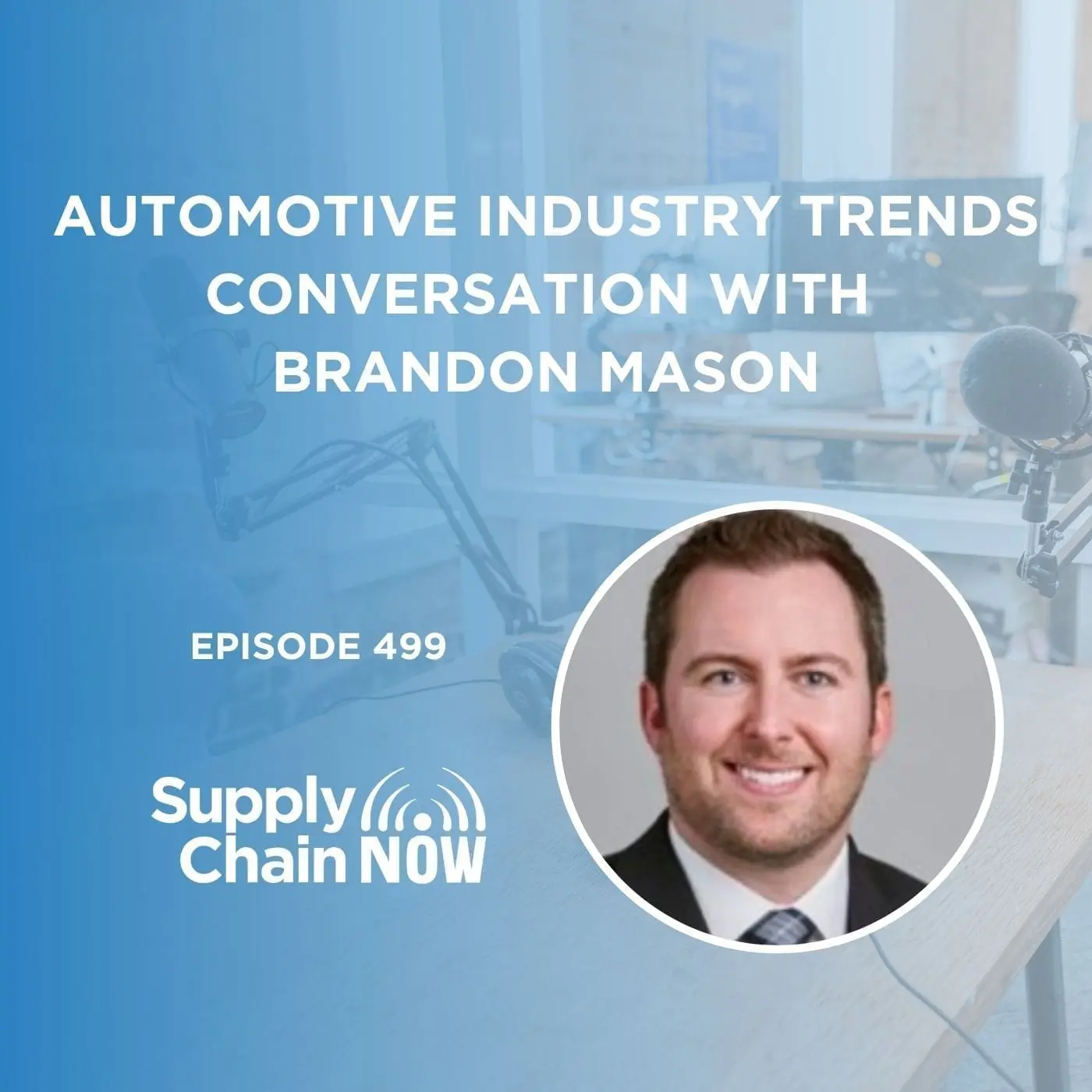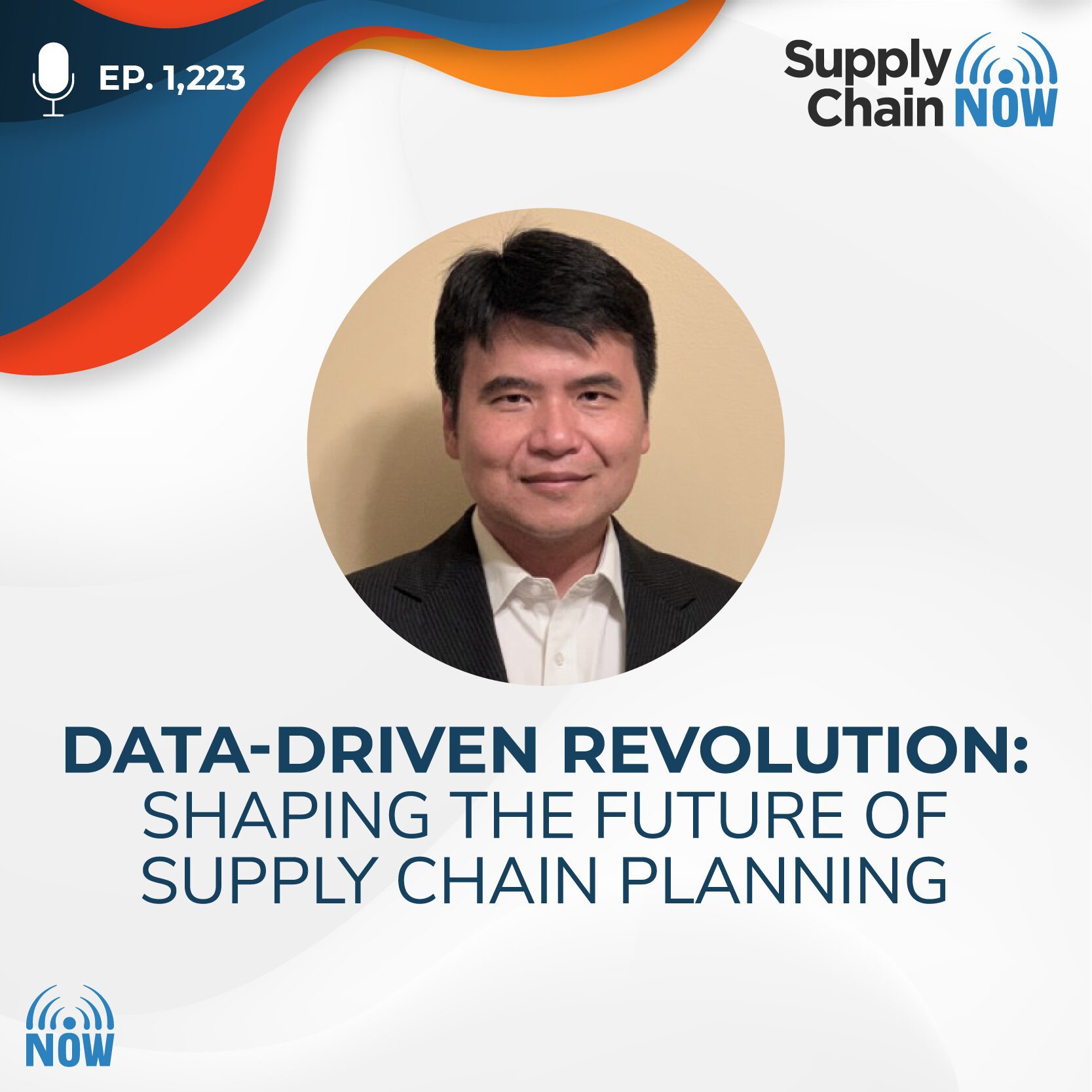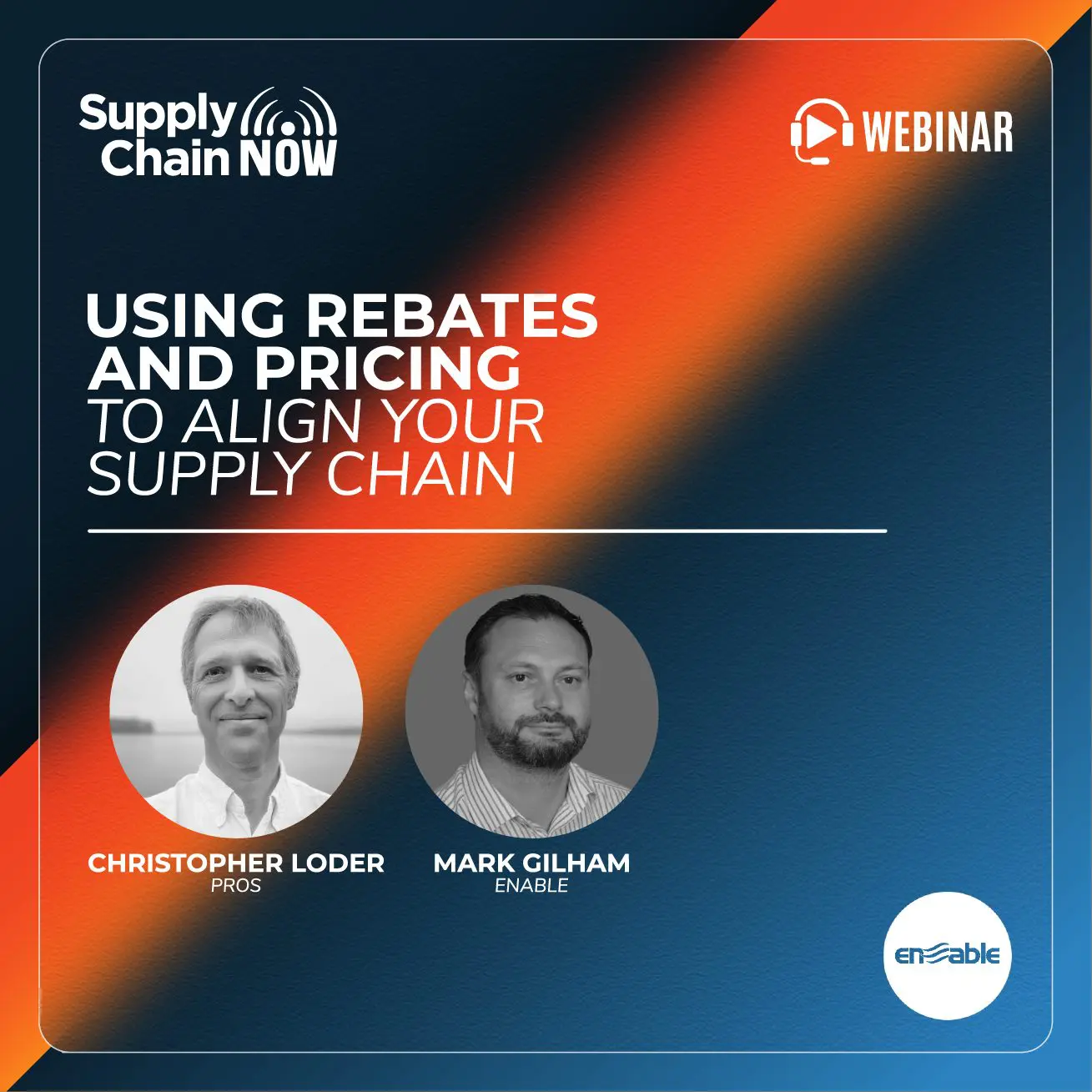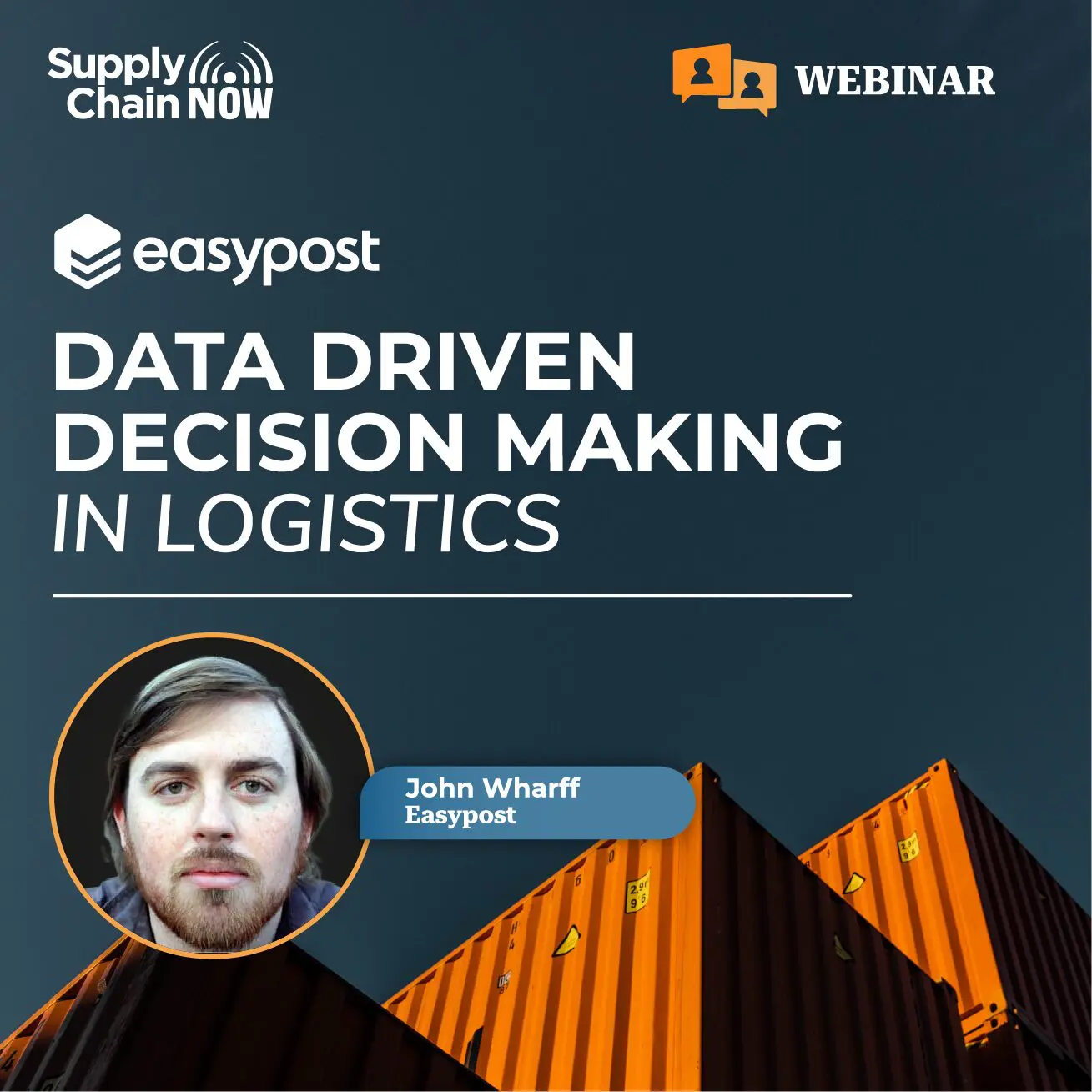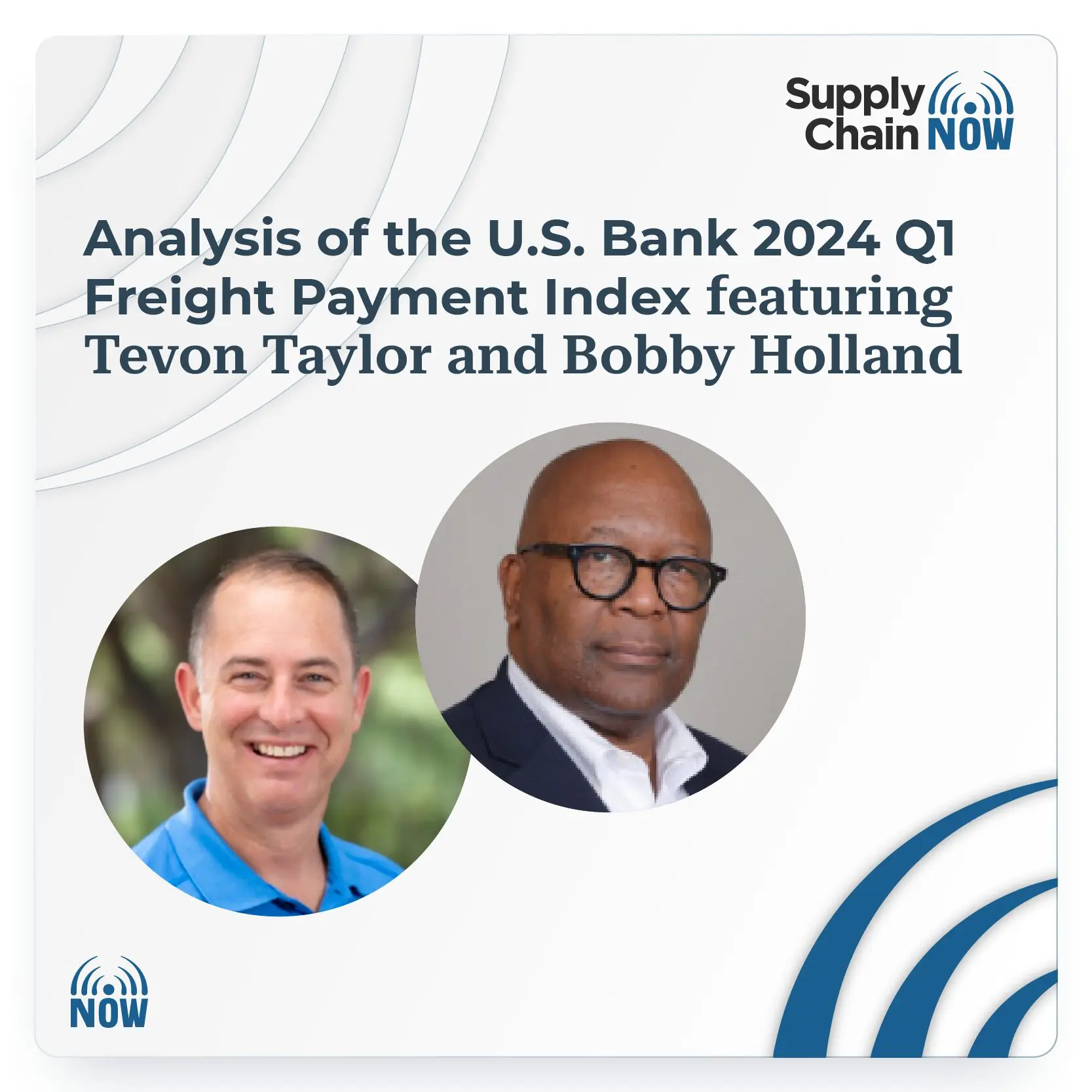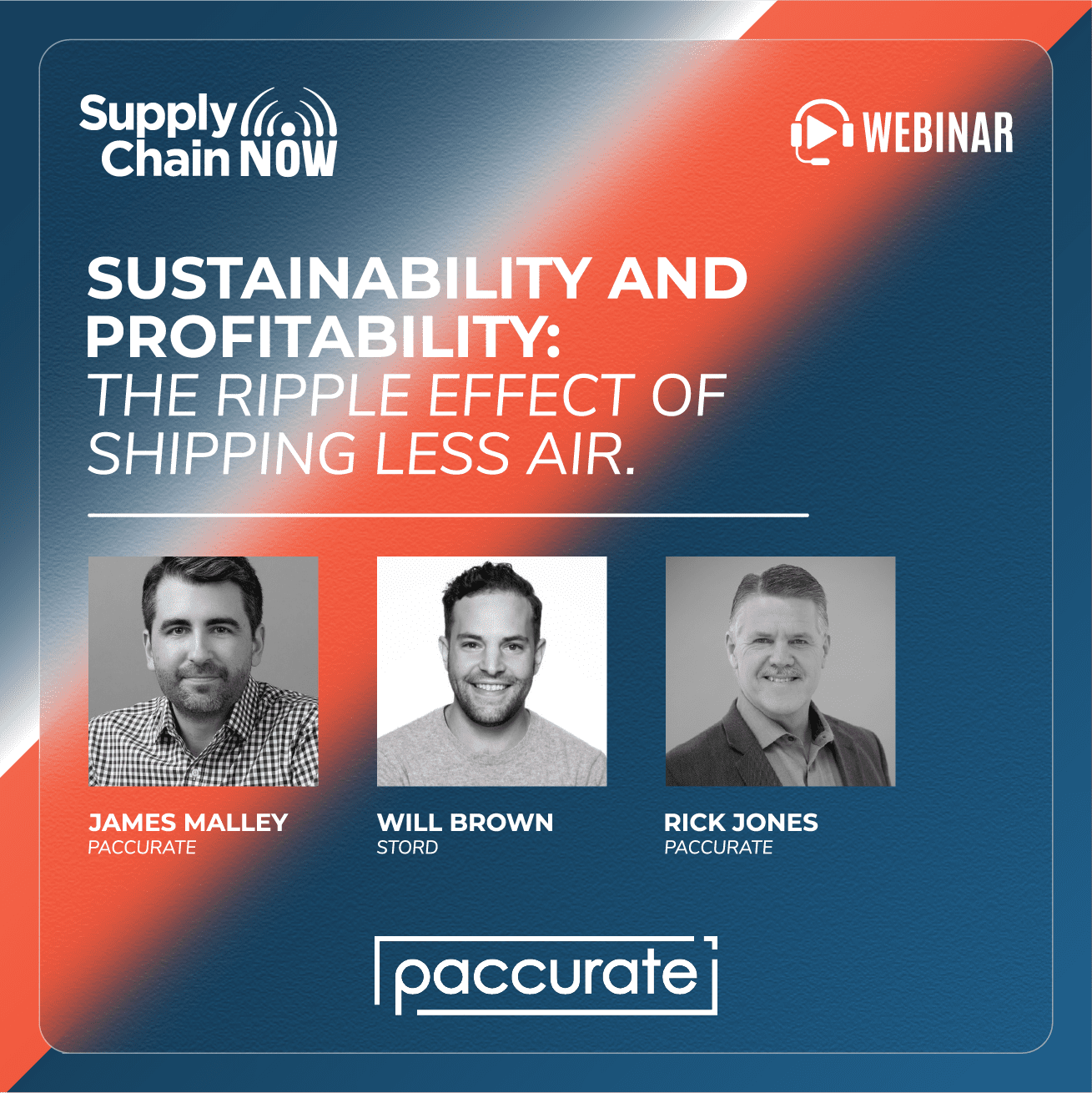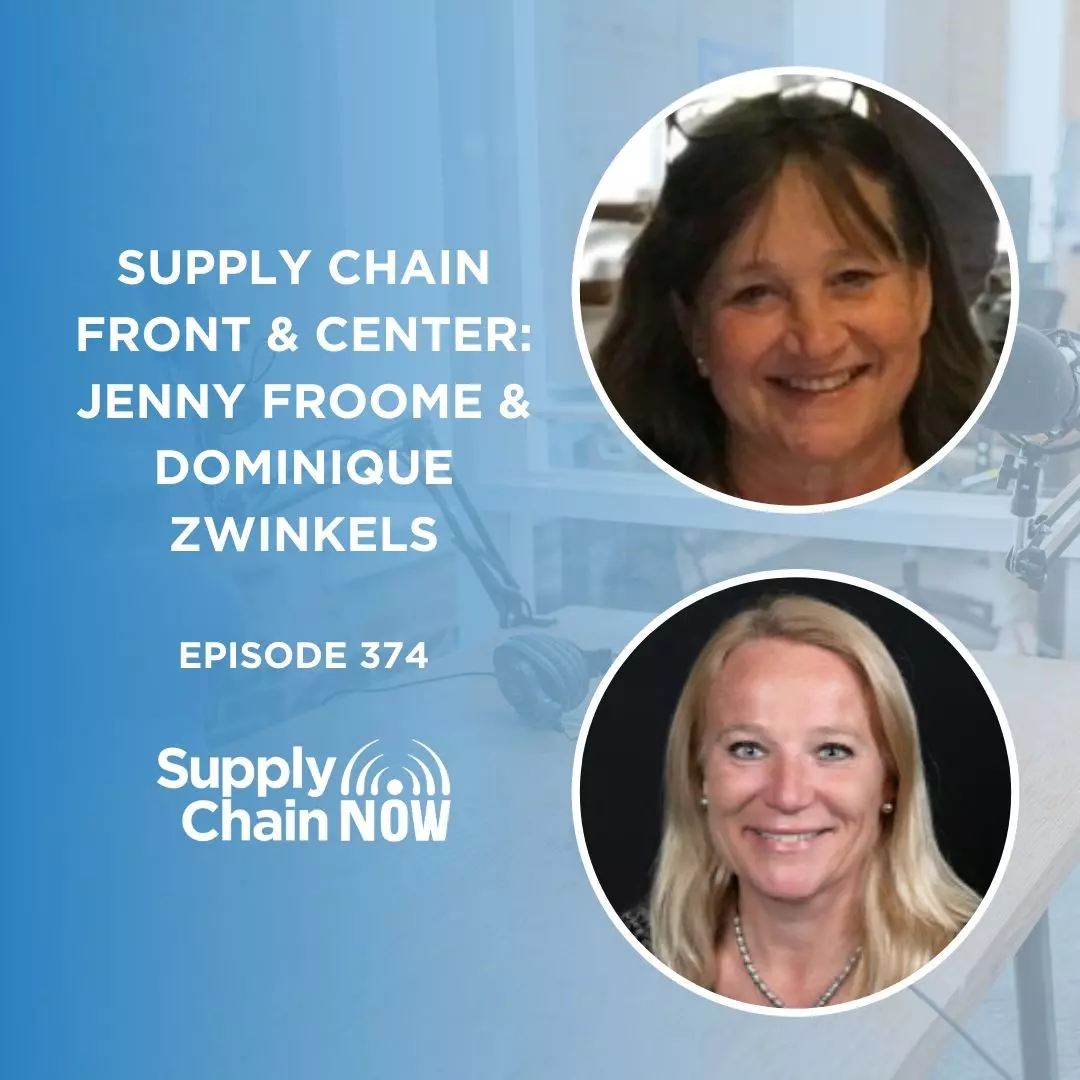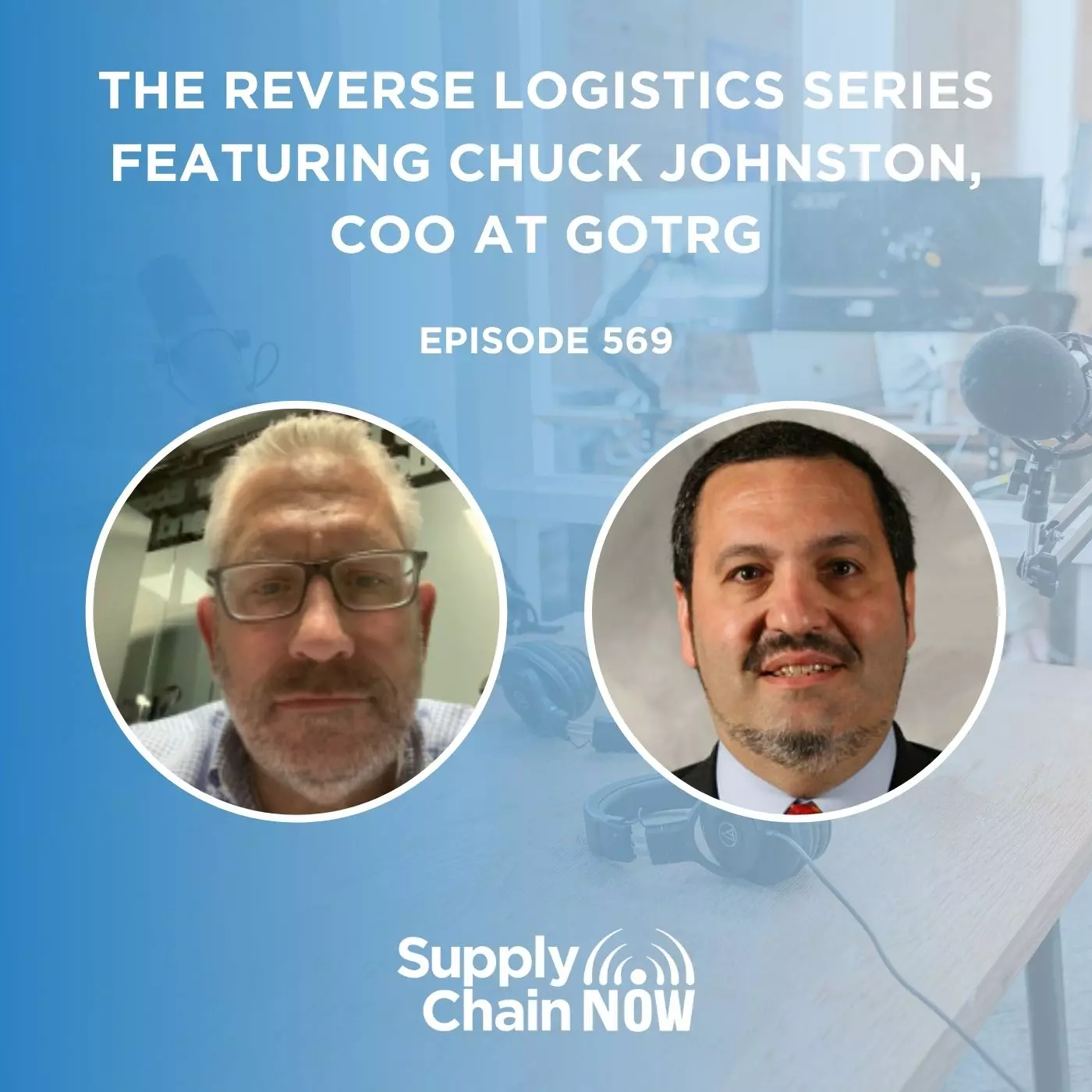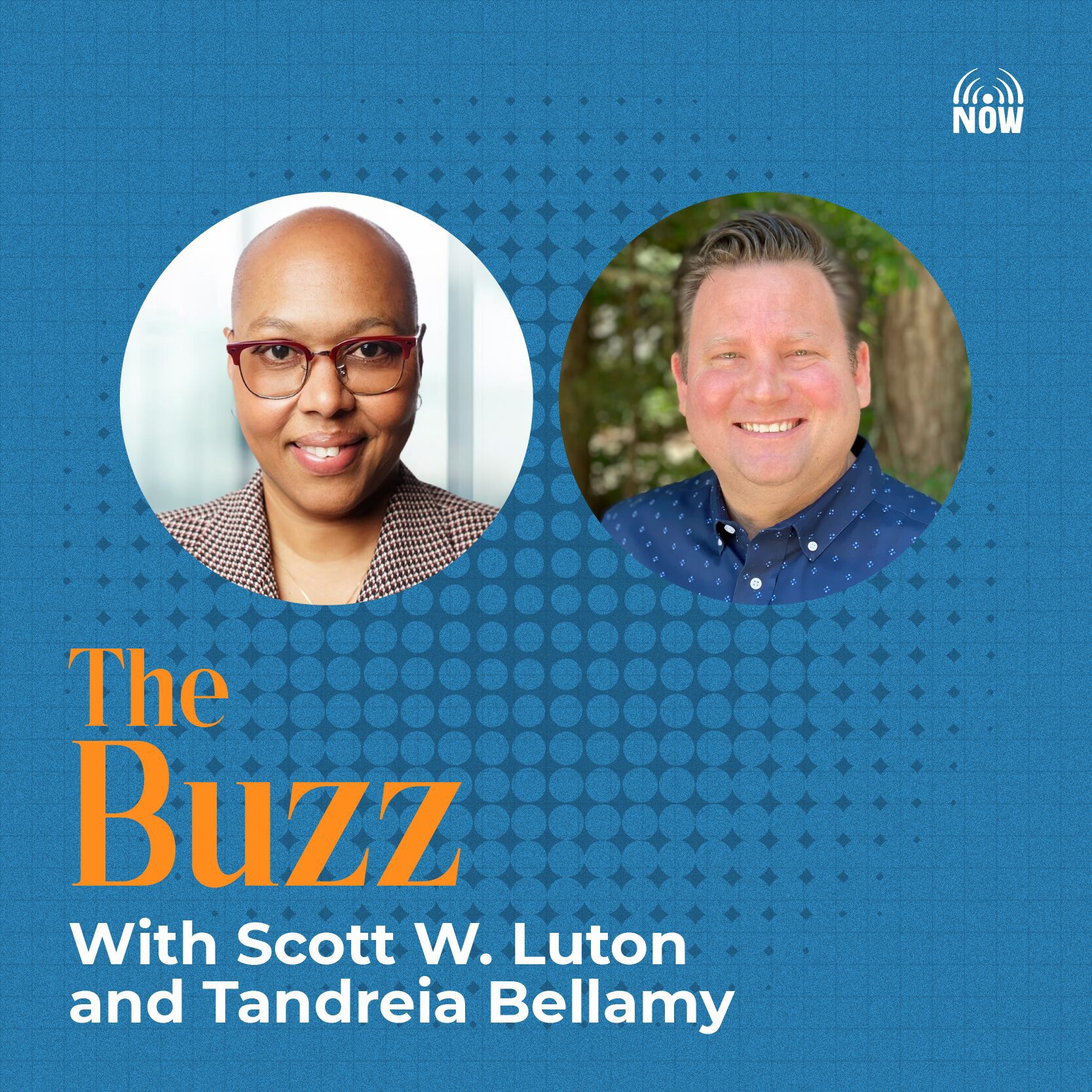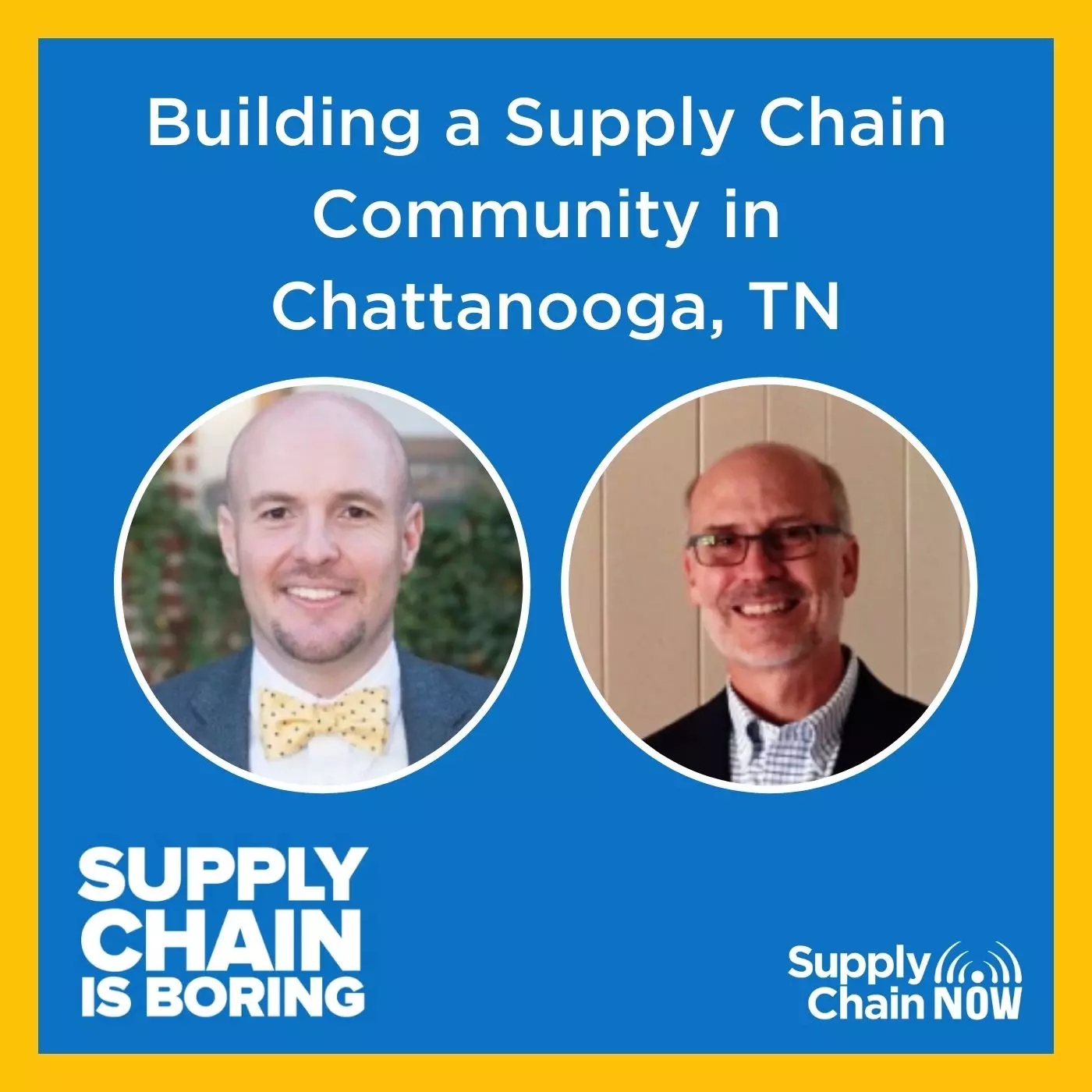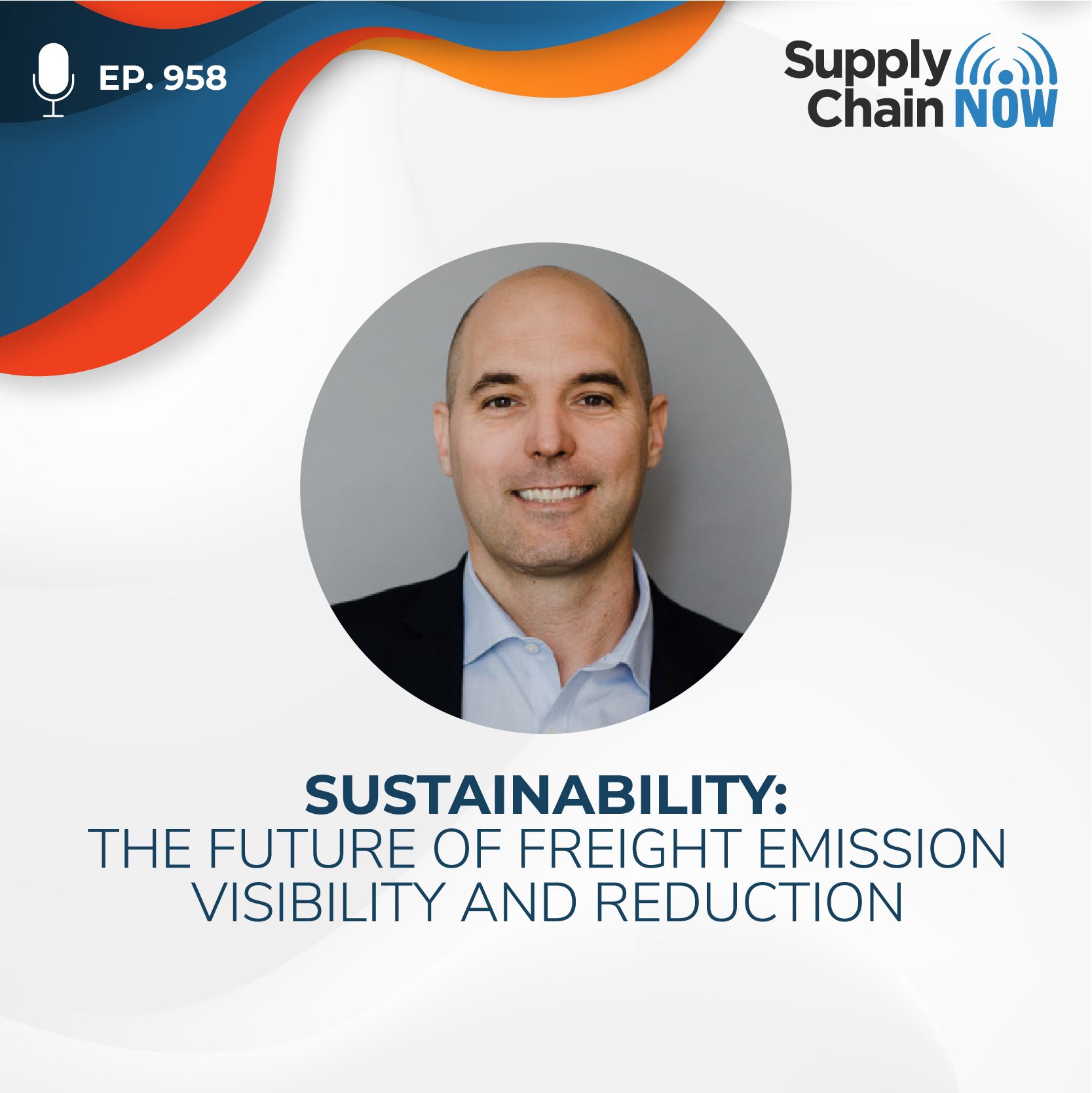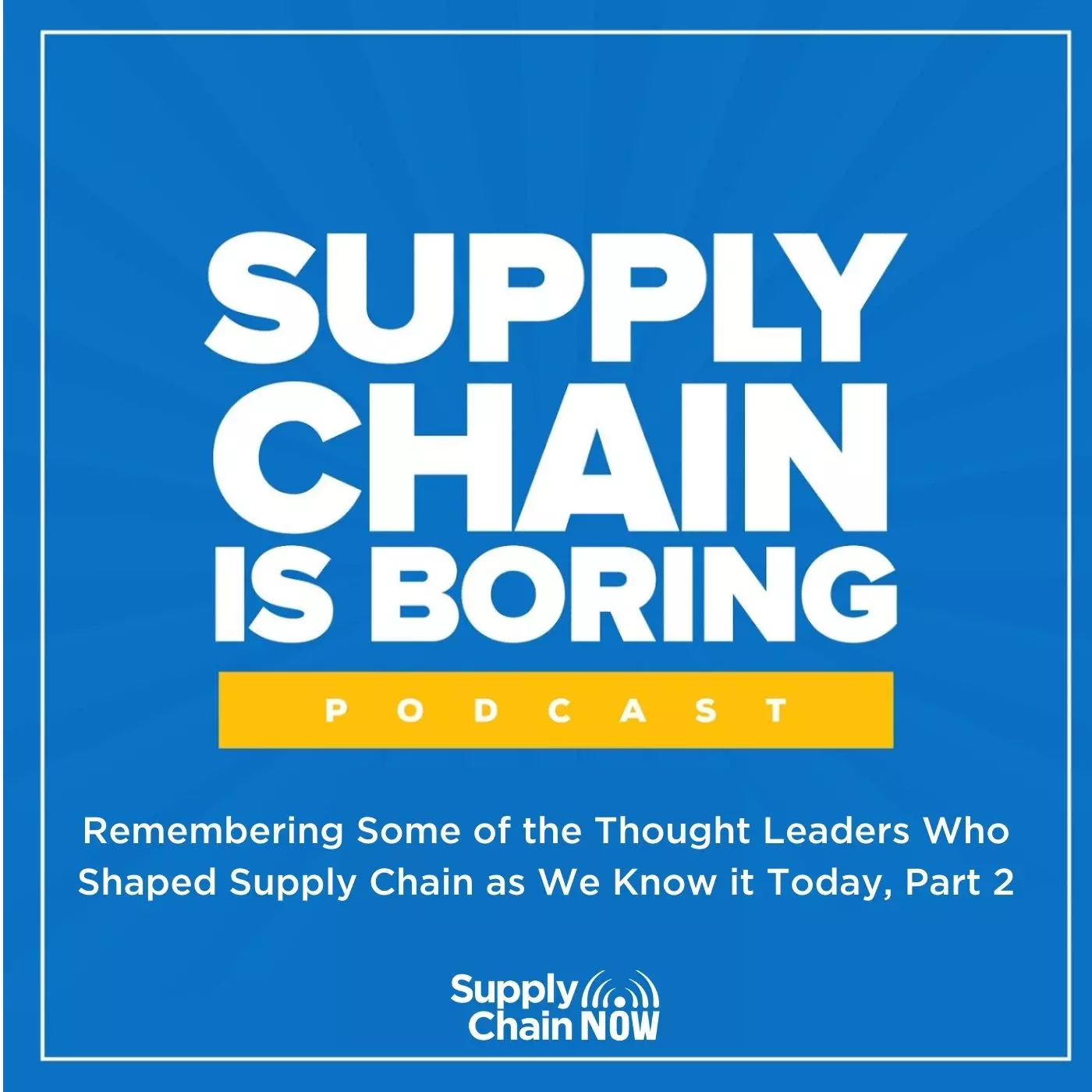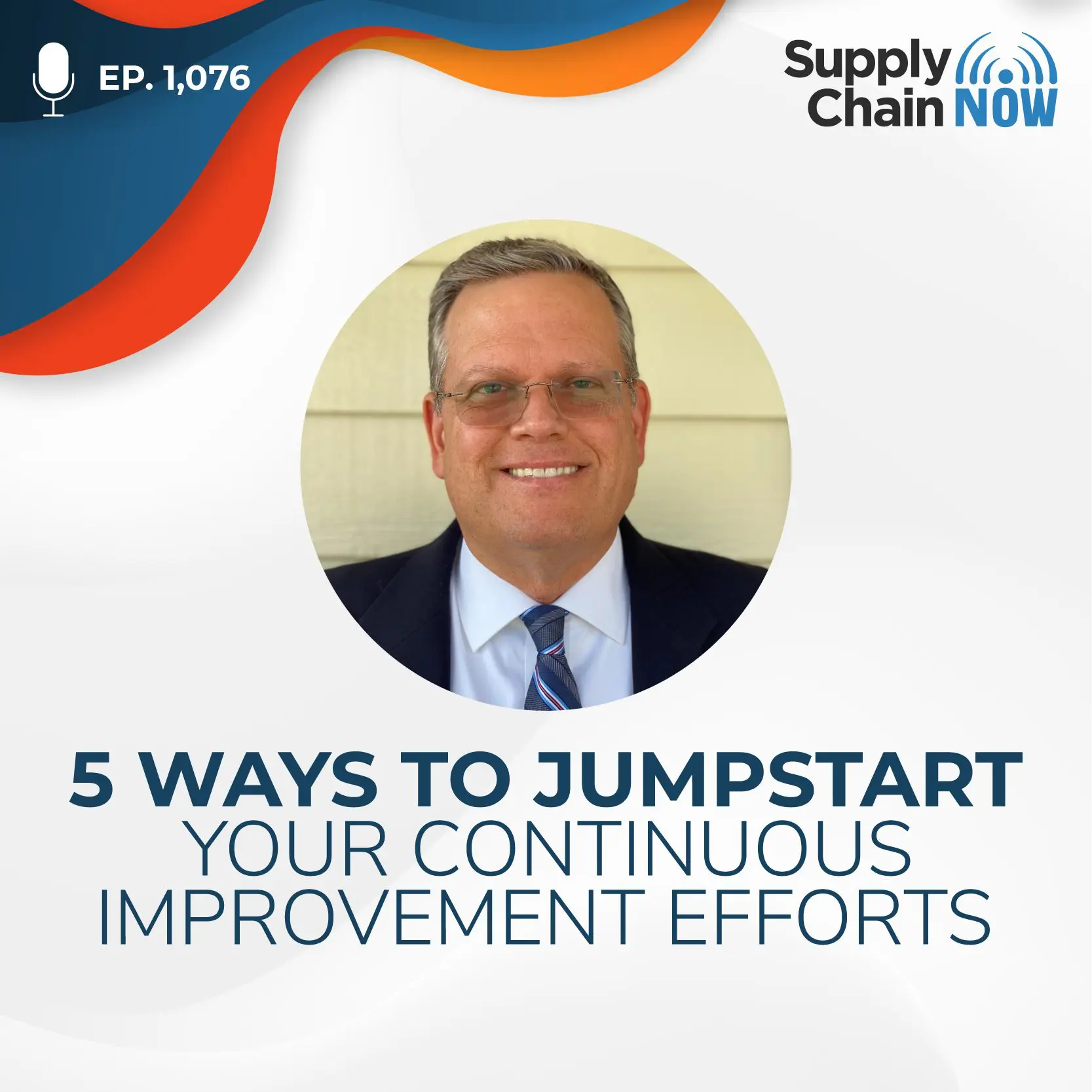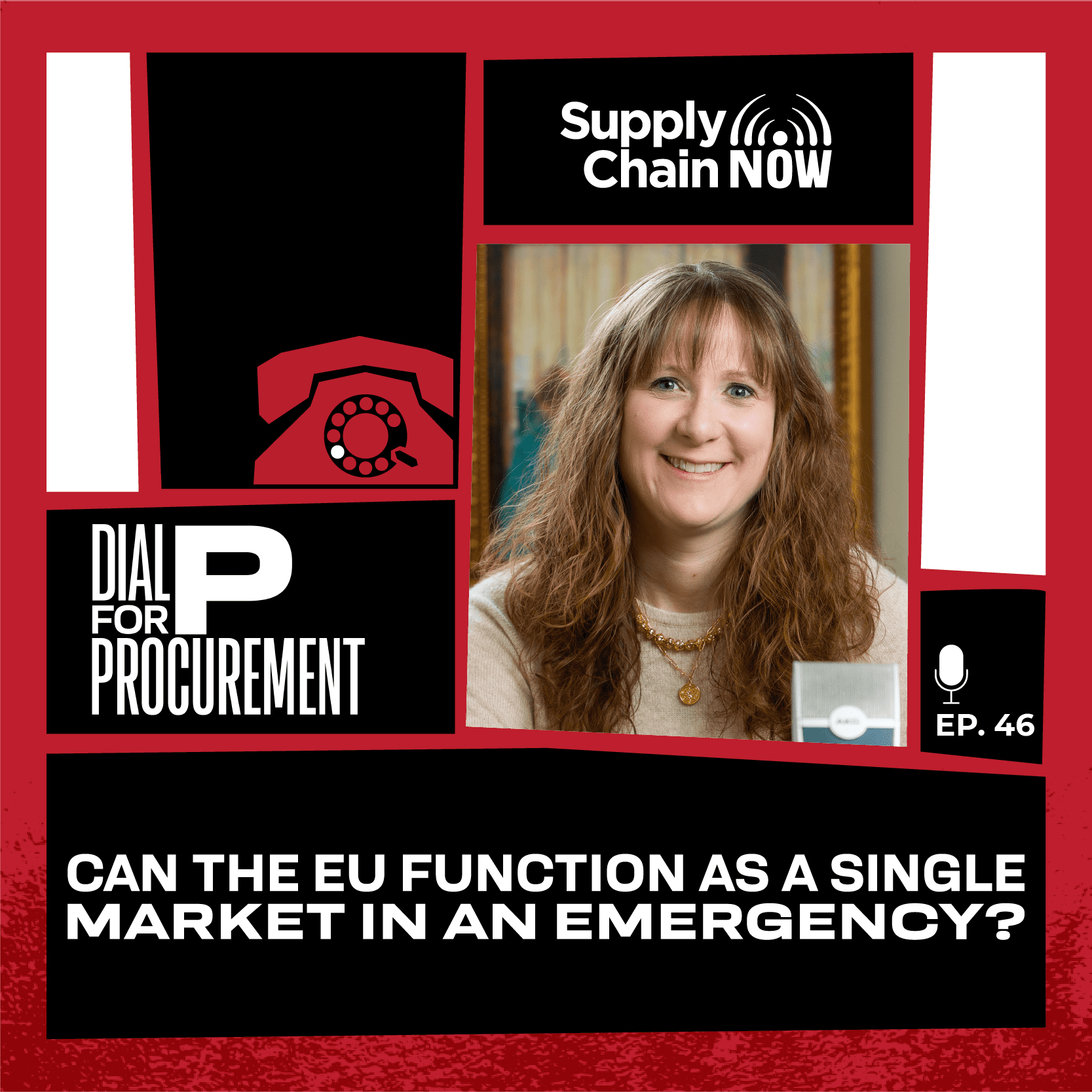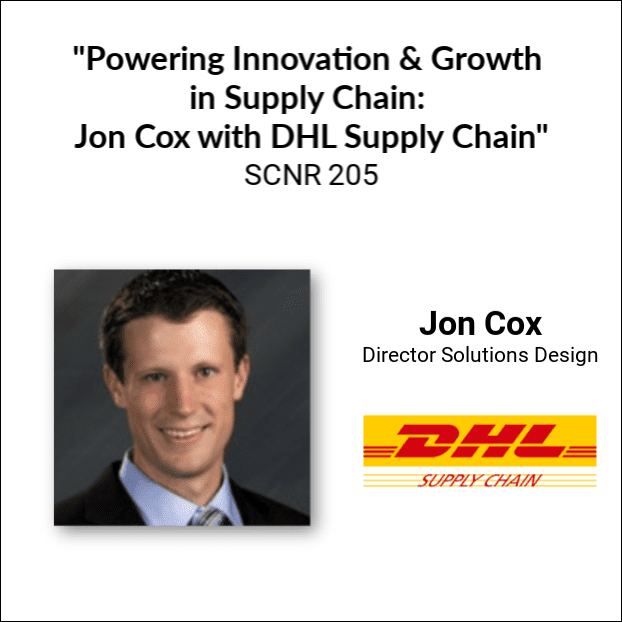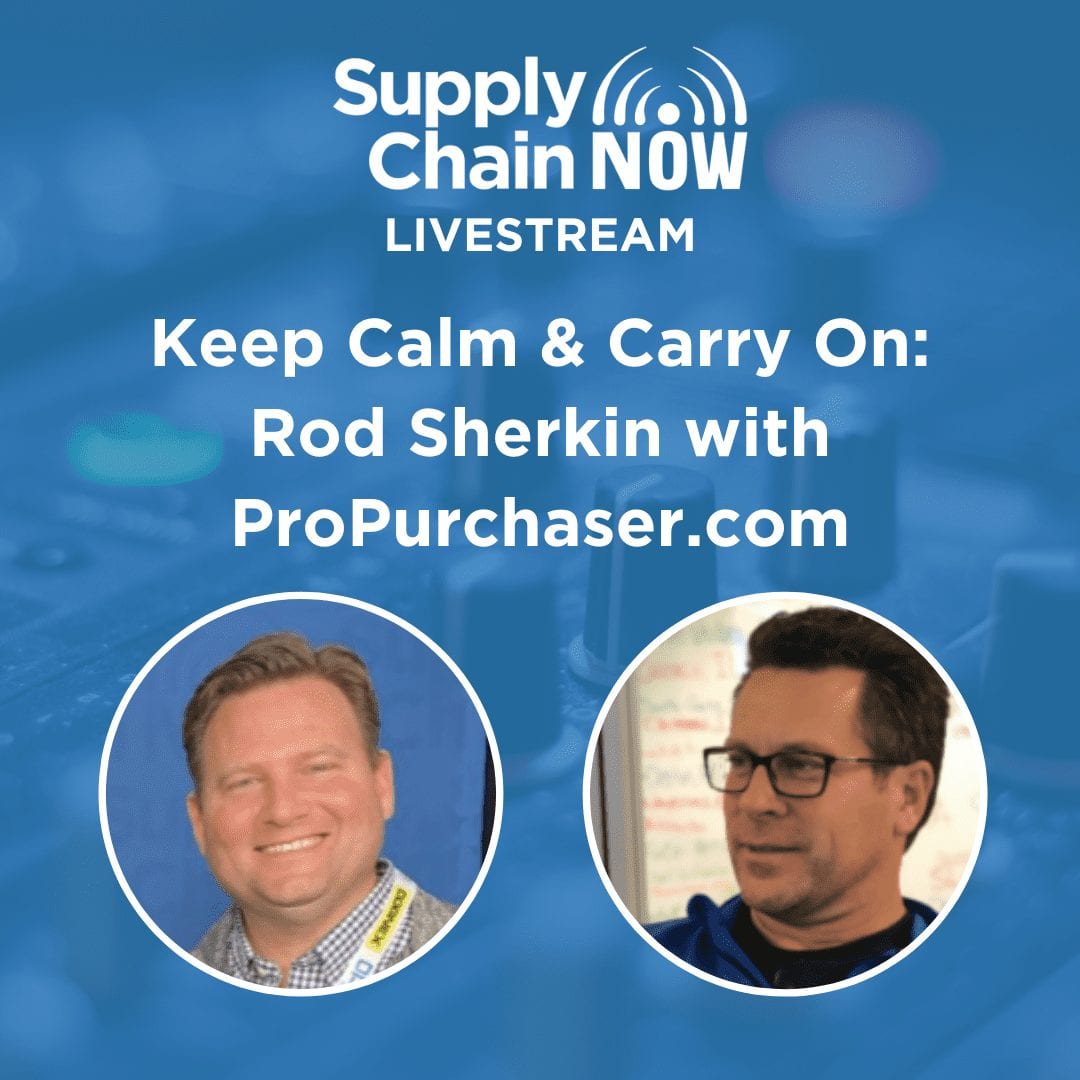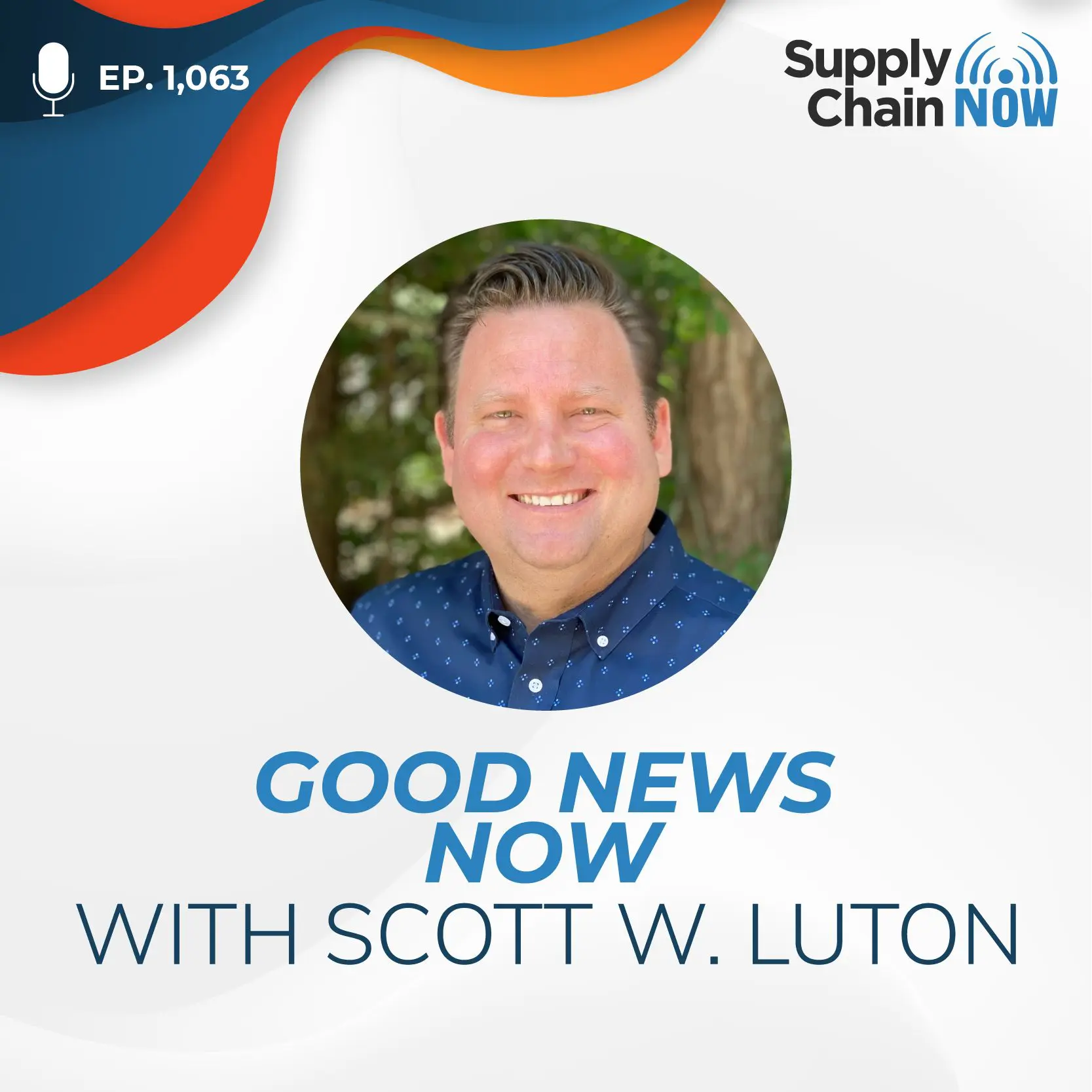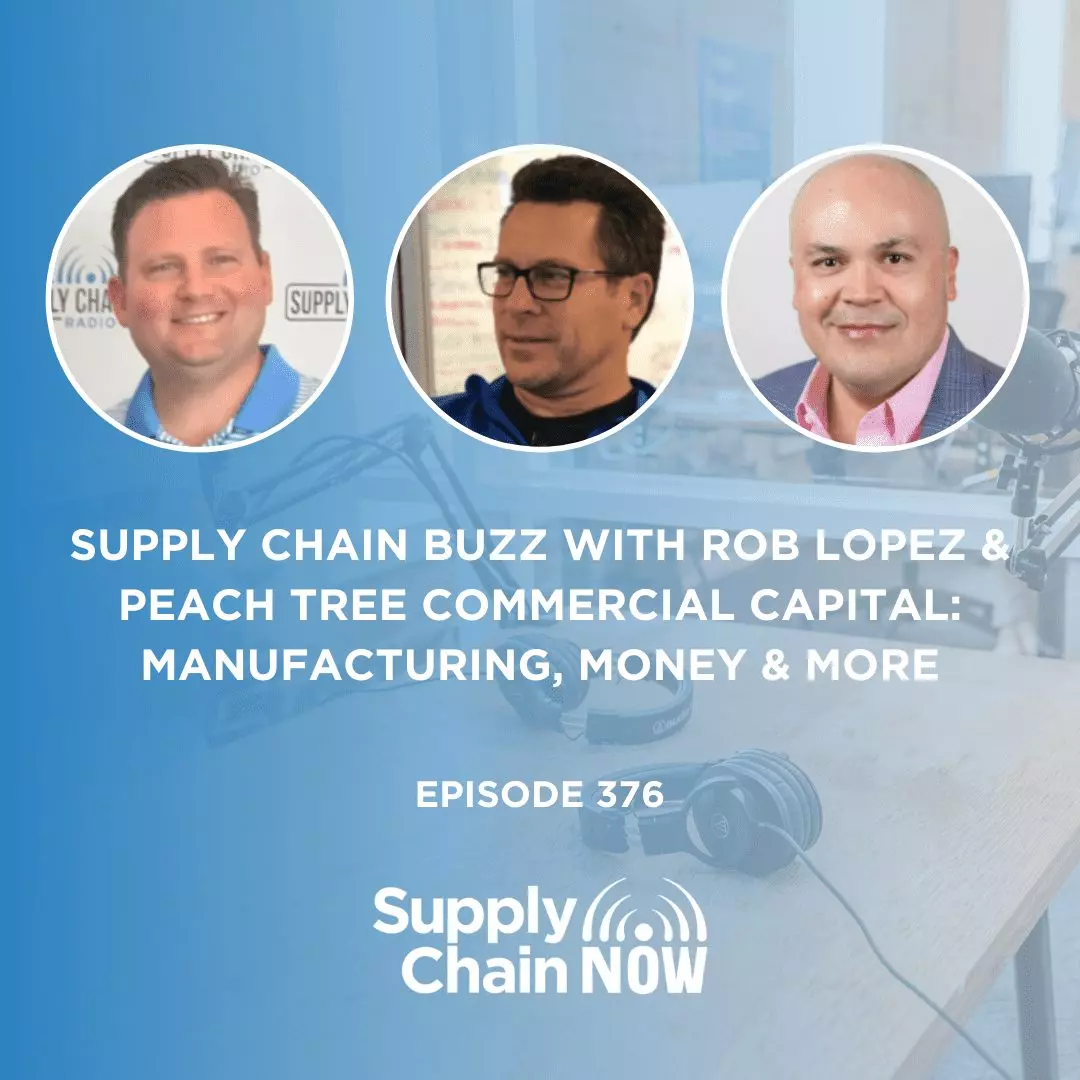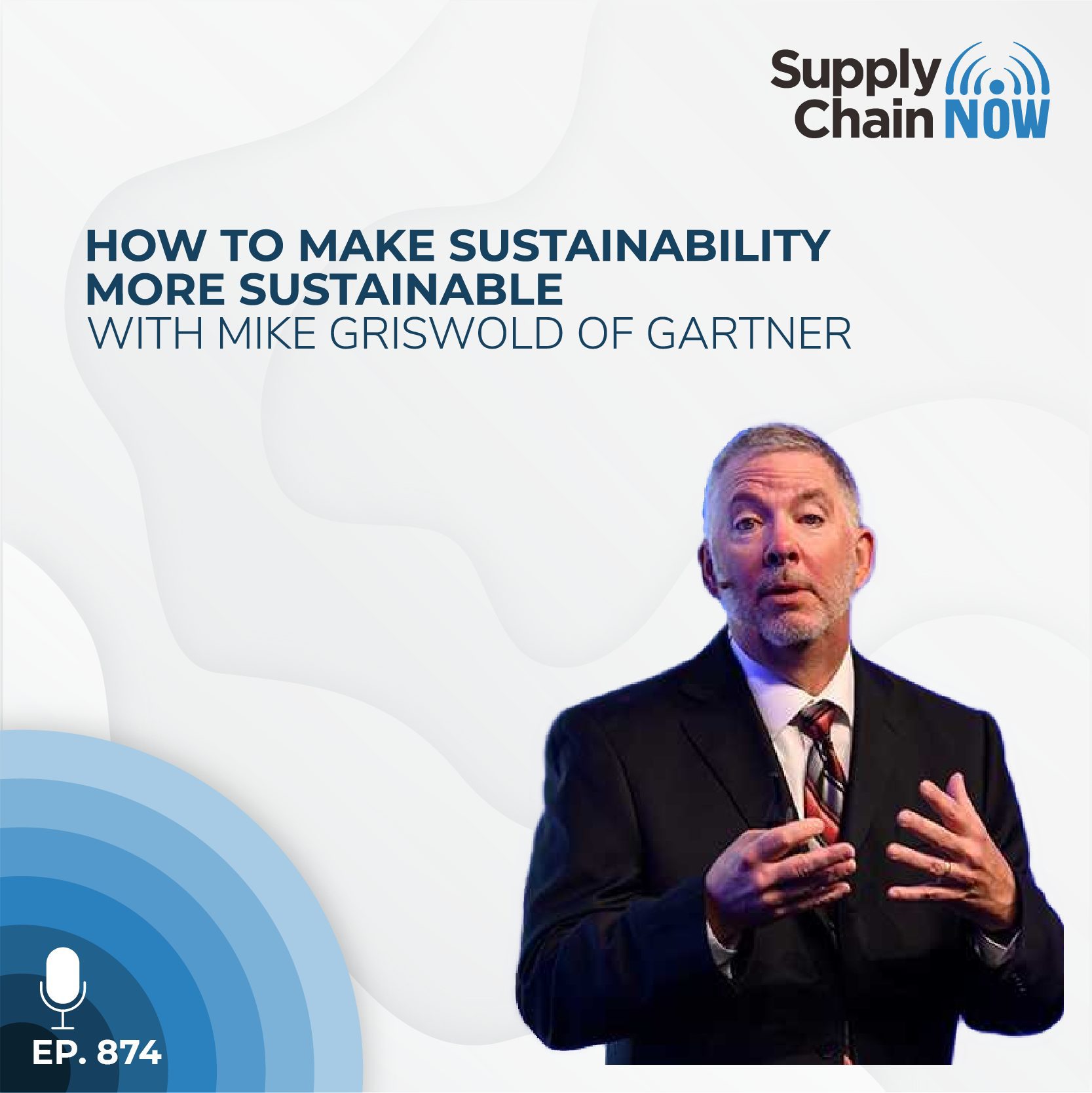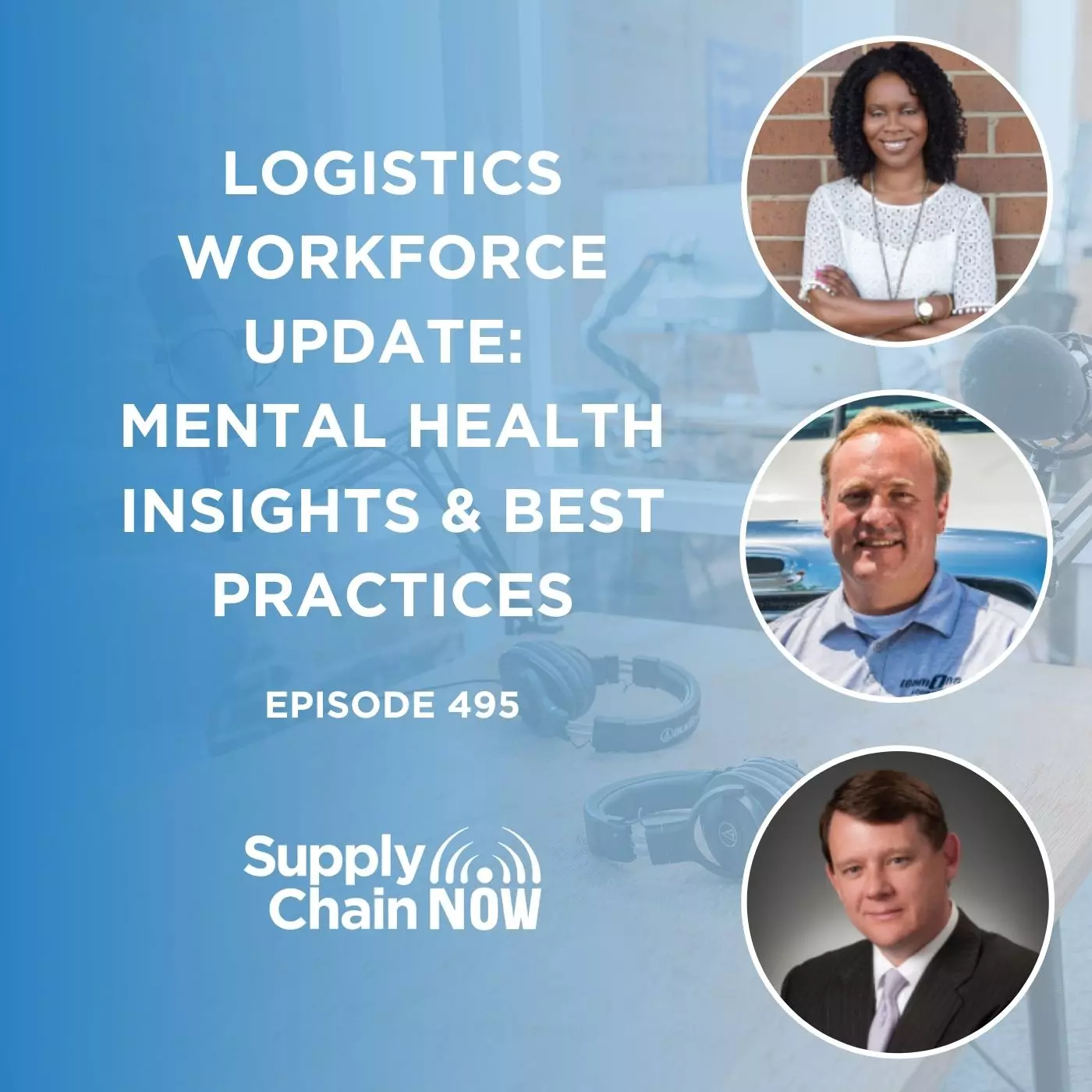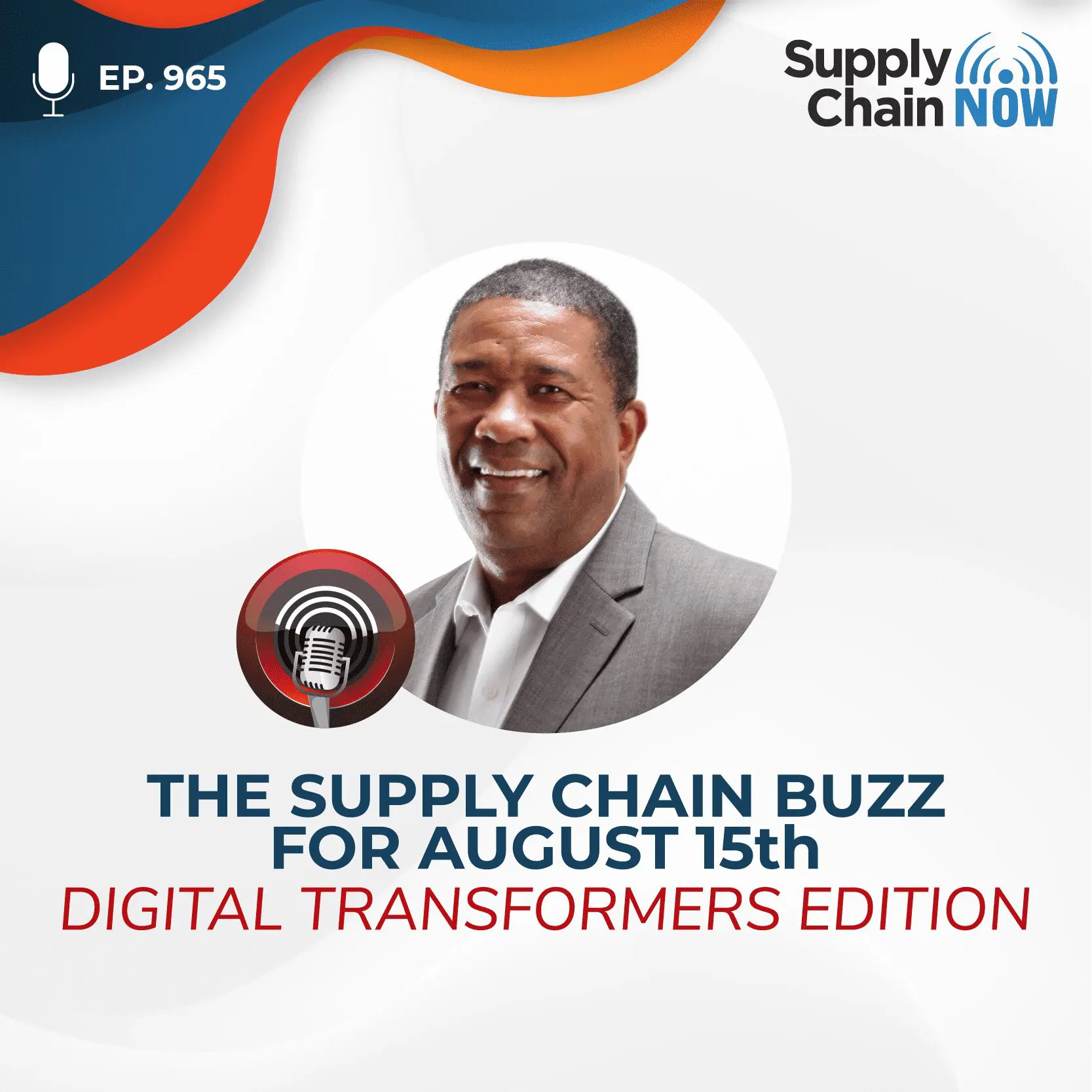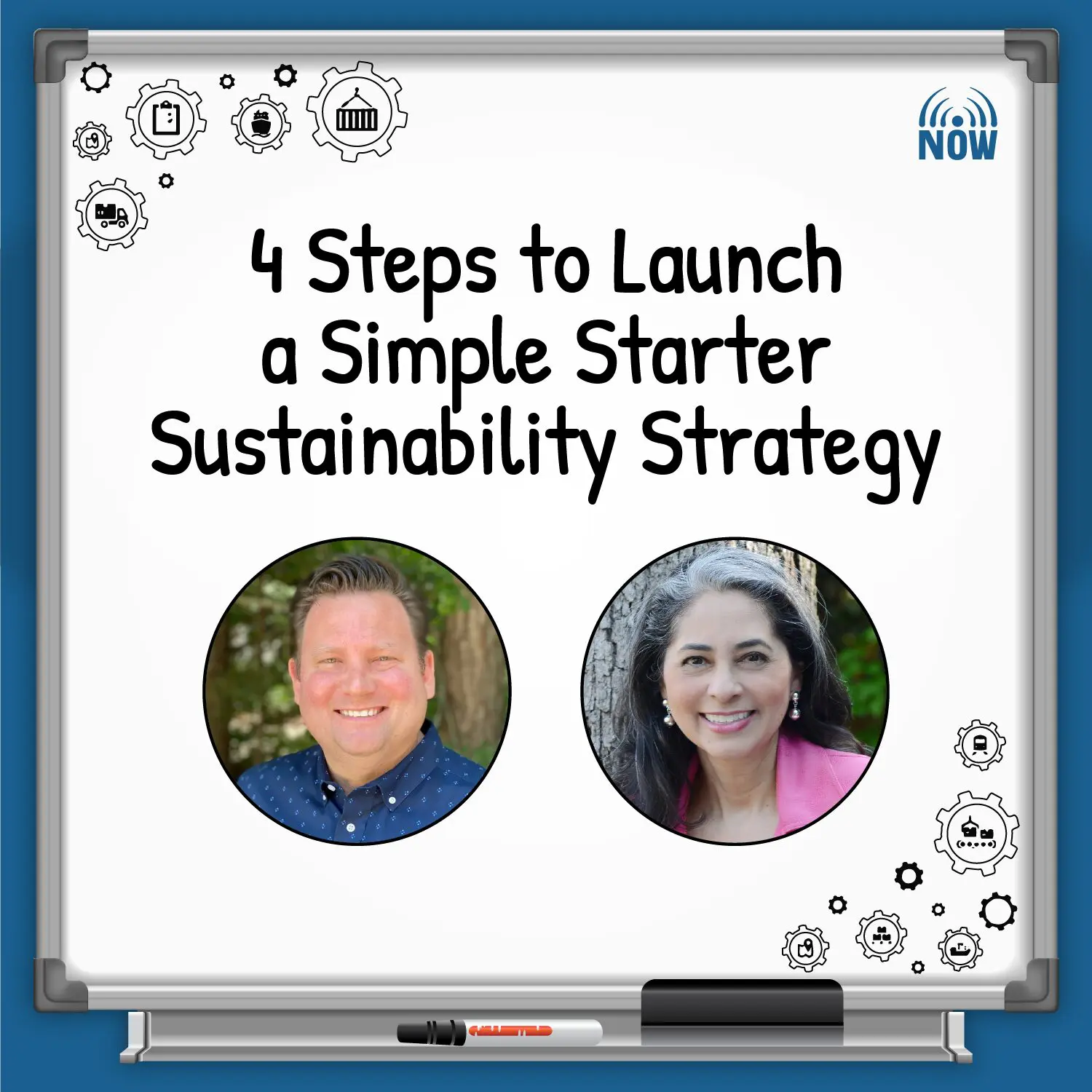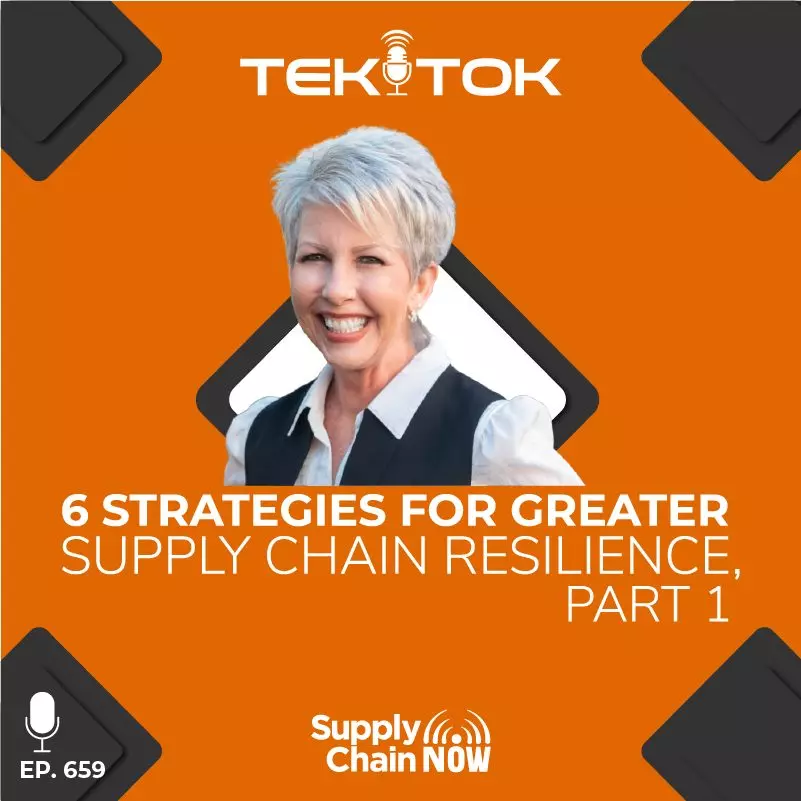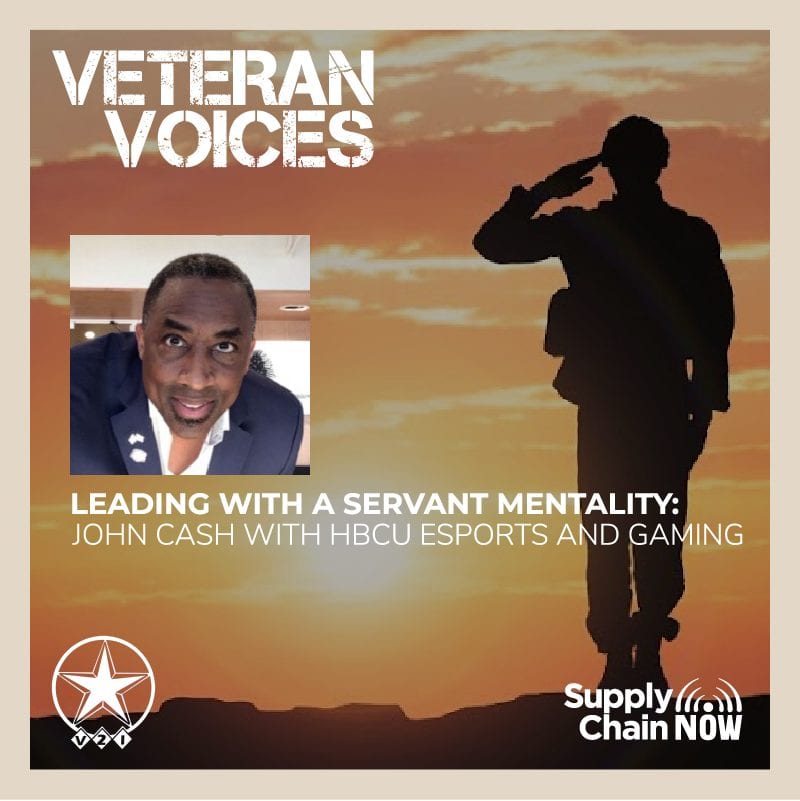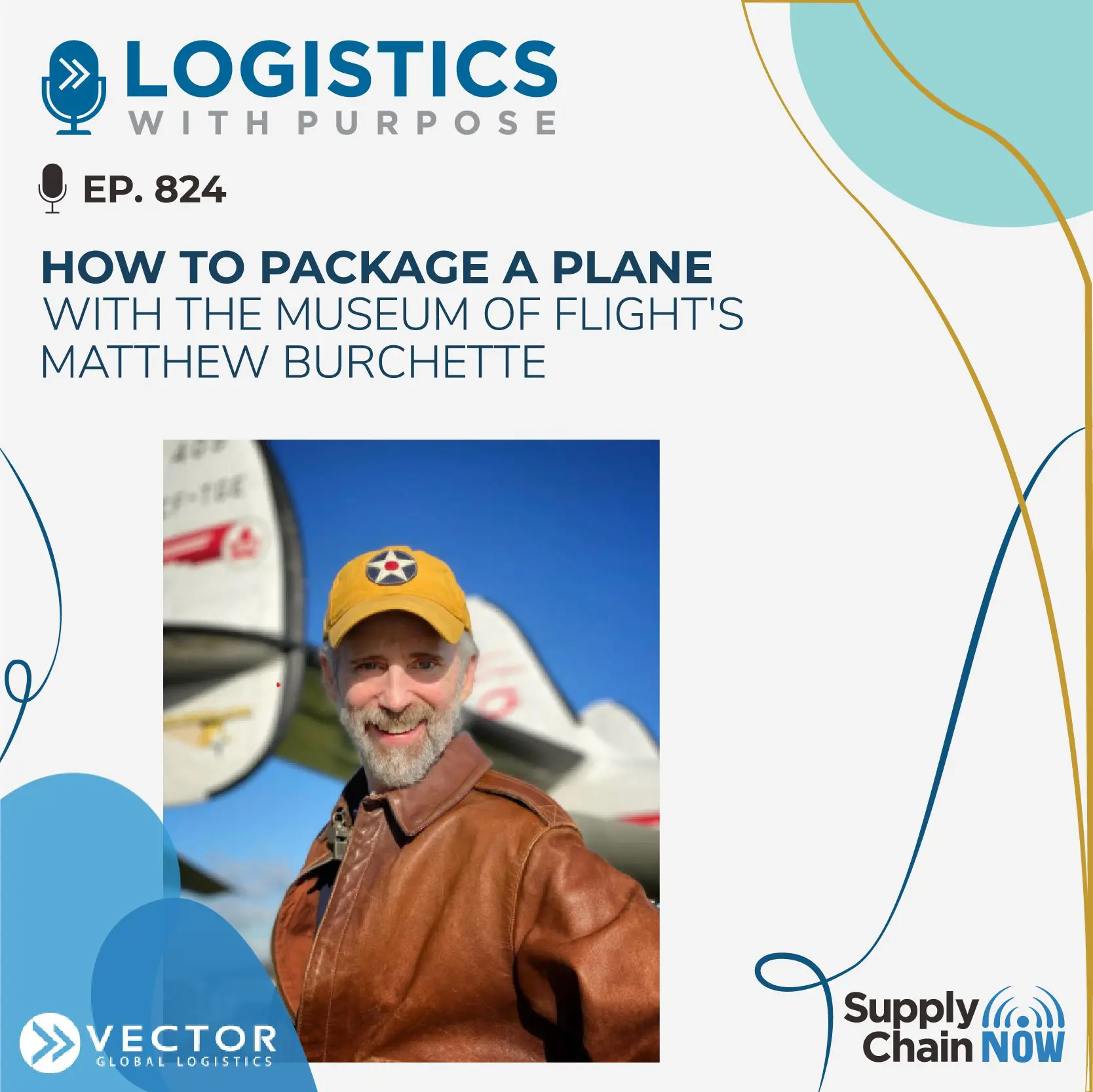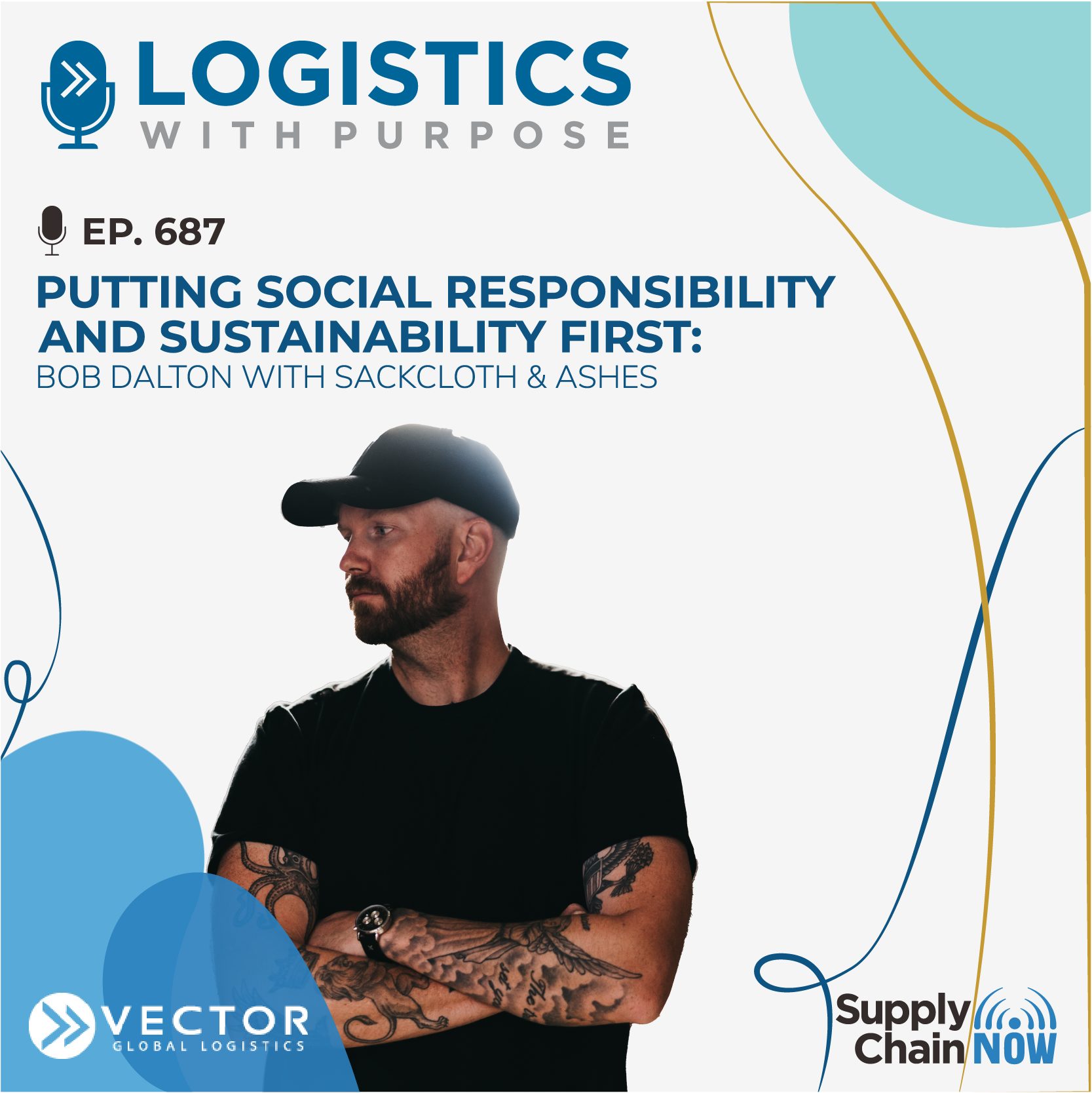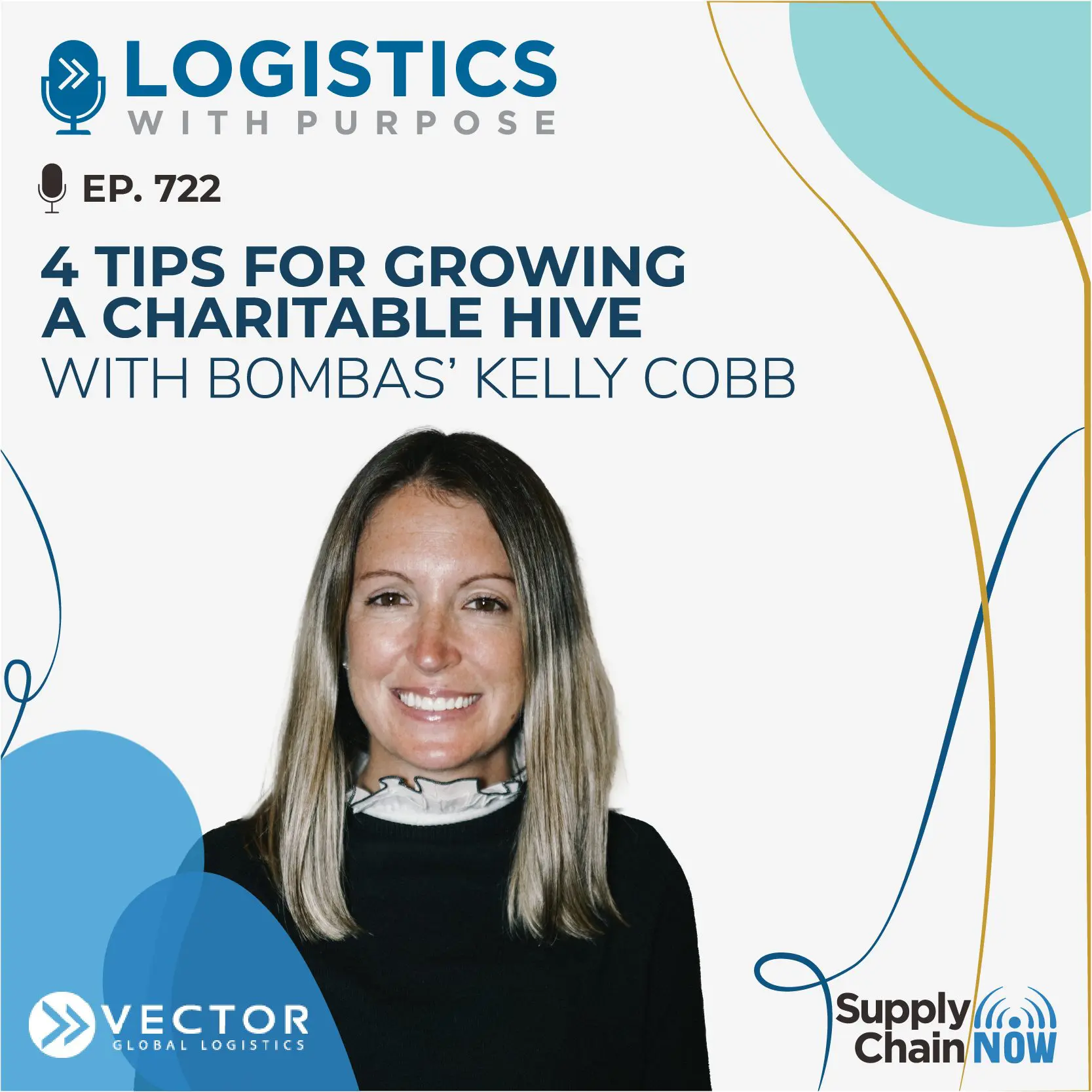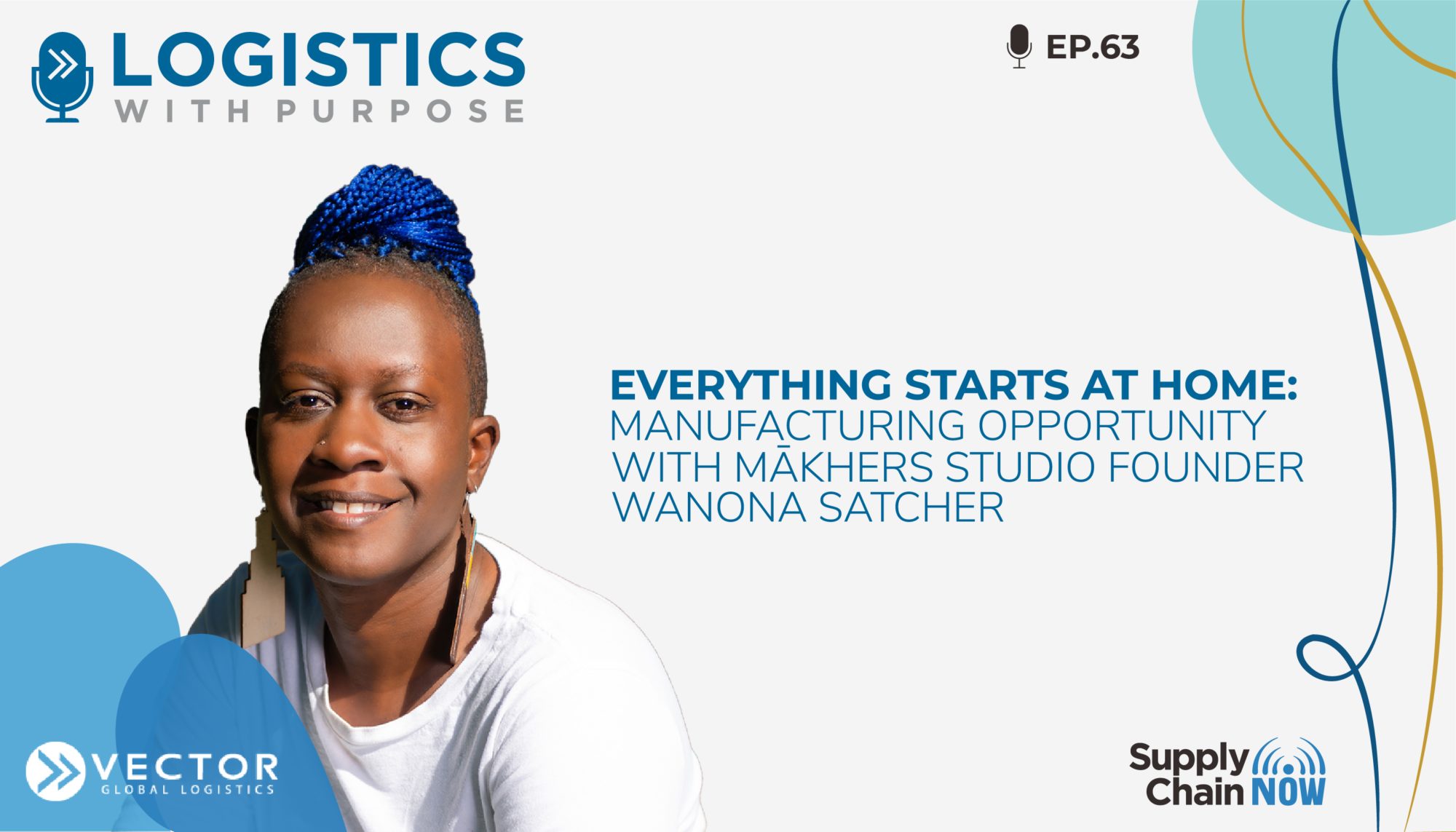
I remember growing up here in Atlanta, passing the Herman Russell building on Northside Drive and wanting to be Herman Russell. Like, that's what I want to be when I grow up. Someone that literally shapes the built environment, shapes it for all versus just a few. But in order to do that, we need to really urban onshore and bring jobs back to our communities and learn how to make again, learn how to build again, hence the name of our company Mākhers.
-Wanona Satcher
Episode Summary
There is perhaps no one embodying our core value to “Be the change” quite like ATL native and Mākhers Studio Founder Wanona Satcher. In this episode, Kristi sits down with Wanona for an expert deep dive into Atlanta history, the journey to building more equitable communities through green manufacturing and modular shipping containers, and the successes, challenges and future goals for Wanona and her organization. Don’t miss this opportunity to learn and grow — and maybe even spark a change of your own.
Episode Transcript
Intro/Outro (00:00:02):
Welcome to Logistics with Purpose presented by Vector Global Logistics in partnership with Supply Chain. Now we spotlight and celebrate organizations who are dedicated to creating a positive impact. Join us for this behind the scenes glimpse of the origin stories change, making progress, and future plans of organizations who are actively making a difference. Our goal isn’t just to entertain you, but to inspire you to go out and change the world. And now here’s today’s episode of Logistics With Purpose.
Kristi Porter (00:00:35):
Hi, and thanks for joining us for another episode of Logistics With Purpose. I’m Kristi Porter with Vector Global Logistics, and today I am delighted, um, to introduce you to Winona Satcher, CEO and founder of Maker Studio. So, hey, Winona, it’s so good to see you.
Wanona Satcher (00:00:51):
Same Christy. I’m excited about our chat today. Good to see you again.
Kristi Porter (00:00:55):
Ah, you too. I am a long time fan. So I, as I said, I’m excited to create more fans, um, and hear more about you and what you’ve been up to. Um, for everyone who doesn’t yet follow her on LinkedIn, you definitely to do that, to stay up to date with them. But before we get into Maker Studio, which has a lot of incredible projects and visions for the future and everything, I, I want, um, us to share and talk a little bit more about your background. This is something I don’t know, so I’m excited to learn. So tell us, first of all, uh, where you grew up. What was your childhood like?
Wanona Satcher (00:01:26):
Yeah, so I grew up born and raised in Atlanta, Georgia, which is where we are headquartered now. Uh, and, uh, for generations of, upon generations of from here. Uh, and very interesting childhood in the sense of, um, being from the city, but then, uh, moving out like a lot of families, uh, during, uh, the, uh, late eighties and early nineties, specifically black families to, uh, the suburbs. Um, and then ended up moving back to, um, uh, well, actually moving to the suburbs in the, on the east side. We originally moved from the suburbs of the cell. Uh, and, and the east side was interesting because, um, you know, that was my first, I would say, interaction with a huge international student population, which had a huge, um, uh, impact on why we do what we do. Why I do what, what would I do now at Maker Studio, Uh, and just, uh, you know, delving into different types of, of foods and, uh, languages, um, uh, and, uh, you know, more of the inclusion, inclusion and diversity, uh, opportunities, uh, uh, at the beginning, you know, at the early on onset of, of middle school and high school.
Wanona Satcher (00:02:39):
And during that time, uh, also because even though lived in the same county, there was an opportunity to take, uh, courses at a better high school school. So schools in the neighborhood that I lived in weren’t that great, which was highly unfortunate. Uh, but we were able to, those of us who wanted to look at the opportunities for better programs, the better classes, we ended up having to take two buses to get to school and two buses to get home. So, uh, I was part of the end, well, almost the end of the busing system that was established during, um, uh, later parts of Jim Crow for integrating, uh, schools. So, you know, while that provided opportunity at the same time, uh, we shouldn’t have had to right. Do that, right? Like the opportunity should have been in our community. So that definitely had a huge, uh, impact on why, you know, I do what I do now, but before that, um, I started, uh, uh, you know, drawing and building at, I didn’t know what I was doing at that time, but looking back on it, uh, building, you know, cities and neighborhoods with crayons and all kinds of things for hours on the floor.
Wanona Satcher (00:03:48):
And, and of course now looking back, that’s what I do now in the sense, right? That’s, well, almost, almost a portion of that. So, um, you know, very, very cool childhood, very fun. Uh, it’s a very, um, you know, interesting, diverse, inclusive, uh, and all of that has definitely had an impact to what I do today for what I do today. Uh, and then after high school, uh, ended up, uh, attending all Auburn University College of Architecture, design and construction for undergrad and grad, um, and end up graduating a dual degree in Alaska Architecture City planning, and then, like most students, and went to work right after that.
Kristi Porter (00:04:26):
Yeah. Fantastic. Thank you so much for sharing that. It is getting more and more rare to meet a native Atlanta <laugh> that is still here. Yes.
Wanona Satcher (00:04:33):
That’s what I’ve heard. <laugh>. Yes.
Kristi Porter (00:04:36):
So that is you. Yeah. And most people I talk to have, of course, flown through Atlanta. Mm-hmm. <affirmative>, our airport is the world’s busiest airport. But, um, you know, you are also talking about our wonderful diversity. Uh, yes. Atlanta is an amazing, amazing city for food, for culture, just to meet and, and see the intersection of people. So yeah, tell me a little bit more, if you would, about, about that aspect and kind of how that opened your eyes to, um, just what else is out there, But it was right there at home as well.
Wanona Satcher (00:05:05):
Yeah, that’s true. Uh, and that’s the beautiful, the beautiful piece to what I call old Atlanta. Yeah. Uh, it, it a very interesting culmination of, um, you know, having my grandparents and parents, uh, active in, uh, especially my grandparents in a solar rights movement and participating heavily, um, with Dr. Martin King and Ralph Aber Abernathy, and a lot of other, you know, civil rights activists, uh, that we all know. I hope that we all know. Yeah. Uh, and so, so that was obviously a big part of growing up in Atlanta and what that meant for the city and for actually the country in the world. Uh, and, and, and a lot of that started here, right here in our city. Yeah. Uh, and then of course, um, you know, growing up during the time of, uh, when the Olympics came in 96, but the preparation for the Olympics, a lot of that was not positive for a lot of people.
Wanona Satcher (00:05:57):
So a lot of people were, uh, displaced, pushed out because of the overwhelming, uh, um, teardowns of the public housing, a lot of public housing. In fact, Atlanta had one of the largest, as far as the city, uh, amounts of public housing, any city in the United States. All right. And so all of that, especially Techwood homes, a lot of public housing was torn down and preparation for, um, uh, the Olympics. And of course, the majority of those individuals were not, uh, did not come back for a lot of reasons, Uh, and especially a lot of promises were not made, and that story needs to be told more, but that had a huge impact on the question in my mind about equity and housing and inclusivity, uh, and community development and affordable housing, uh, is specific to housing. Um, but so we had civil rights piece.
Wanona Satcher (00:06:45):
Another great topic for today, <laugh>. Well, no, yeah, that’s right. That definitely wild out there. Yeah. Yeah. It is. It’s so and so, we have, we’ve seen this before, but now it is affecting, you know, a lot more people. Yeah. Um, and, and that has been, before it was predominantly, uh, black and brown communities. Now you’re starting to see, uh, it’s not just black and brown communities. So there’s a larger conversation around that mm-hmm. <affirmative>. Uh, but so, so the, the pre-civil rights component and learning and being reared in that kind of space to seeing, uh, being old enough to under, to almost understand, or at least question what was happening during the, in the mid nineties in the Olympics, and then after that, um, the, uh, you know, so the resurgence of, uh, this, this newer version of Atlanta for good and bad. Um, but all through that, still having, uh, some of the triples of lot racism that, uh, we, uh, saw, uh, in, in, uh, racism that we felt, uh, living in the sub southern suburbs of Atlanta at that time.
Wanona Satcher (00:07:46):
And then, of course, the poverty that we started to see as well, uh, post the Olympics. Uh, and then also the international, though community that, that sort of arose out of the Olympics is, was also something that was very, one of the great things that did happen along the international village in Pire Highway, and having access to international markets, um, and, you know, more for the foods culture languages. So that was, that part has, has, is still here. Uh, and it’s growing. Uh, and that has been great. Cause that’s just what I love. I love cities. That’s what I, that’s what I studied. Um, but to see all those different components and how sometimes they, they interact and sometimes how they can be very destructive, uh, has all led to, you know, where we are now politically and, um, how our city and metro Atlanta area has been, uh, developed over time.
Wanona Satcher (00:08:34):
So the question now really is all of that, especially being from here, and how does that affect developing, designing communities for, for people that, you know, people that wanna live or commun or kids that wanna stay, Uh, and what does that look like, and where do people wanna live? What, what does that place look like? And I think that’s where Atlanta is right now, specifically as a city. But, um, yeah, very, very interesting, uh, time from when I was born in 81, uh, to living through all of that till now, and actually coming back to Atlanta and starting a business.
Kristi Porter (00:09:06):
Yeah. Well, I wanna back up for just a second, because, you know, we only got just a little glimpse of, you’re talking about your grandparents and even your parents and their interactions, um, their ability to interact with iconic civil rights leaders. They were a part of that movement. Um, it’s certainly one of the things that Lynn is known for. It’s probably one of our prouder moments. Um, and, but I, I’m curious if you have any stories to share or any things that you’ve gleaned from the time that they were actually a part of that movement and being able to interact and being on the front lines of such an important moment in history.
Wanona Satcher (00:09:45):
Yeah. Uh, so, uh, my grandfather was, was, uh, born and grew up in middle Georgia and Macon. Okay. Uh, and so, um, this is pre the civil rights. This was at the, you know, um, the very beginnings of Jim Crow. And it was extremely rough. And, you know, some of his story, of course, he, and he grew up, uh, grew up with, um, uh, James Brown from between Augustin Megan. He also had stories of, uh, you know, um, uh, growing up with, um, little Richard, Uh, and a lot of those musicians down there. He had his own band earlier, almost probably had their own band at that time before he got drafted, <laugh> later on. But, um, but, you know, having to grow up in a place where, you know, they couldn’t go to swimming pool, so they had to, uh, swim where they call swimming holes, uh, in the river, uh, to, you know, buying, uh, even cigarettes for someone in the, in the neighborhood.
Wanona Satcher (00:10:41):
And they, I think the silver, the silver, the name of the cigarettes was, uh, uh, Prince Albert. And so when he had to, when he would go buy a pack of cigarettes for someone in the community, he’d have to say, I wanna buy Mr. Prince Alberts. Just little things like that, uh, that really ridiculous. Yeah. But, but very subtle of that, just sort of chipped away at, you know. Absolutely. You know, the, the, your integrity. Yeah. Um, in the meantime, my grandmother was born here in southwest Atlanta, uh, in the Pittsburgh community, which is where, you know, my grandmother’s side we’re all from. And she remembered you would tell me stories about, um, you know, being here in southwest Atlanta and, uh, her grandfather who’s Irish, uh, the only, the only, uh, white man that was in the community, he and the other, the black men in the community would, uh, every, you know, every other night really late, would get their shotguns and put on their boots, and they’d line up in the street because the clan was coming down the street toward them off.
Wanona Satcher (00:11:40):
And, and so all of that had an impression on her. Absolutely. She was one of three, one, it was three sisters. She was the youngest, but she was the most vocal <laugh>, uh, and the most, uh, uh, energetic when it came to, uh, the, the start of the civil rights movement. And so, uh, she was, you know, someone who, she didn’t move from her seat on the bus either. Mm. Uh, you know, she participated in a lot of sit-ins. Um, uh, she participated in, um, uh, organizing for sit-ins and for, um, uh, uh, marches at Paschal’s Restaurant, uh, here in Atlanta. Um, and, uh, was a huge support and advocate for Mayor Maynard Jackson, uh, you know, Herman Russell. Um, and, uh, so yeah, really sort of deep in, into that, into that space. My mom and her and my aunts, they ended up, um, have spending their time in, in Catholic school here in Atlanta with the Mallu family at St.
Wanona Satcher (00:12:37):
P’s. Uh, so anything I know about politics, you know, about Mo family in Georgia. Um, and so they had it’s different experience when it, as far as educational component, uh, going to Catholic schools, Although my mom was one of the only black kids, uh, at St. PA’s app that time, So it wasn’t easy either for her. So learning all of that and being supportive when I started, when I came along and was growing up, making sure that, uh, I loved who, you know, always had self love and making sure that I stood up for what I believed in. And they stood up for me as being, uh, grandparents and parents uncles. Uh, that’s just something that’s embedded, uh, in what, who I am and what we do, especially around these being in service part of it. So, uh, growing up, you know, early on, and my parents would take me to soup kitchens to help, you know, uh, prepare food and feed homeless to volunteering, uh, to, uh, going to allow a lot of, uh, libraries where they had conversations around, um, you know, uh, uh, civil rights and the civil rights impact, and how to promote and progress, uh, the learnings from, from the Civil Rights movement.
Wanona Satcher (00:13:49):
So that was just a part of, um, growing up. It wasn’t anything, uh, that it’s just, it’s just, it was just, it’s another language for me, honestly. And then I think also a piece that was really important, um, at that time, my grandmother was heavy, especially in the seventies. Um, she was involved and, and just kept learning and, and, and, and, um, educating herself around the new NPU system, neighborhood planning unit system, and how Mayor Mayard Jackson was supporting and helping to create these neighborhood, uh, efficacy and neighborhood led associations that supported, uh, or very vocalized, um, you know, their needs and, and interests to city government, city officials, which was a groundbreaking way, actually, nationally from planning standpoint of how to engage communities around, uh, development, future development infrastructure, transportation, education, public school systems, and so forth. And one of the key neighborhoods that always fascinated me with, with her stories of paying attention to all of that and evolution of those NPUs, and how, how serious people were at that time to create applicable communities, especially after all of these, the white flight from the city of Atlanta and so forth, uh, was little five points.
Wanona Satcher (00:15:03):
And so little five points became, uh, you know, it’s eclectic as it is, uh, has always been really my haven in my safe zone, uh, when I was growing. I’m going to school, um, uh, in, in middle school and high school, uh, because that was, for me, the one of the most diverse, uh, and inclusive, if, you know, little five points, you know, when I’m talking about places to go. Uh, so, um, so just to see how all of, all of the political aspects were threaded through the actual development and land use, um, of, of neighborhoods in Atlanta, uh, and Atlanta metro areas.
Kristi Porter (00:15:38):
Yeah. Wow. What an incredible legacy to be a part of, how proud you must be, Um, really remarkable working. For those of you, uh, who may not live here in Atlanta, or maybe you do live here, but haven’t gone yet. Highly encourage you. This reminded me to go to the National Center, um, for civil rights. It’s incredible. There is also one of the most moving experiences that I’ve told people about is the lunch counter there where you, and you put the headphones on and you hear, you know, you have to remain calm, you have to put your hands on the table, Um, and in the, in your headphones, people are yelling at you terrible, terrible things. And it is, I was just, you know, tears streaming down my face. I mean, I can’t, That’s a simulated experience. I can’t imagine the real thing, and just remarkable. So, um, Yeah.
Wanona Satcher (00:16:25):
Yeah. And in fact, my mom’s, um, first her very first job, and she was a teenager, was at a Dairy queen on the west side of town, uh, near the, a auc, So Atlanta University, Sy House, Spellman, Morris Brown, Atlanta Theological Seminary. Uh, and her, her boss, uh, Mr. Hank Johnson, um, who owned Silver Restaurants. So I just found out recently that he was a freedom writer, and I didn’t know that. She didn’t know that. Yeah. From a contact back in Durham, which is where I started my, my career in North Carolina. But he was one of the original Freedom Riders, and their bus was bombed. Um, but to, but he’s a, he’s long time hotel and restaurant tour here in Atlanta and, and actually in middle Georgia as well. Uh, but just to be that close mm-hmm. <affirmative>, uh, to, uh, those courageous individuals, um, you know, talk about six degrees of separation. I mean, it’s, it’s at some point you run into someone in Atlanta who, uh, if you say long enough, who was part of all of that,
Kristi Porter (00:17:23):
So, Right. Yeah. Well, yeah, we’ve dug deep into Atlanta history here, which I, I’m loving. Hopefully this encourages more people to visit or to get out and explore, um, their own neighborhood. And I wanna touch on something that no matter where somebody is, that you mentioned as well, that I think is so important, um, which is, you said, part of the language growing up was the volunteering and the being able to meet people from different walks of life, um, for the parents out there, or really involved, involved aunts and uncles and, um, uh, aunties and uncles, and from, you know, grandparents standpoint, getting kids out, being able to show them different walks of life, being able to volunteer and be around, um, other people who maybe they can’t imagine those kinds of circumstances to be homeless or to be, uh, that vulnerable. What what was that like for you as a kid that other people can be, you know, take that away from and say, Yeah, I need to really get my kids away from a screen and into an environment like that?
Wanona Satcher (00:18:18):
Yeah, It was, it was, it was, you know, extremely impactful. Of course, then as a child, in the midst of it, uh, you don’t understand all of it, Right. Which is where your parents come in to explain as best as they can, uh, some of the issues and the challenges that people face, um, be, you know, and, and I, and for me, once, once, and then I was probably seven years old when I started six or seven doing that. Um, and the constant conversation from my grandparents and parents about why these situations exist in a way that I could understand it as best as I could. Um, you know, just, it helps you to create a level of empathy that is critical if you really wanna solve the world’s problems, or at least change the rules, um, to a point where, you know, you, you sympathize, you empathize and understand as much as you can, uh, and wanting to really make a difference.
Wanona Satcher (00:19:07):
And kids naturally are like that. They are naturally creative, they’re naturally interested, they’re naturally courageous, you know, they’re naturally, um, gifted in being empathetic and, and having a good heart. And that is a perfect time, uh, to introduce children, uh, to other ways, other lifestyles, uh, and so that they can start to ask questions and they can start to figure out on their journey, you know, how to solve solutions to real problems, not just symptoms. Yeah. Um, but you know, what’s, what was interesting when you participate in volunteer, uh, whether it’s in soup kitchens or church or, you know, other organizations, uh, or start your own mm-hmm. <affirmative> or a small organization as a kid, um, you know, you start seeing people who look like you. Uh, you start seeing people who, uh, you know, maybe their kids go to your school and you didn’t know that they were homeless mm-hmm.
Wanona Satcher (00:20:03):
<affirmative>, um, you start to see people that live in your neighborhood, um, or people that work with your parents. Uh, and it really is about the village and community building. I think we’ve lost a lot of that, uh, because we are so focused on electronics instead of focused on the actual reality mm-hmm. <affirmative> of what people are going through. It’s also interesting because it helps you gain a greater perspective as you get older, how close you are to being in that situation. Yeah. Uh, because of all of the other external, external environmental factors that you just can’t control. Right. Uh, so it just makes you more of a thoughtful individual. Uh, I think it makes you more, uh, of, of, um, a natural leader in the sense of wanting to take the problem by the reigns, and let’s go, let’s figure this out. Mm-hmm. <affirmative>.
Wanona Satcher (00:20:46):
Um, and it also reminds you that there are good people in the world who, um, you know, share your values and do wanna either be a leader of an organization or of an idea or support someone else who’s doing it. Um, and then I think the last thing is that there’s always a need for, for being in service to others. Uh, that’s critical. Uh, and so if we can’t continue to be on this individualistic, um, journey and think things are gonna work out, we really have to understand the value that we are of, of being interconnected because we are. So that interconnectedness is, is critical, Uh, and in our evolution as I think as a human race. And, uh, I saw that early on, participating in all of those sorts of, um, you know, uh, meetings, events, um, you know, kit soup kitchens, whatever the need was. Um, you know, I was there, but I think that at the end of the day, my parents being there with me was the critical piece. Cause they could then explain, you know, in a way that I would understand it at that time.
Kristi Porter (00:21:50):
Yeah, for sure. Yeah. Thank you. That’s, um, really beautiful. Um, so let’s fast forward a few years. Uh, I’ve thoroughly enjoyed learning more about your childhood, but let’s get a little bit more into your career as well. So you’re graduated now. What does that look like before starting Maker Studio? And I guess also, let me ask, you talked about city planning and drawing with Crayons City, you know, intersections and things like that. That’s something I have no frame or reference for. So what was it that drew you to that? What, what, how did that come to be and did you decide, Hey, this is something I really wanna learn more about and do with my life?
Wanona Satcher (00:22:28):
I honestly don’t know where it came from. Uh, I, I started doing that around probably third or fourth grade. Wow. Um, and, uh, I would literally just take over the whole living room floor with crayons and my toy cars and trucks and dump trucks and building blocks and spend hours on the floor. And, you know, the one cool thing about it, my parents never, you know, got irritated or yelled or said, Pick up your stuff. They let me figure out whatever I was trying to figure out. Now, who knew, You know, And I remember my grandmother would say, she always wondered what I was thinking. I don’t even remember <laugh>, um, <laugh>. And I didn’t, we didn’t what
Kristi Porter (00:23:03):
People get paid for this
Wanona Satcher (00:23:05):
<laugh> Yeah. No idea. And didn’t know it was a thing. It was just, you know, something that I naturally was drawn to for some reason. And they just kept encouraging it, um, as I grew older. And so, um, you know, to fast forward when I, when I was accepted into Auburn, you know, you typically only hear about architecture. So that’s what I, I started out in and then quickly realized, and, and this is what the help of the chair of the program at that time, Jack Williams, Um, we, there’s another type of design that’s called landscape architecture and felt completely in love with it because it was about that looking at ecosystems versus a building, looking at the whole Right. And understanding how all of the components from the natural ecology of a site, uh, uh, plant animal ecology to the social components, which that really resonated with me having grown up in Atlanta.
Wanona Satcher (00:23:57):
Uh, and that things are built and designed and developed for a reason. Mm-hmm. <affirmative>, um, that, uh, people live in poverty for a reason that public housing looks the way it does for a reason. Uh, and then in graduate school, that’s when I started the planning, uh, uh, program and didn’t know anything about that until then. It was really excited and overlaying the policy piece to the design piece. Yeah. Uh, and then around real estate development. And I ended up becoming the first African American graduate in the history of Auburn, um, from those programs. Didn’t know that either. <laugh> uh, what was weird though was the building was named after George Wallace. And anybody that knows who that is, if you google George Wallace, that’s a huge stain on, um, the history of the United States, especially of education. And so, you know, to be in a building where that’s named after someone that says segregation forever.
Wanona Satcher (00:24:47):
Mm-hmm. <affirmative>, you know, was difficult, <laugh>, but we, I persisted. Right. We, we made it out. Um, and so, uh, with, with those degrees, I started out in the natural trajectory of working for private firms in North Carolina. That was where, um, I started my career. And, uh, it wasn’t until, um, uh, I started working. I was laid off during a recession, uh, oh eight, like a lot of people. Um, and, well, actually, lemme back up. The firm I was working for before the recession was an awesome firm, because that was my first ex uh, uh, my first, um, um, opportunity to work with, uh, a bunch of different other types of disciplines. So everyone for electrical engineering to architecture, to interior architecture, to Forest la and planning to hvac, you know, plumbing engineers. And my, I’ve always had a love and a knack for multidisciplinary approach to solving problems.
Wanona Satcher (00:25:41):
And so that was really cool to be able to work with all sorts of different disciplines and how they see the world. Um, in North Recession, I ended up, uh, working for another firm. I met my husband at that firm who’s also a landscape architect, uh, and then ended up working for the city of Durham, North Carolina. And that was a huge difference, <laugh>, uh, and made a, a big impact on my life working in the public sector. Uh, you know, government is not the most innovative space <laugh>, uh, but it is a great space to learn the hard way. Unfortunately, what happens when you do try to be creative in a space that’s not built for that, but you also learn how the systems work and don’t work, and why. Uh, and so being able to learn certain key elements of governance, uh, was critical and work that we’re doing now, because I can translate, you know, what the requirements are to build something or to advocate for something in a way that, um, the recipients of, uh, these decisions can then say, Nope, that’s not, not gonna work for us.
Wanona Satcher (00:26:43):
Oh, now we understand why things are the way they are. Let’s revisit and let’s change the way you know, this, this is working. It’s not working for the majority of us. So that was a very difficult, but interesting and challenging environment to work for. And I resigned 2016. My husband and I moved here to Atlanta. My husband was actually from South Dakota. Um, uh, and of course, just like you mentioned earlier, Christy, most people don’t know about except for the airport. And so this was a huge surprise, <laugh>, uh, once I started taking them around the different neighborhoods. So excited about the city. Uh, and we moved back here to Atlanta, and that’s when we started Maker Studio in 2017. Uh, and we’ve been going from there a sense.
Kristi Porter (00:27:22):
Yeah. Well, and going is definitely the word to use. You are always going, always doing something. So interesting. And now I think, you know, I’m excited to tell everybody more, um, for you to tell everybody more about Maker Studio, because now knowing a little bit more of your background, I think it’s such an interesting juxtaposition and a way to continue your family’s legacy in a, a way that I’m sure they would’ve never imagined <laugh>. It did. It wasn’t a linear path, for sure. Um, not
Wanona Satcher (00:27:50):
At all
Kristi Porter (00:27:51):
<laugh>, but it’s, Yeah. But it’s a really interesting way to continue that work from a completely different angle. So share more about, um, what Maker Studio is, why you decided to start it, and yeah. Just tell us a little bit about the mission behind it.
Wanona Satcher (00:28:05):
Sure. So, um, so Maker Studio, you know, we, so we are a design built green manufacturing company. Uh, we specialize in modular real estate and using recycled renewable materials, uh, to provide affordable energy efficient housing. Uh, we hope to attain net zero housing, uh, in the future. Wow. Um, so, so, so there’s the intersection of a course designing of spaces, uh, to prepare for the, the real estate solutions that we build. Uh, so that, that is a course, obviously, uh, kind of touches on landscape architecture and site development and planning, well, site development piece. Then there is the whole hard deep conversation around affordable housing and what does that mean, the different types of affordable housing. So now you’re talking about community engagement, civic engagement, advocacy, um, you know, NIMBY’s not in my backyard, and yes in my backyard. And, and, and, and opportunities to, uh, to advocate for those who can’t advocate for themselves, for whatever reason, to be able to build housing for these individuals who need to be able to live, work, and play in the same space.
Wanona Satcher (00:29:11):
Uh, and then of course, there’s the intersection, uh, of job creation, uh, and manufacturing and, and bringing jobs back to our communities here in the United States. Uh, and, and being able to source local, uh, materials to build, um, sustainable and structurally sound housing, which then leads to the intersection, um, of, um, the actual construction part of it, and sustainability piece of it, which we have just started really promoting our company as being, um, more in the climate texting than, than before. We hadn’t really thought about it in that way. Uh, so that has propelled us into a lot of more interesting and new conversations around, um, how to scale and who to build for. Uh, so all of this came out of, uh, uh, all of the past experience that I mentioned, um, a few minutes ago from growing up in a space up, was heavily involved in a, a civil rights movement, a family heavily involved in civil rights movement.
Wanona Satcher (00:30:09):
Atlantic was foundation for that for, for, for many of us. Uh, and then seeing, uh, to go from this, this amazing, uh, social, um, uh, uh, uh, space to, uh, people being displaced and imp impoverished and lack of housing, uh, to living around an international community within an international community to then learning how to design spaces for all, all kind of culminated into how do we materialize that into physical spaces versus just, um, some pie in the sky idea spaces that we can actually feel touch, put on the ground and scale. Uh, because we, the affordable housing crisis is a global crisis, and how do we make money doing it? Cuz you really need to be able to make money to solve a problem. Uh, so we, we, we created a for profit. Basically we’re seeing as a social enterprise, uh, because we are making money for good, right?
Wanona Satcher (00:31:01):
The whole idea is to solve global problems around both housing, workforce and, um, poverty and sustainability and clean tech. Uh, and so we started, uh, what we are still doing now, uh, we, uh, take shipping containers and we retrofit them because it is a, it’s a material that’s abundant. Um, we don’t export that much in the United States, especially aur it after the pandemic. Right. Uh, of course we kinda, we’re still kinda still in the pandemic, but, uh, post pandemic, um, and the idea of reusing material that’s abundant in urban landscape, uh, and retrofitting this material for a better, higher quality use, uh, that’s readily available, that’s affordable to build, so therefore affordable to provide, um, to, to those that need affordable housing and to those that might be able to purchase from us in, in, in, in, in bulk to build affordable housing. But small spaces for large impacts.
Wanona Satcher (00:31:55):
So these spaces can fit in, uh, you know, tight urban lots where the land costs are so extremely high and construction costs are so high, it can’t justify doing that. Mm-hmm. <affirmative> well, we can, because we build in smaller spaces and we can stack these. So the idea of creating or being creative around materials, being creative around reuse and recycling sustainability, uh, being creative around what can we do to, to boost affordability and do it in a way that’s not conventional, that doesn’t require tax credits, You know, that could be built locally and create more jobs, uh, by hiring local trades, many women and veterans and other women, uh, to, to join us in the construction industry and build, uh, all of our real estate offsite and a factory. So we just acquired a 29,000 square foot factor in East Point, uh, right outside of city of Atlanta.
Wanona Satcher (00:32:43):
That’s nice. Uh, we are still waiting to move in. It’s a building that’s under renovation. Uh, we are leasing it. Uh, but that would allow us to build multiple units of housing at once very quickly, uh, through a standardized permitting process. So, again, for us, um, the question was, you know, how do we solve a problem or build a new system, uh, or a new way of thinking or change the rules around the built environment and do it in a way that’s both quality, but also efficient to, to start solving the problem quickly. We don’t have that much time. Yeah. Uh, so, um, that’s what we do now and that’s what we will continue to do. We are working on some new product development though, to make us more efficient even in that approach.
Kristi Porter (00:33:26):
Wow. Um, let’s jump back to, I wanna talk for a second about the manufacturing aspect, because this is one thing that you brought up a few months ago when I heard you, uh, speak at an event and we were finally able to meet for the first time Yes. In person. But, um, you were talking about just manufacturing what that meant locally, the job creation from that and kind of the broken system that it currently exists around it and what it could be. Can you expand on that a little bit more and talk, um, kind of reiterate some of those points, which I’m not eloquent, I’m not stating at all, but you’ll do it an amazing job with
Wanona Satcher (00:34:01):
No, I mean it, No. Good question, Christie. Uh, thanks for, for, uh, asking that. Uh, cause I love to talk about it. I mean, it’s, it’s really for us to stand back at a higher level and look at how can we democratize, uh, the supply chain. Uh, you know, we’ve recently all seen just how, um, you know, sensitive, uh, our supply chains are when during the pandemic. Uh, and, you know, we need to be able to produce and make and build locally. We also need to be able to teach and train, uh, and trace men and women in those individuals in the communities that wanna build the change they wanna see in these skills so that they can build their own generational wealth. Not just living it, but literally building it and facilitating, um, you know, equitable, uh, opportunities. Because everything starts at home. Right?
Wanona Satcher (00:34:48):
And so it’s not just about the actual structure, it’s also about the ability to have access, not just to materials and supply chain, but also just the community services that you need. Schools educate, you know, education, healthcare, uh, at the lab, you know, everything. Grocery stores, access to healthy foods, locally grown foods, another conversation, but still all part of this local supply chain, uh, conversation that we’ve been having internally. Uh, and so how do we fit in with that? How do we support that? And it really is about, again, multiple disciplinary approach and collaborating and communicating with local community colleges and trades organizations and youth early on, uh, to show them o other opportunities that you, you know, you, you can’t, first of all, why you living the way you live? Uh, and how do, how do we, how do we support you in living better so that you can leave a better legacy?
Wanona Satcher (00:35:36):
But that means you have to be able to participate in the actual construction of physical construction, of physical building of your community. And, you know, I remember growing up here in Atlanta, passing the Herman Russell building more side drive and wanting to be Herman Russell. Like, that’s what I wanna be when I grow up. Um, someone that literally shapes, uh, the built environment so that it, but, but shapes it for all versus just a few. Uh, but in order to do that, we need to really urban onshore and bring jobs back, uh, to our communities, uh, and learn how to make, again, learn how to build again, hence the name of our company makers. Um, so, uh, being able to take at least a start out, taking a material, like a shipping container that was unfortunately built somewhere else, but understanding the component parts and how, how, how the science of the, the material and how it works in the environment, exploding those parts, understanding how all the pieces fit together and retrofitting it for a bigger and better use could potentially, And we think, at least for us, it’s, it is, um, impacting how we, excuse me.
Wanona Satcher (00:36:38):
How we, how we build better and how we do better. Mm-hmm. <affirmative>, you know, so it’s all about being able to reimagine what you have, where you are for bigger and better use so that it can create generational wealth, it can create equity, it can bring, uh, it can promote diversity and inclusion, and you can make money doing it. Yeah. You can have the resources and the capital to do it. So for me, my obligation as CEO of Maker Studio isn’t really, uh, to grow, you know, exponentially very quickly, 20, 30 times, which normally you hear about and investor conversations. It really is about, the obligation really is about, um, small impact, small, small steps for larger impact that you can build and manufacture locally, scale that sustainably and smartly, uh, in, in collaboration with other solutions out there. But at least to be part of the solution versus part of the problem. Right. So that, that is for me, the, the, the, the excitement around our company transitioning from just recycling a material to actually manufacturing new products in the near future.
Kristi Porter (00:37:44):
Yeah. That is exciting. Congratulations on the new space. Our, uh, our team will be excited to come tour one day when it’s ready.
Wanona Satcher (00:37:51):
Yeah. Can’t wait. Hopefully, hopefully mid-October we’ll be in. Okay.
Kristi Porter (00:37:54):
Alright. Well, we talked about the making and the manufacturing. Let’s talk about some of the spaces in places. So everybody listening to this podcast is very, very, very intimately familiar with the shipping container. Um, you know, and I, the interesting thing was a few weeks ago, our team went down to, um, also down to near the Atlanta airport to tour the Dignity Museum, which is a homeless museum inside a shipping container mm-hmm. <affirmative>, um, to raise awareness about that issues. And I think it was one of those moments for our team that also redefined what a shipping container could be. And so that’s, I know one thing that you’re working on as well. So talk about, um, some of the places, some of your favorite projects and what a shipping container has started as and then become during the process.
Wanona Satcher (00:38:39):
Yeah. Uh, it’s really exciting work, uh, because it is, it is different. Um, it is, it does, uh, you know, sort of question what can be a material that you can use, uh, successfully and get it permitted for a place as a place to live in. Right? Uh, you know, we get those questions all the time and it, but it’s also not difficult. Uh, it’s not that complicated. It, it’s something that helps to democratize that access to building your own housing or even commercial spaces. In fact, we started out make, started Maker Studio. Our first projects to market, uh, have been a mixture of residential and commercial. Mm-hmm. <affirmative>, uh, this year as a, as a team internally, we have just decided that our focus is really going to be, we’re working on a commercial project right now as a shipping container kitchen or commercial kitchen incubator kitchen.
Wanona Satcher (00:39:28):
But, um, after this, our really, our focus is going to be, uh, housing or residential, new construction, as well as retrofits using, uh, our, uh, shipping container, uh, uh, spaces as well as prefab other prefab advanced, um, materials that we are going to start producing soon. Um, because Anita is so great. Right. Uh, but, um, you know, our favorite one, I think date has is the one that you see behind me, which is, uh, was our first residential unit. Um, it’s our first a accessory dwelling unit, backyard unit in Old fourth Ward. And, uh, that was exciting for a lot of reasons. Uh, one, you know, conventional construction is difficult in the sense that you can’t really, because of the cost of land, especially in communities like Old Fourth Ward that have completely gentrified, um, you know, you’re talking about vacant land lots, going for $600,000 easily.
Wanona Satcher (00:40:17):
Uh, where, you know, you can’t justify using conventional methods, affordable housing, but using modular, uh, uh, methods to build sugar container as one type of modular construction where you’re building offsite in a factory, uh, and develop and employing it to the site, you can, you know, those costs make sense. Uh, interestingly though, we didn’t have a manufacturing site at that time, so basically we actually had to build that particular unit on site. Uh, that was interesting. Uh, to be able to fit a 40 foot long container down an alley <laugh> in a very tight lot was an interesting experience. Um, but our clients believed in the, the married couple that we built the built their backyard unit for, they believed in us. And that’s all it took. That’s really all it takes. It’s just one person or two to champion what you’re doing, because the educational component was difficult.
Wanona Satcher (00:41:08):
Uh, you know, what should have taken us, you know, a week, two week build and, and installation took us, you know, you talking about 12 months, 18 months because of the permitting, a city of Atlanta permitting that was so difficult. Uh, you know, we, people didn’t understand what we were doing. Uh, we didn’t fit the typical checklist of how we build. Um, you know, we had, uh, even in the office of zoning, uh, <laugh>, they were like, Well, we can’t even intake this project because you don’t have enough pages in your set your plans. Right. It’s too small of the projects. Like, what does that even mean? Wow. Uh, and so we were, you know, from building supervisors saying, Well, this is a dangerous, uh, uh, you know, house because it can be picked up by Ana and blown away just the most ridiculous <laugh>, some of the most ridiculous responses.
Wanona Satcher (00:41:53):
And that’s what we had to fight. We had to really educate, uh, those that were in charge of approving the opportunity for affordability mm-hmm. <affirmative>. Um, and that’s, and that continues to be a fight. However, uh, you know, we had always planned on what we’re doing now, which is going through the certification to be able to standardize how we build so that we don’t have to go through, uh, building permitting. We can just build it in our factory and be on our way and install it. Uh, but that process of, even though it was difficult, it’s always the best education, uh, for a company to, in, in, in, in a team to be able to understand how all the pieces fit together to practically do it versus just talking about it in the classroom or around a table. Uh, and so we were able to bring this project to life and build an energy efficient, our first energy efficient, one bedroom, one bathroom unit, three 20 square foot unit for a 55,000, 60,000 budget.
Wanona Satcher (00:42:47):
You’re just not gonna find a one bedroom unit in a downtown for that amount of money. Uh, and so Anne energy efficient, and we ran some calculations with our energy partners in Raleigh, Southern Energy Management, and we realized that anyone living in this space would have, uh, energy bill of less than 50 bucks a month. Wow. Uh, and so that really, that’s when we really started thinking about the energy efficiency of what we build and how we build in the future. Uh, so that was our, our favorite, probably our favorite project, uh, just because it fit, it checked off so many of the things that we feel so passionately about and what we are gonna be doing in the future. Um, and, you know, able to give tours, uh, although tilt the clients that, you know, we now have a space, we won’t be, you know, touring in our backyard too often, <laugh> anymore. Um, but it, we were, we been able to give tours to the city of Atlanta, uh, public officials so they can see and walk and understand and walk through what this space looks like. And it always just blows people away how spacious it is, how quiet it is, uh, and how it fits within the urban, existing urban context. Um, and so, yeah. Um, you just really, uh, excited about that project. Um, we love it and our clients love it. That’s, that really means a lot to us. <laugh>. Yeah. Yeah.
Kristi Porter (00:44:01):
And can you also talk about, of course, the time of this recording, The hurricane has just gone through Puerto Rico. Um, they’re being hammered again. Uh, our team is working on Ukraine efforts. There’s every day it feels like another disaster where you also talk about, I think they’re called Med pods.
Wanona Satcher (00:44:17):
Yeah. We, um, so a couple of things. So, uh, we did a quick, uh, iteration with one of our shipping containers in partnership with a local breast cancer physician here in Atlanta, uh, on how to quickly retrofit one of our units as a, uh, medical clinic mm-hmm. <affirmative>. Uh, and so, uh, we took the very first container that we ever built, um, uh, in 2017. And we turned, we built that kind of as like our office, but also a marketing tool. And we quickly, we were able to in a day, you know, turned that into, uh, basically a, a modular temporary, maybe permanent, semi-permanent, uh, medical clinic right in the middle of our neighborhood here in West End. Um, and we were able to have, um, you know, all of the physician Dr. Spencer, she, uh, brought over her equipment, uh, medical beds, um, everything that you needed to be able to support women, um, in, um, you know, an urban environment to test and look for breast cancer, uh, to support, uh, any women, you know, who, who, or, and men as well, um, uh, if they have those needs.
Wanona Satcher (00:45:25):
But it showed just the viability and also the versatility of small spaces, right. That we could quickly, uh, retrofit for not just housing, but also services in the community that are so needed. And often, uh, um, you know, not available as we just saw here in Atlanta with the closure soon to be closure of the Atlanta medical, uh, hospital medical center in old fourth ward. Mm-hmm. <affirmative>, uh, and so reimagining space and backyards and parking lots and subway, uh, parking lots, uh, transit areas, trans orient development, reimagining that out as these big apartments, but as these small spaces that actually could provide, serve critical services and needs for the community and to be built quickly and built, um, you know, with less material, less carbon footprint and also, but built with the people from the communi so that they have, uh, jobs to be able to support the housing that we call affordable.
Wanona Satcher (00:46:17):
Yeah. I will say though, one of the last major hurricanes that we had, I believe that was two, uh, and, and the Caribbean, uh, we were channel surfing and, uh, saw on cnn, they had this, uh, they were showing this, this view, um, of all the destruction from the hurricane. All the houses were totally destroyed. All of a sudden you see container, container, container just sitting there, nothing happened to it, nothing. You know, there was no damage it there, There also the only, uh, uh, structures that were still standing. And I said, See, that that is how we have to think about the future of our environment as climate change gets worse and the crisis gets worse, although we’re, you know, starting to create more solutions. Right. But it’s a big target. Uh, we have to think about the safety, uh, and the health of our, um, our structures, especially around housing.
Wanona Satcher (00:47:11):
And that reminded me of even the housing that I’ve lived in, um, in the past. And we live next door to an apartment building that’s in terrible shape. Uh, and, you know, health and housing are very interrelated. Uh, and so how do we look at advanced materials and materials for how we built the environment in a way that supports, uh, lower asthma rates, uh, supports, um, you know, the safety, lower energy costs and cooling costs, not just for the external environment, but for the people that live in it. So all of this, uh, started with the shipping container <laugh>, uh, and we’ve expanded the conversation since then.
Kristi Porter (00:47:46):
Yeah, it’s incredible. Even whenever you were talking about the kitchen and you mentioned food insecurity later, I also thought, you know, it’s just a great, you know, could even be a portable kitchen or portable grocery store into a food desert. It can be moved in and out of those places and, you know, taking Yeah.
Wanona Satcher (00:48:02):
We’ve been talking, you know, we’ve, we’ve gotten a lot of people contacting us and we’re working with the community in Michigan now, um, uh, on this, on this as well, uh, for the, you know, vertical farms and using containers for, uh, you know, vertical farming to provide year round food, uh, for those communities that do need access, don’t have access to healthy foods. You know, one example was the shooting in Buffalo, New York. Uh, and what people didn’t realize was that was the only grocery store that, that the community had. So after everyone was, you know, after the terrible, uh, uh, murders of those in innocent individuals at the grocery store, that grocery store was closed for a long period of time because of the investigation. So now there’s no food, Right? Uh, and so to be able to supply, again, it goes back to local supply chains, supporting local farmers, urban farmers, uh, and providing those, the, the actual spaces for those farmers to be able to sell and, uh, and provide healthy foods in communities, classrooms.
Wanona Satcher (00:48:59):
When the pandemic hit and schools were closed, we started getting calls about that. Uh, you know, how can we, you know, is there a way that we can, our foundation could partner with you to provide, uh, classroom, temporary classroom spaces? Uh, and we even had a conversation with Walmart, uh, foundation in Michigan about looking at providing classrooms in our shipping containers, uh, literally on site at Walmart so that parents who were working in Walmart can be close to their kids while the teachers were teaching, uh, there at Walmart. Uh, uh, and so, and now we’re getting calls from the cannabis industry, <laugh> about, uh, building, uh, for additional cannabis purposes, uh, building, uh, containers for that. I will say though, that’s the other reason why we are focusing from a business model on a use, which is housing. Because we, it can go so many different ways. It’s hard to operate, operationalize that, but I will say we are have been talking to some critical partners, uh, who are utilizing shipping containers for really interesting clean tech technologies. Clean technologies from wastewater management to battery storage for renewable energy. Uh, so okay, I’m just, every day I’m just totally inspired and excited about the opportunity, um, to support, not just provide the infrastructure for what we wanna do, but support other technologies who are interested in those companies interested in creating equitable communities.
Kristi Porter (00:50:22):
Right. That’s incredible. I’m excited to see everything that that comes next, because there’s certainly no shortage of ideas. And you know, the great thing is we turn on the news and we hear lots of bad things all the time, but conversations like this and the conversations you have every day remind you there’s also a lot of people willing to get in there and jump in a lot.
Wanona Satcher (00:50:42):
Yeah, it’s a lot. And I tell you what, you know, the myth, there’s two myths. One, that there’s not enough, uh, there, there, there, there’s not enough resources to go around. And that’s not true, especially if we, if we democratize those local supply chains, uh, it’s just, again, it’s reimagining what’s around you and how to creatively combat, uh, problems with what you have, where you are. And you know, the other myth is that, uh, only there’s only enough space for a few people to solve the problem. That’s not true. We need everybody, you know, you don’t have to build with shipping containers. That’s just what we do. Uh, but, you know, we need all the solutions because there, these are big problems and these are real problems. I just drove by somebody who was evicted not too long ago, uh, and all of their belongings route in the street, all of the belongings that people invest in, you know, let’s invest in what we do as actually building affordable housing so that we don’t have people evicted. You know? Uh, so there’s, there’s that, You’re right, Christy. I mean, it, it, it, that is the inspiring piece because we’re always bombarded with such negativity. There are so many people doing amazing, amazing work, uh, in, uh, in the built environment and infrastructure, clean tech, you name it, logistics. Uh, I’m just, that’s what keeps us so excited about work.
Kristi Porter (00:51:53):
That’s, Yeah. That’s incredible. And to, to speak for a second for about some of those challenges. Clearly you’re doing amazing things, but I’m sure it hasn’t always been an easy, smooth road, have especially <laugh> in Global Pandemic. Um, so what are a couple of the challenges that you and Maker Studio have faced? And it could be about launching the business or particular projects or supply chain or transportation or something like that. What are a couple of those challenges and how have you found the creativity to solve them?
Wanona Satcher (00:52:23):
So everything you said, all the above.
Kristi Porter (00:52:27):
All of the above.
Wanona Satcher (00:52:28):
Yeah. Check all of the above. Yeah. Starting a business is not easy. It is not for the faint of heart. Uh, raising money for something that most people don’t understand is not easy. Uh, and not for the faint at heart. Uh, especially when you are working in the construction industry, which is, uh, white male dominated, and even more challenging the modular construction industry, which is even a smaller piece of a larger construction industry. Um, and you know, the difficult piece about that for all modular build, uh, businesses really, um, is that, uh, uh, uh, disrupting the idea of what construction is. So that’s just challenging for all of us in this space. Uh, but I do see that as growing as a growing trend. Um, also, uh, you know, you know, being a black woman own business in construction is difficult, Uh, especially when people see you on construction sites.
Wanona Satcher (00:53:16):
Uh, you’re not always taken seriously. Uh, and sometimes we’ve had costs of materials just to coincidentally go up once I get, uh, on site. Um, and so that has been frustrating and challenging. Um, also, like I mentioned before, the permitting, uh, education around modular construction cities are just not built for that. The building and permitting offices are not, inspections are not built for that. Uh, and that has cost us a lot of time and money just to even get past. Being able to get approvals to be the first, uh, and to get our products to market, um, uh, has, has, is just difficult. Uh, anytime you’re the first in anything, uh, it’s difficult because you’re setting a, a new standard. Uh, and so, but that has pushed us to figure out how can we be, be more efficient so that we can change these challenges into, uh, productive elements of providing affordable housing and equitable development.
Wanona Satcher (00:54:10):
Uh, and or, you know, one of the things that I learned about working in the city when I work for city government is that some systems you just can’t change. Mm. Uh, and so you have to work outside of it and think creatively around how to create a new one. Mm-hmm. <affirmative>. And so that’s really the approach that we’ve taken. We don’t have that much time to keep fighting, uh, certain elements. Um, we need to be able to, but we need to be able to have a safe space to experiment and explore and align ourselves with those individuals who believe in what we believe in, which is why we were so excited about raising our first uhe round last year to be able to get the manufacturing space that we have now. And so now we’re at a point though where all of those challenges have culminated into figuring out how to sustain other company and continue to grow and innovate, uh, and build for more people.
Wanona Satcher (00:54:53):
Mm-hmm. <affirmative>. Uh, and so having the space and latitude to do that and having products that we can show that we’ve built, that that’s a critical piece, showing that we’ve built something, um, and it’s, it’s approved and permitted, uh, is, is really helping us to move to move further along. Uh, I will say the other challenge though was just, um, like a lot of companies, especially woman-owned companies, uh, that, um, you know, are, when I have to pitch, uh, you know, I don’t run this company like a typical construction company where you’re bidding. Uh, we are trying to be as self-sustaining as possible. And so I’m, I’m like a tech company, so I’m pitching and trying to raise investment equity, investment impact investment, different types of investment out there. Uh, and you know, we’ve come up against a lot of other companies in our space, uh, who never really, really haven’t built that much, but they’ve been able to raise ton, you know, tens of millions of dollars just because they know someone or they went to this college and I didn’t, and Ivy League <laugh>. Uh, so those are some of the challenges. But, you know, we continue to move forward and continue to find as we peel back the layers, uh, those, um, uh, investors and funders, uh, advocates and champions who really are really interested in helping us to solve the problem.
Kristi Porter (00:55:59):
Yeah, for sure. And you mentioned a second ago trends. What are some of the trends that you’re seeing in the industry that you’re really excited about?
Wanona Satcher (00:56:06):
Yeah. So, uh, we are, so a couple of things. One, just modular in general. Yeah. Um, you know, the need for modular, uh, I think we’re starting to turn the tide on people paying close attention to the others in the construction industry, paying attention, uh, to, um, the modular industry. But I think more is coming from just the need to solve these problems. Mm-hmm. <affirmative>. And so people are like, cities are like, we can’t keep doing it this way. Conventional construction. Right. Uh, isn’t working. Um, that a space. Yeah. Yeah. Running. Yeah. Well, and the conventional construction way of funding, you know, development tax, credit, the world is just difficult. Yeah. Uh, and then of course supply chain with materials, it’s so volatile. And having a factory in building offsite helps to solve that problem a lot. And of course you have better quality control.
Wanona Satcher (00:56:49):
But then the other trend is building for better clean as a better clean way, uh, to provide, um, whether you’re building for commercial spaces or residential. And so being just more equipped, uh, and looking at advanced materials, uh, renewable materials, mass timber, uh, and building, uh, and, and urban and field opportunities. These are really the trends because our cities are growing. I mean, our population as far as cities are expected to double in 2050 by 2050. Uh, and so we really have to start solving these problems mm-hmm. <affirmative> quite quickly. And the best way to do it, in our opinion, and what we are seeing is, is, is the modular industry now we’ve seen, uh, hospitality industry take advantage hotels to starting to utilize modular construction to quickly build, uh, their, uh, developments. And that way you can start getting your rents and payments, uh, quicker.
Wanona Satcher (00:57:40):
Uh, and so, yeah, I think the, the shift is happening cause we don’t, it’s happening up cause we kind of want it to happen because it, it’s happening cause we need it to happen and it’s just gonna happen regardless. Uh, and so we’re, we’re being forced to rethink our models of, uh, uh, infrastructure, uh, providing, um, um, uh, equitable spaces for as many people as possible. I mentioned that earlier, that it’s not, it’s no longer just a complete 90% black and brown conversation now that, you know, indigenous conversation, this is an everyone conversation. It’s affecting everybody. You know, people who are graduating from college, they can afford a home. Right. And, and so, um, you know, to be able to continue the idea of this so-called American dream, what, figure out what that looks like for, uh, a more inclusive, uh, group of people, uh, to, um, being able to make choices about how you wanna live and where you wanna live.
Wanona Satcher (00:58:28):
And also, you know, to build communities where people, kids don’t have to leave because they don’t have opportunities. You know, these are the questions that we are having to answer now. Uh, and luckily for us, the built environment, which you different from talking about electric vehicles and electric, that infrastructure buildings really are a low hanging fruit. And so what we have to do, and part of what has been challenging for us, um, is to sell that and tell that story. Mm-hmm. <affirmative>. Cause you tend to see more funding and investment opportunities going to the electric development. And that’s great and that’s important as well. But buildings, you know, we touch buildings, we interact with buildings every day. And so we are, the construction industry is the second, uh, I believe second most carbon of industry around the globe, where we are the least invested in. Uh, and so we’re starting to finally see some trending up of people and organizations and institutions and philanthropic foundations starting to invest in, um, what they call construction tech, uh, and work that we are doing. So really excited. I think we’re on the beginnings in the beginning phase of that, but it’s always great. Not always great. It’s difficult, but it is great to be at the beginning to set the tone, uh, for what we think, uh, we need to see more of in the future. And so we are proud to be at that position
Kristi Porter (00:59:45):
For sure. And as we start to wrap up here a little bit, I wanna look a little bit more into the future as you are someone who looks at the whole, not just the pieces. As you’re at the critical intersection of people and places and cultures and social issues, what is your hope for the future of your industry?
Wanona Satcher (01:00:06):
Well, I mean, that’s a, that’s a good question. I, well, the hope for me is that, uh, I can, you know, I can inspire our, in especially the construction industry, but all industries, you know, at a certain point to just to be more multidisciplinary, uh, to understand that we really need to be able to, the only way to solve problems is to have not only a, a, a socially diverse and inclusive round table, but within that round table, scientists, policy makers, social scientists, mathematicians, teachers, those that utilize the spaces that we build have to be the front voices while the rest of us are behind building the change versus those of us building the change, being at the forefront. We really need to be able to build four solutions, um, for people who are going to be impacted by, um, the effects of how we build in the future.
Wanona Satcher (01:00:57):
So more of a multidisciplinary approach, uh, from a business standpoint, operations standpoint, the future for Maker Studio really is about, um, getting more antibody and inspired materials, Right? Um, uh, and, uh, advanced materials, um, uh, and figuring out how to build better, like you always do better, but build with the naturally collaging in mind. And that kind of comes from the landscape architectural background for me. And, and just being more, um, building buildings that are more responsive. I call it pro sort of resilience. Uh, so proactively, uh, engaging, uh, our, our, uh, residents, um, and our refugee populations. Uh, and, and, and having those individuals lead the charge about how we should build versus the other way around. Mm-hmm. <affirmative>. Uh, and so more engagement has to be needed. More empathy has to be needed for what we are doing and more of an understanding of the interconnectedness of why we should solve these problems and how, and that’s what I think, that’s how, I think for me, that’s what I see the future is being, I hope so <laugh>. Um, if we, if we really need to, to, to be able to evolve equitably as the human race. Um, and as entrepreneurs. So we’re all about solving problems. Uh, it’s just making sure that they’re led by those that we solve for versus the other way around.
Kristi Porter (01:02:15):
For sure. Yeah, I agree with you 100%. That’s an exciting future, um, that lies ahead, that will continue to build together those of us who are ready to solve these problems. Um, yes. And then finally, just as a woman, as a person of color who was in is and is still in spaces where people don’t look like you, you didn’t have a lot of mentors go before you. Um, what would you say to other potential entrepreneurs who are wanting to advance their careers in spaces where they may not have a lot of role models or may not look around and see other people that look like them? What it’s, it’s a tough road, it’s a challenging road. You’ve pushed through a lot of adversity on your way. So what advice would you give them as their, no matter where they’re in their journey, on their career?
Wanona Satcher (01:02:59):
Well, um, you know, the first thing is, uh, and I’ve, I’ve told some other young, young kisses before when I did some, uh, some, uh, volunteer teaching that, number one, it is okay to not be happy with where you are in your situation because for the most part, uh, it was planned that way. But now that you know that, where you going to do about it? And a lot of the honors is on us as being the adults in the commerce in the room, uh, to help inspire and show the various opportunities that there are to making money, to living a healthy lifestyle. But how to do that in service to others, um, and to, to really embrace your differences. Uh, you know, I embrace the fact that I look the way I do when I have blue hair, because that’s just who I am.
Wanona Satcher (01:03:46):
But it also, I think, uh, at least my feedback has been that it inspires other young girls and young boys to do the same. Uh, and that you really literally can create your own lane. You know, I was told that when I worked for the city, and I took it as a negative comment cuz it was supposed to be a negative comment. But then I’ve learned, uh, to say, you know what, that is a great thing to build your own lane. Uh, but, but to build it with respect to others. Um, and, and again, going back to the interconnectedness, uh, and so, um, that for me that’s, that’s really what it’s about. The obligation there again, isn’t how quickly you can do something, but the quality of how you can build it and inspire others to be able to have access to build their own change.
Wanona Satcher (01:04:28):
To be able to teach kids how to build their own homes, uh, with, with recycled material, with materials around them right outside, how to grow their own food with a couple of seeds. Now that is a, that’s survival, but it’s also ground, it’s game changing to have that much purpose and power right here at your fingertips. And then how do you use that and how do you leverage that for good and scale it and make a viable company out of it? How do, how can we promote more entrepreneurs, uh, to solve problems? Uh, and again, to focus on that there’s enough room for everybody. Um, you know, it’s, it, it’s all about access. And once you understand that, people get excited, like, Wow, I can actually make a, Yeah, you can. Uh, and it doesn’t have to be something that’s so big. I think a lot of times we’re fed that these problems are so big, which they are, and it makes you feel like you can’t do anything about them, but you, you can, you know, little steps for big impacts.
Wanona Satcher (01:05:16):
So, um, you know, that, that has been just a continuous push and reminder that people pushed for me, uh, to be able to do what I’m doing and to, to sit where I sit and, and, and that obligation has to continue. Um, and, you know, also knowing that there aren’t a lot of people that look like me in this space, I wish there were, because I’ve had to go through a lot of challenges that I have been a waste of money and time and I wouldn’t want that for somebody else. So, um, that, that really invigorates me. Uh, that, uh, and, and, and it, you know, I’ve been told to take time out sometimes to really look and meditate on how much we have accomplished with what little we’ve had. And when you do that, you remember good reminder, uh, that you are needed, We are needed for what we’re doing, uh, and that we are all needed, uh, to make a difference. Um, just be as creative about it as you can, uh, and innovative about it. Uh, and, and, and that it’s okay to have a different perspective cuz that perspective is needed. Uh, so you know, that that’s how we approach, uh, uh, the question about, uh, inspiring mm-hmm. <affirmative>. Um, I, I, I don’t like the use of the term empowering. I think we have our own power, but to inspire others to use their own power for good is what we are all about. We just happen to use design and construction to do that. So
Kristi Porter (01:06:31):
Yes. Well, hopefully, like Herman Russell one day in the future, you will have your own in center <laugh>.
Wanona Satcher (01:06:37):
Yeah, that’d be great. That’s
Kristi Porter (01:06:38):
Right. Inspiring more generations. But so how can people, this has been an amazing conversation. Thank you so much. I’m an even bigger fan of you than when I started, um, earlier. How can our listeners connect with you in support Maker Studio?
Wanona Satcher (01:06:53):
Yeah. Uh, well, again, Chrissy, thanks for inviting me to, uh, to this podcast, uh, that this helps share our story. So we really appreciate it. Uh, but for those interested in learning more about Maker Studio, uh, feel free to visit us on our website maker studio.com, which is M
Kristi Porter (01:07:11):
A K H H
Wanona Satcher (01:07:12):
E R S. Yes. Uh, it looks like mockers, but it’s Maker <laugh>, Uh, and or they can visit us on social, other social media, um, sites. Uh, so Instagram at Maker Studio, Twitter at Maker Studio, and of course LinkedIn or they can find me, uh, my LinkedIn and Twitter and Instagram. Wa saw w a j i s a, those are my initials, uh, can find me there as well. Uh, and feel free to email us via the, uh, website, email, uh, address, uh, form that you can fill out there. And we will respond as quickly as we can. Um, you know, and just keep, keep, keep an eye out for us. We’re always posting, we’re trying to keep up with that. Uh, and, uh, watch our growth. Uh, we are also soon we’ll be, um, uh, uh, resending out, <laugh>. It’s been a long time. I’ve been really busy, but, uh, getting back to our newsletter and sending that out, and so there’s a way to sign up for that as well on our website.
Kristi Porter (01:08:09):
Well, and finally, what is your greatest need at the moment? How can people help? What would, what is your action step that you would like listeners to take?
Wanona Satcher (01:08:18):
Yeah. Uh, so, well, of course, as a company, we’re always, uh, investing, raising money, uh, for investors and funders. So if you’re interested in investing and learning more about how to do that, uh, again, feel free to contact us via our website, uh, or, uh, my email. Um, and, and of course the company’s email too, which I did not say. Uh, it’s, uh, build, uh, forGood@makerstudio.com or my name went known as sat@makerstudio.com. Um, in addition to, uh, fundraising, uh, just help in sharing our story mm-hmm. <affirmative> and sharing this podcast, um, to others who are either, uh, you know, in real estate and construction, clean tech, or those that need access to, uh, housing. Mm-hmm. <affirmative>, uh, one of the things, challenges we, we have had, and I forgot to mention this, we could use some help with, uh, finding those, uh, individuals who, uh, work for or lead, uh, community financial institutions, uh, or who, uh, or, uh, you know, VPs of banking institutions who would wanna partner with us to underwrite, uh, the, the, the buildings that we manufacture because they’re not conventional. So it’s difficult for, uh, you know, those who want us to build for them to find the financing, to build it, because banks aren’t used to underwriting shipping be container homes or modular homes. So, uh, we’re actively looking for partners in the financial sector, uh, that might be interested in working with us to create some really great, uh, uh, real estate solutions, uh, financing and, you know, solutions for those that want to be able to purchase our pods.
Kristi Porter (01:09:52):
Perfect. Thank you. Well, thank you so much. This has been an incredible, It’s Christ. Um, I’ve thoroughly enjoyed it. Hopefully, I’m sure our listeners will too. And thank you just so much for advancing conversations and, um, just looking out for, for how we can be better as a whole and how we can create a better world for us all. So thanks for the terrific work that you and your team do.
Wanona Satcher (01:10:13):
Well, thanks, Christy, same to you and your team. Again, thanks for sharing, uh, our story as well as other stories. That’s a critical piece of the puzzle and, uh, again, glad to see you again and reconnect and finally had the opportunity to do, uh, a session. So looking forward to more.
Kristi Porter (01:10:30):
Thanks. Have a great day everybody. Thanks for listening in. Thank you.
Featured Guests
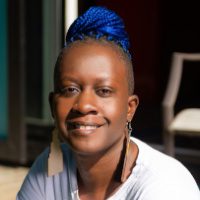
Wanona Satcher is CEO/Founder of Mākhers Studio a for-profit green manufacturing firm and design-build studio headquartered in Atlanta, GA. Over the course of her career, she’s served as an urban designer with a focus on equitable housing policy, landscape architect designer, city planner, and economic developer. Wanona holds both a Masters of Landscape Architecture and a Masters in Community Planning from Auburn University. Wanona also graduated from the Dartmouth College Tuck School of Business Executive Education Diversity Business Program.
